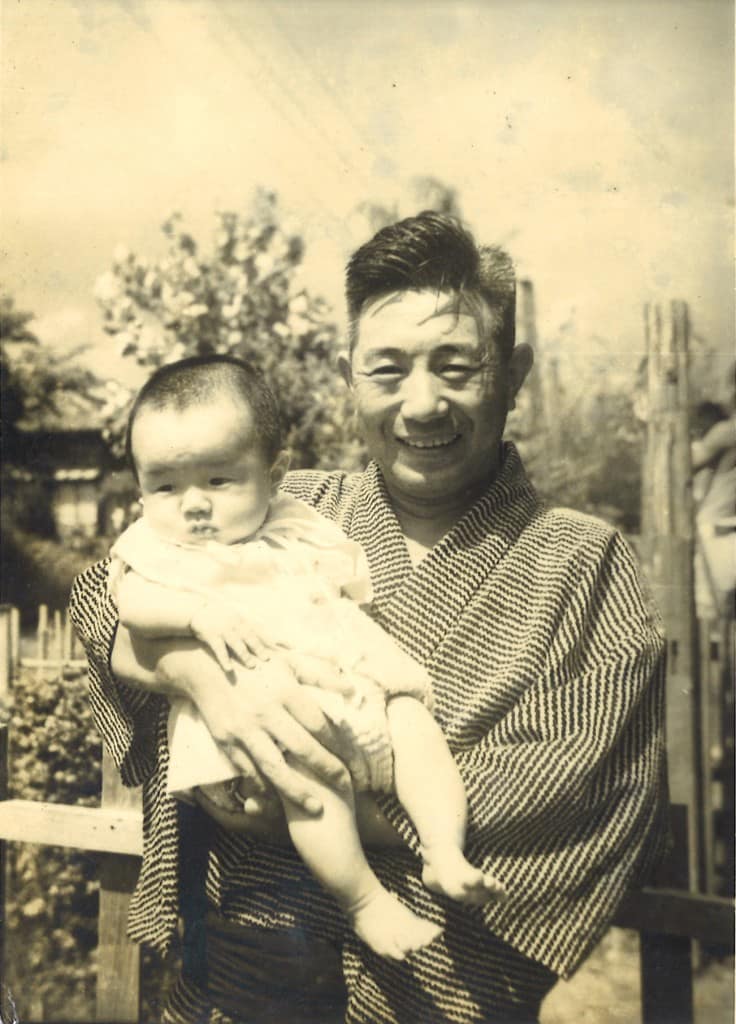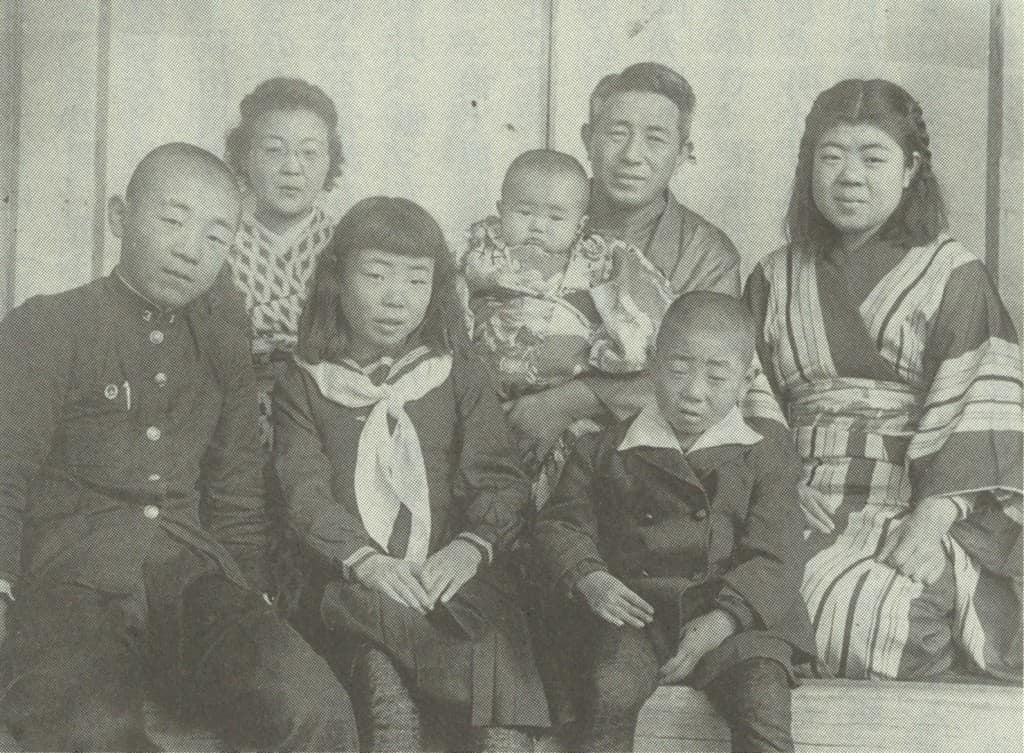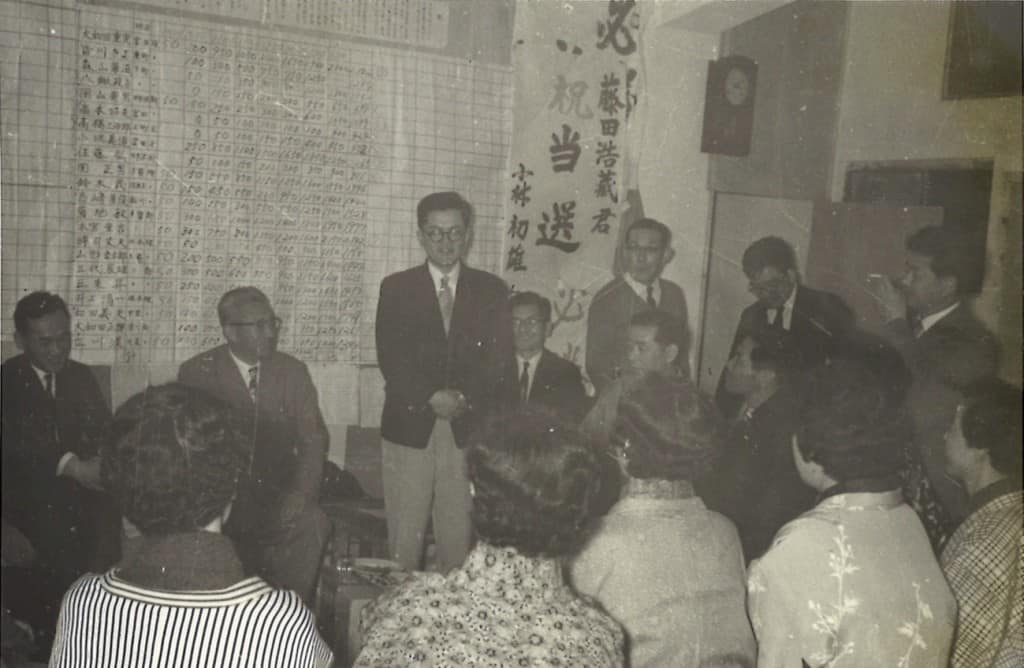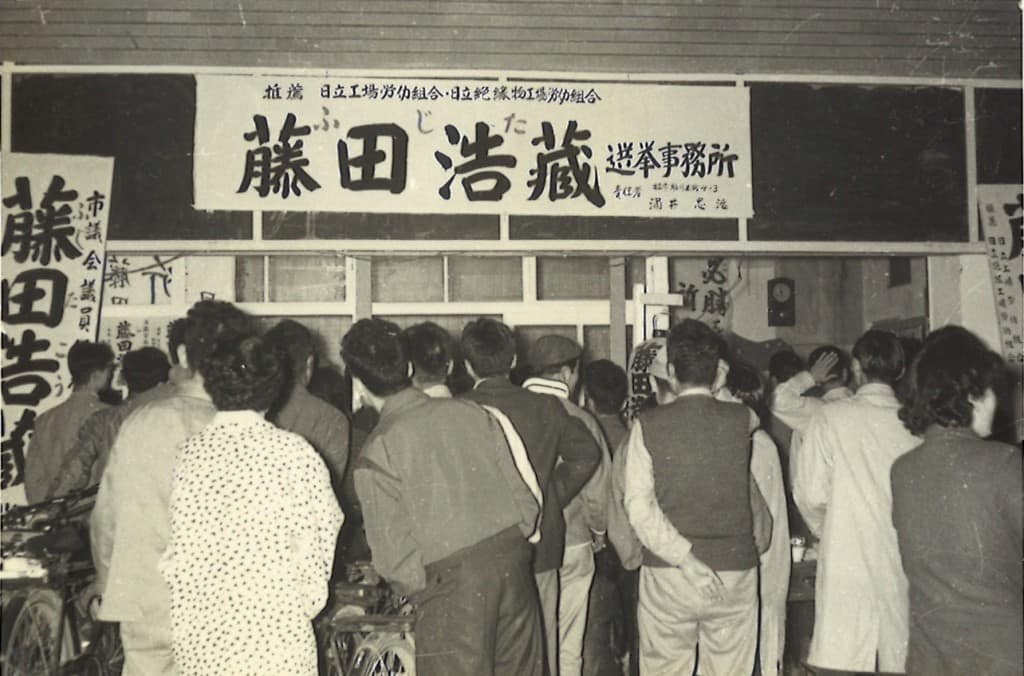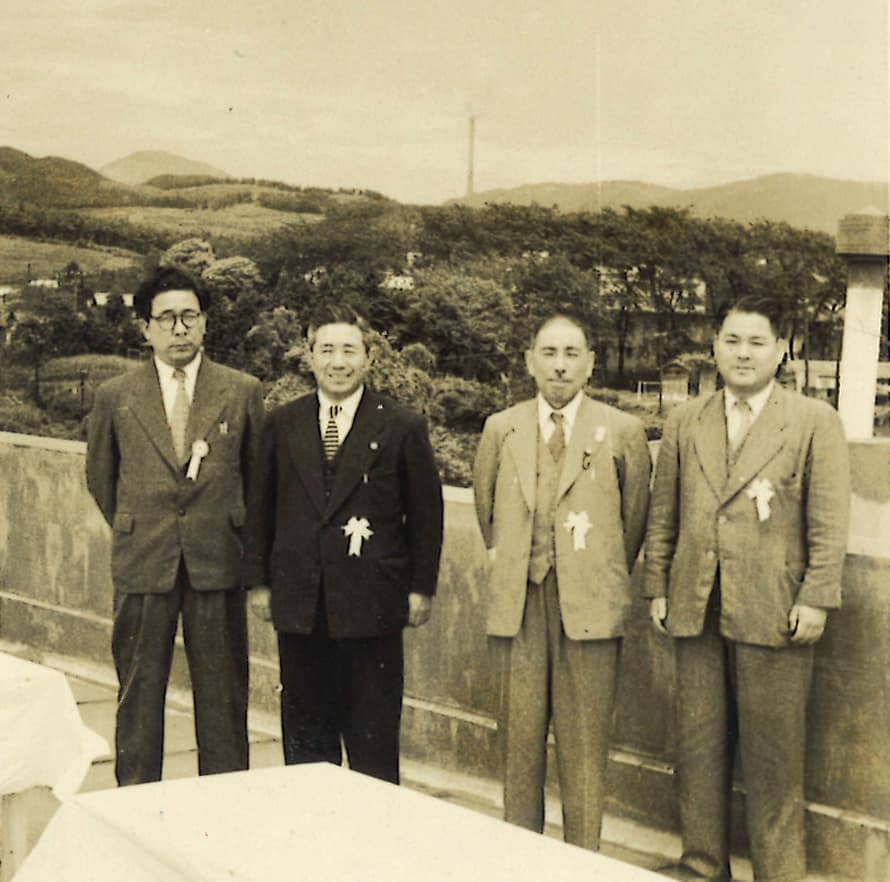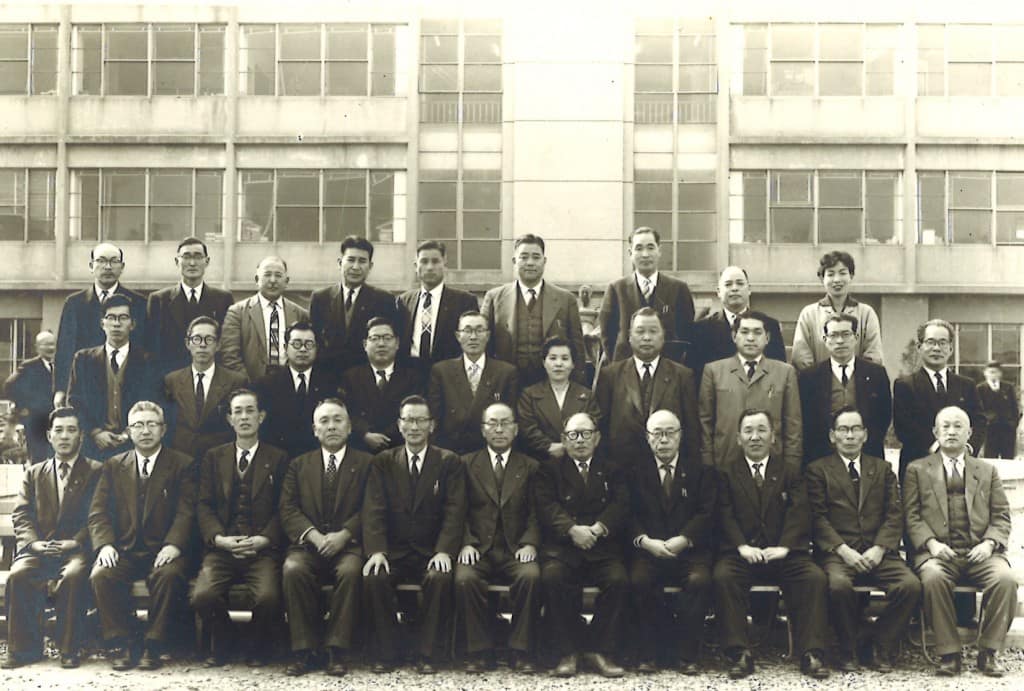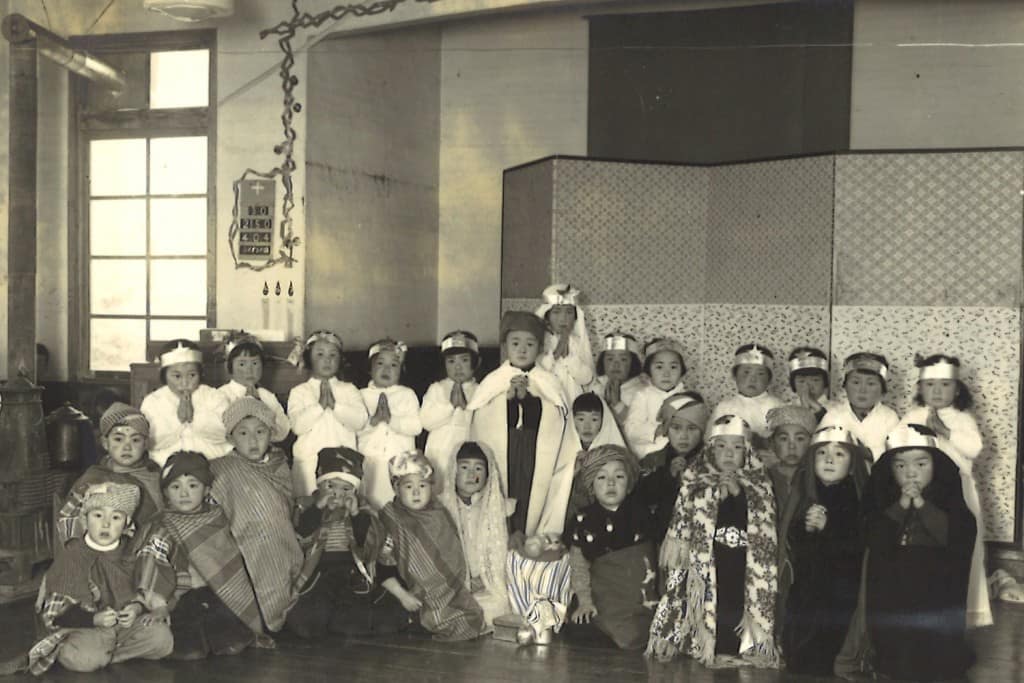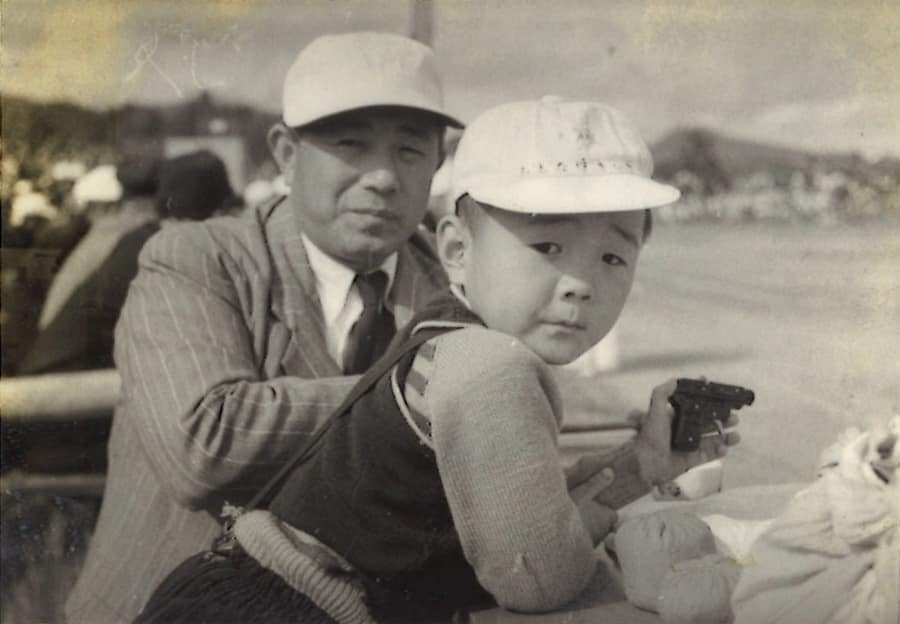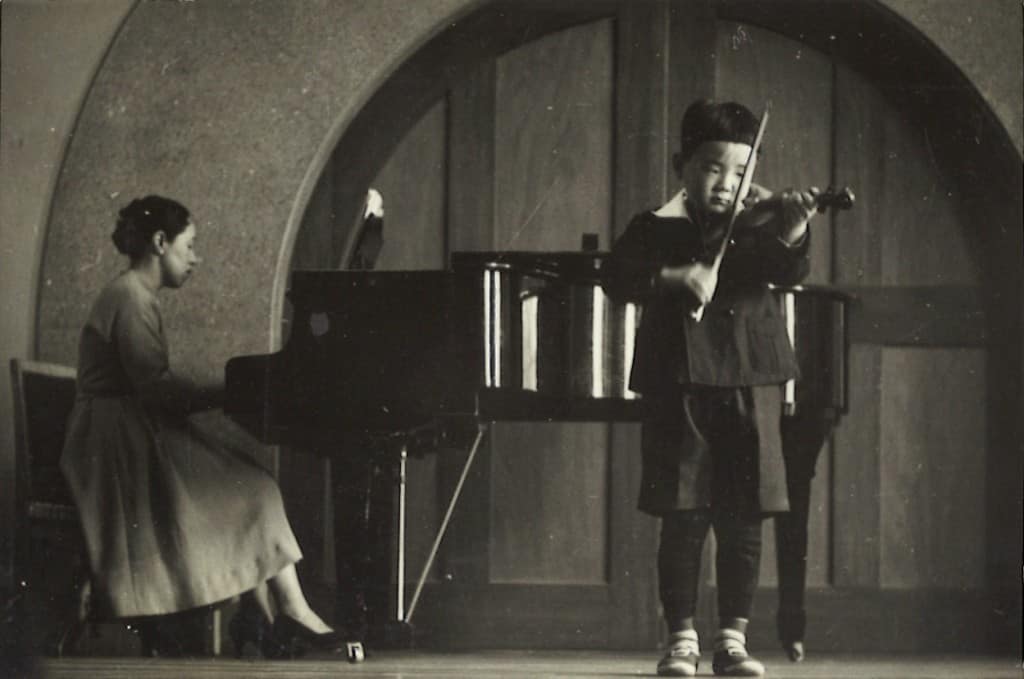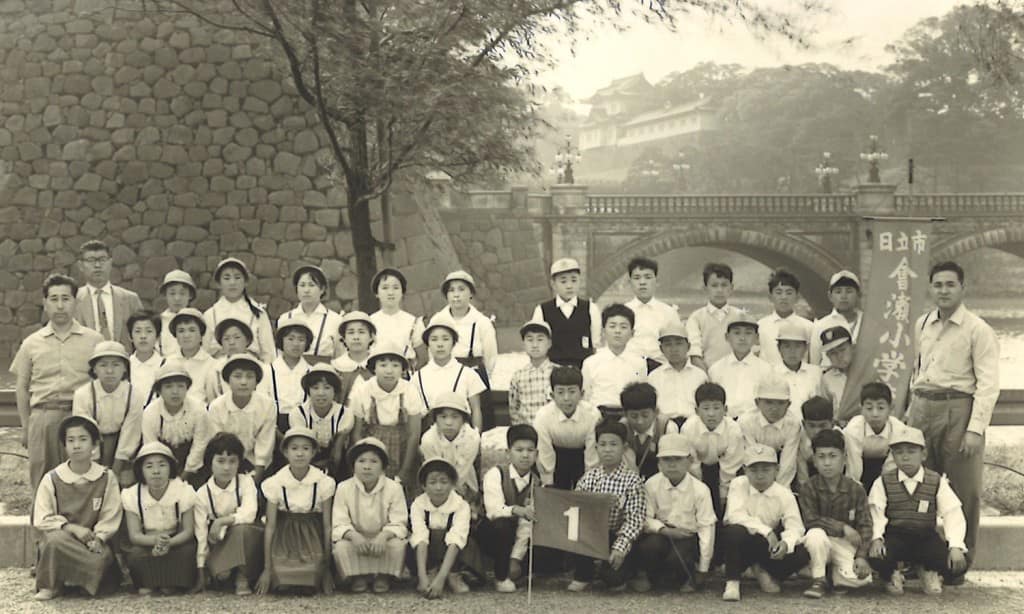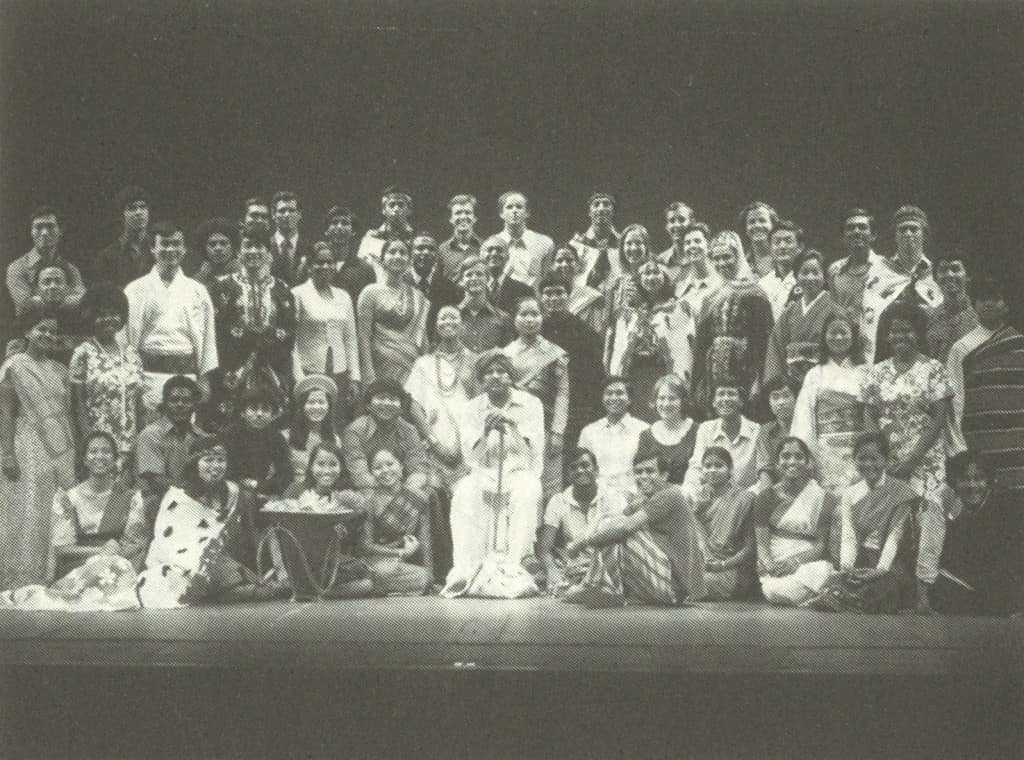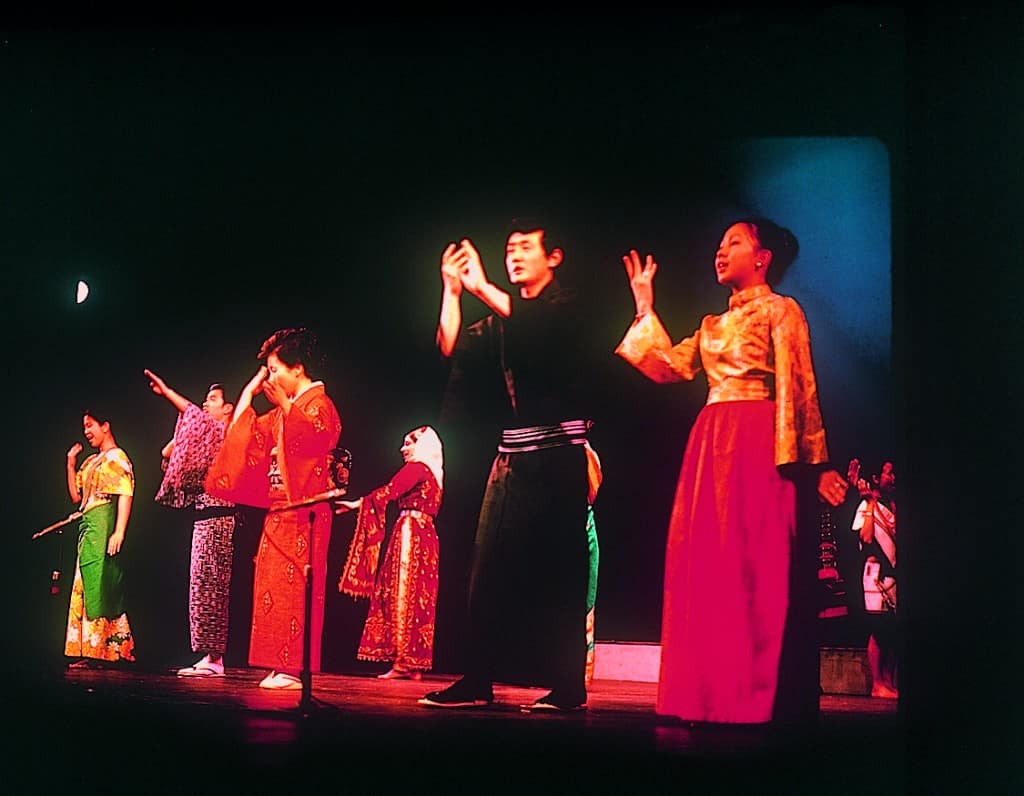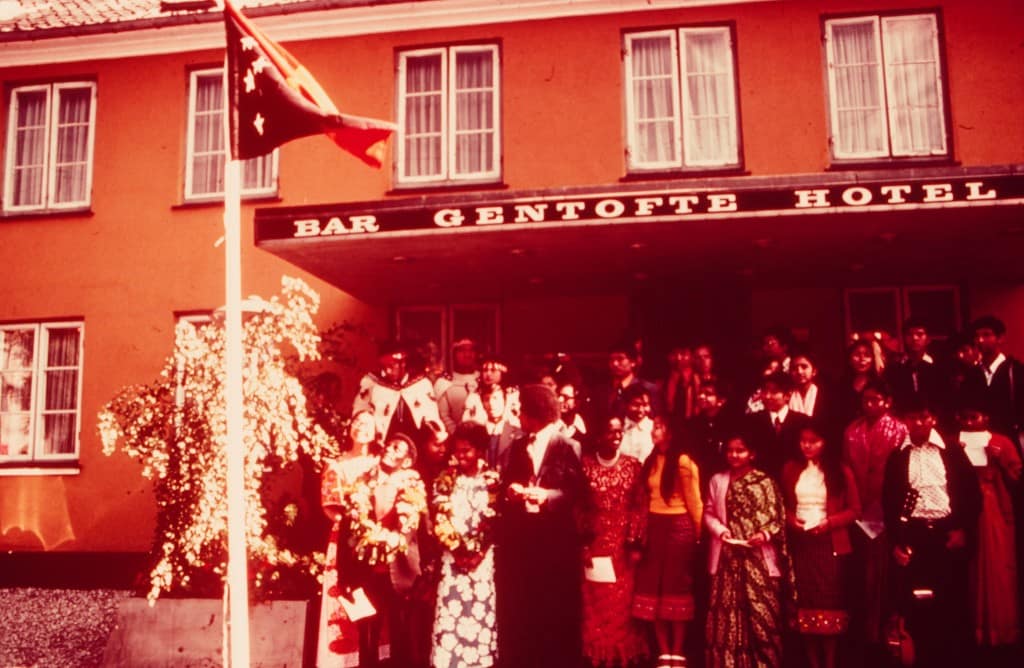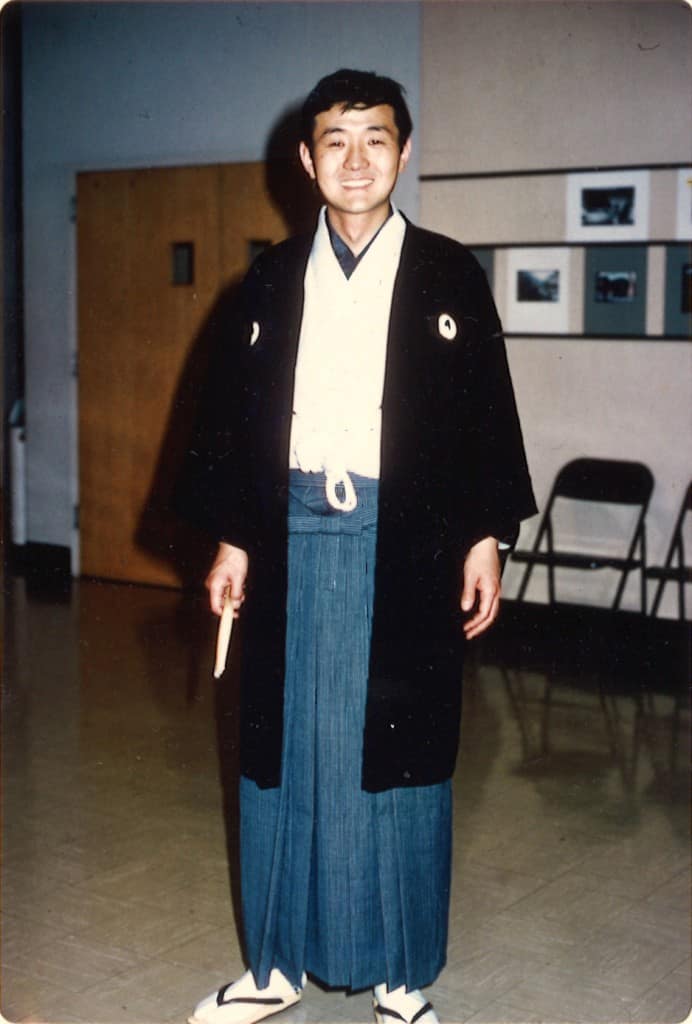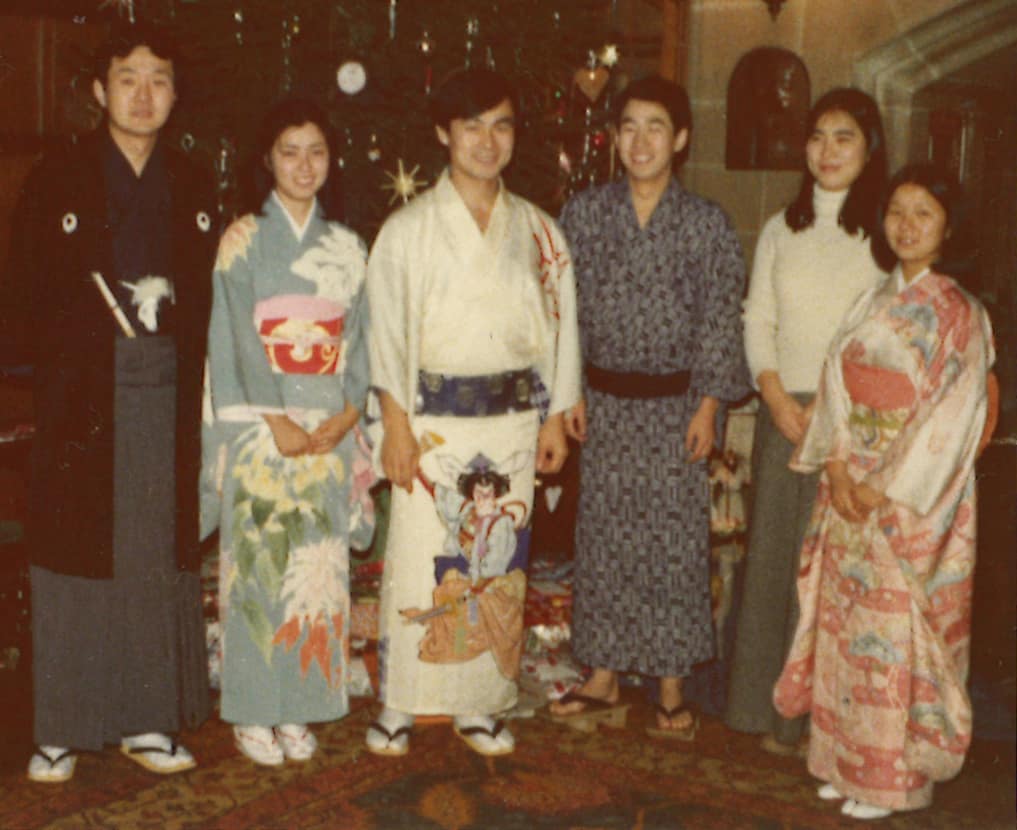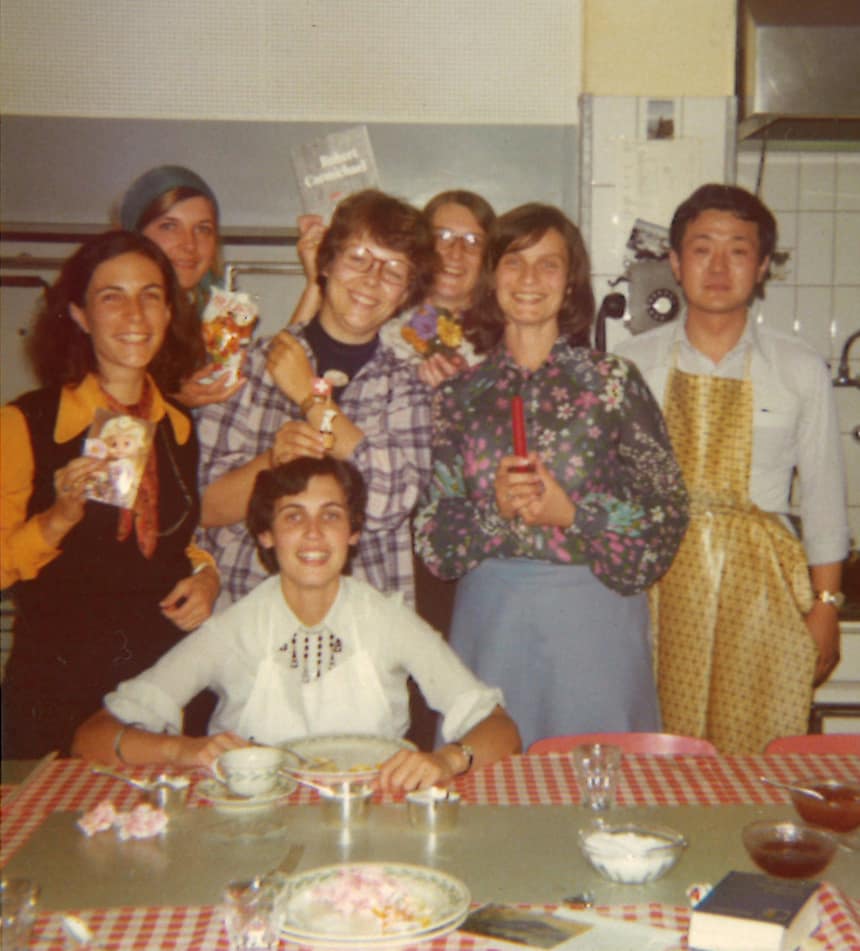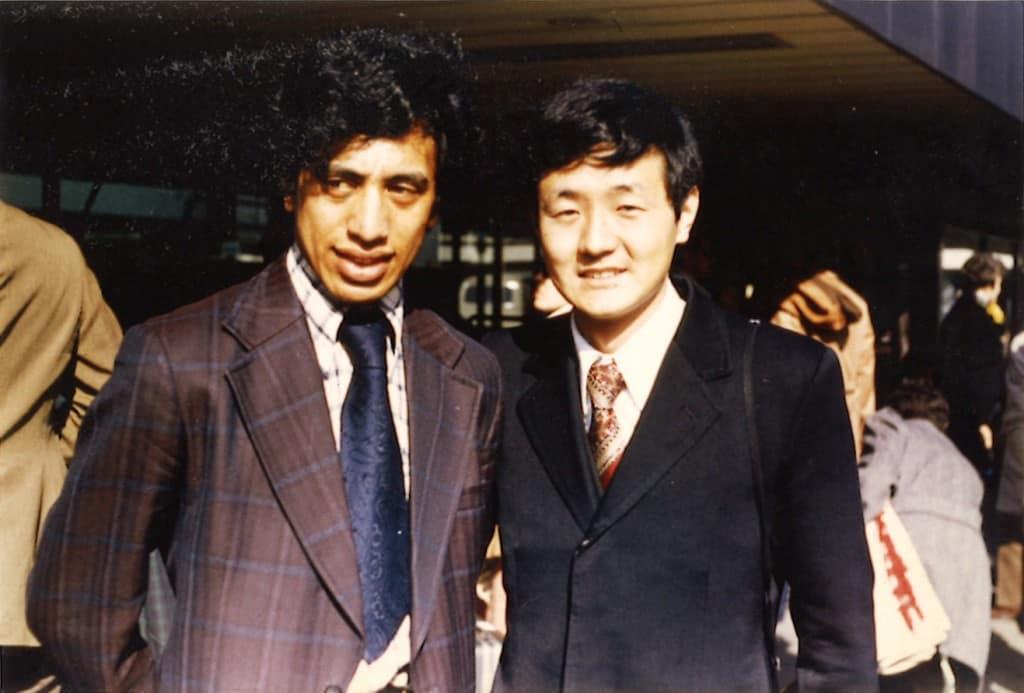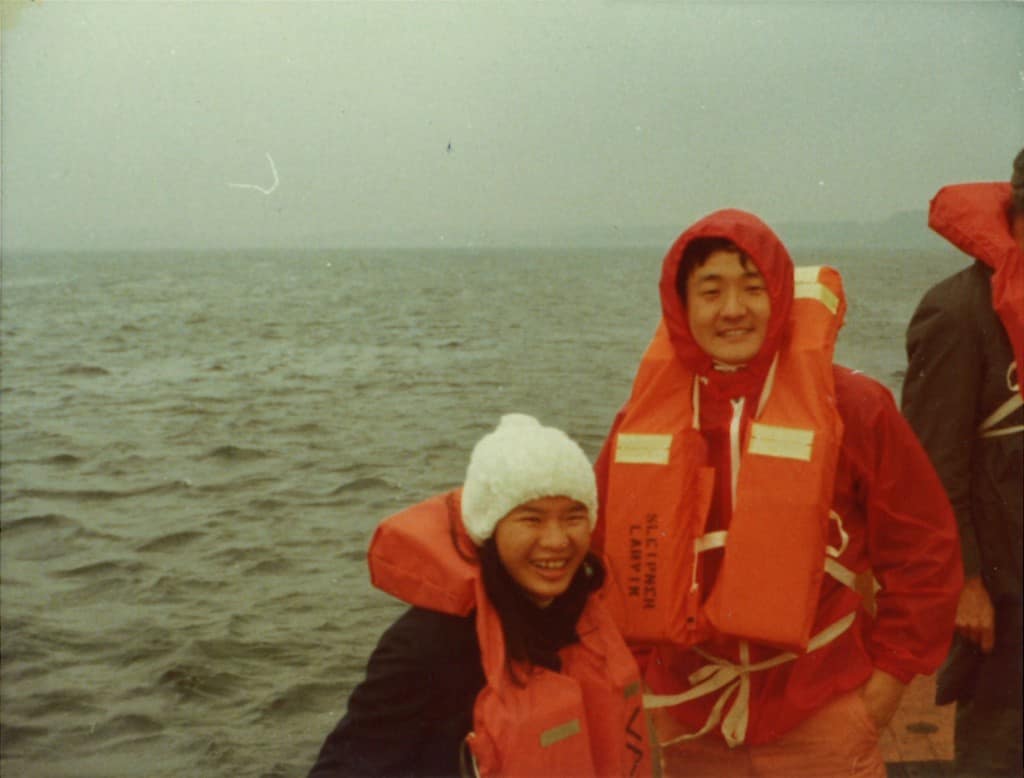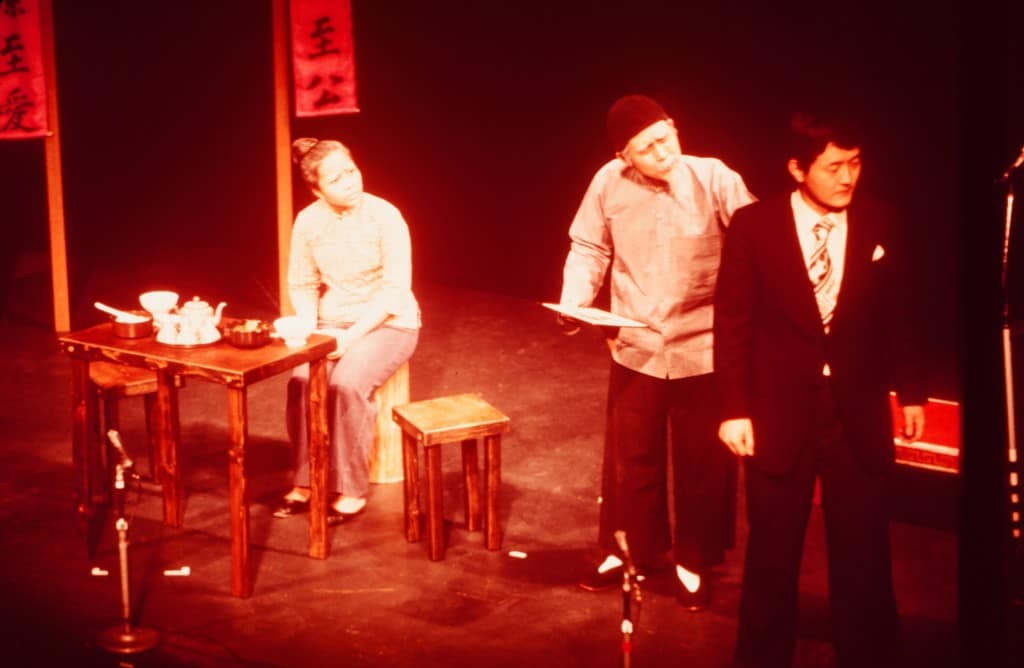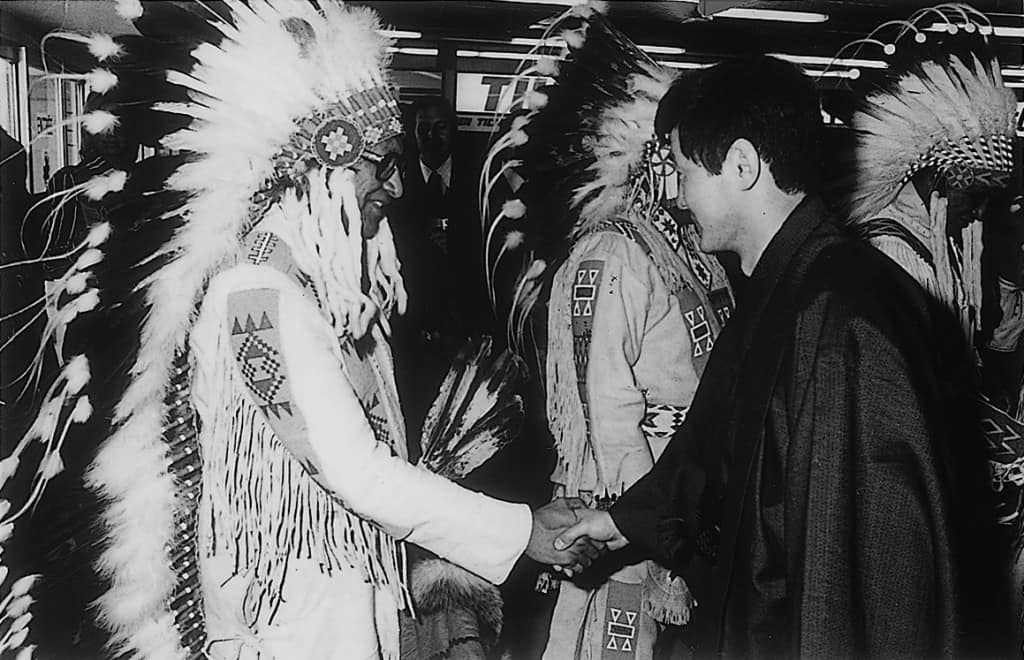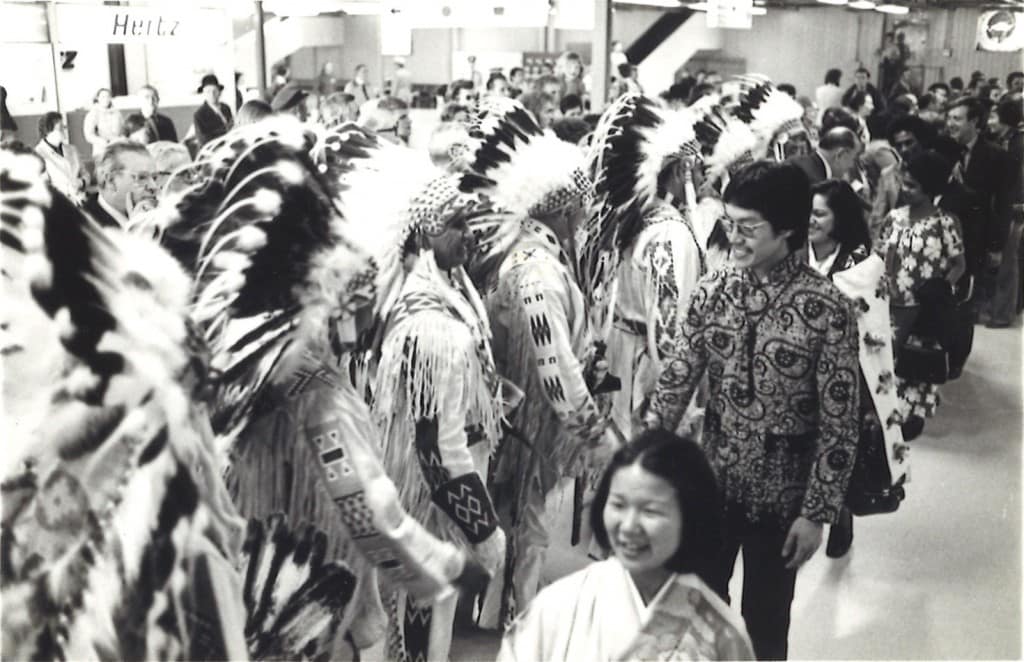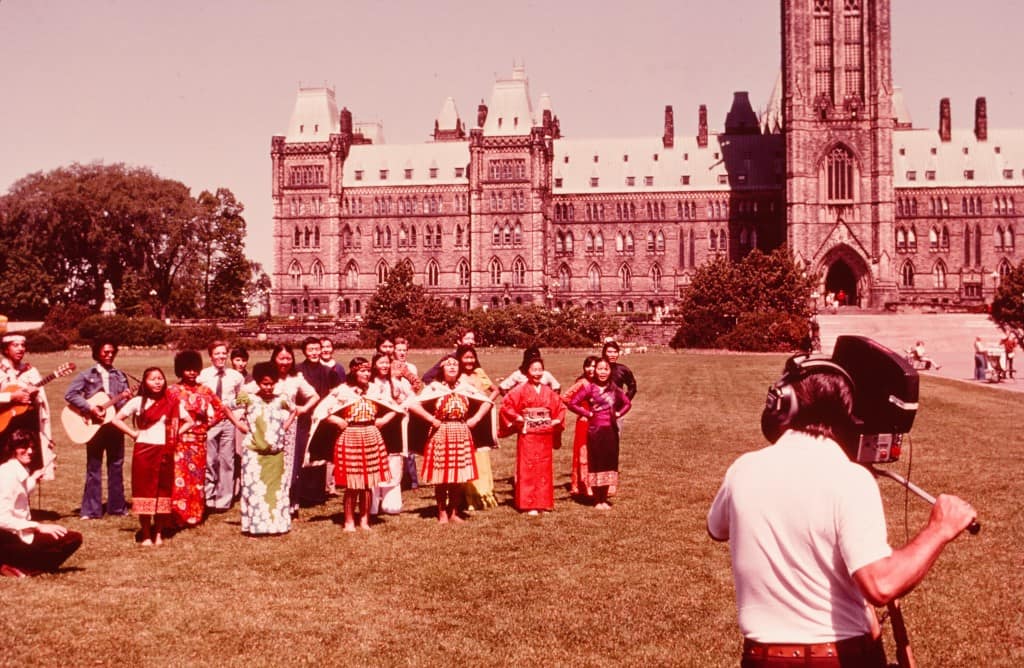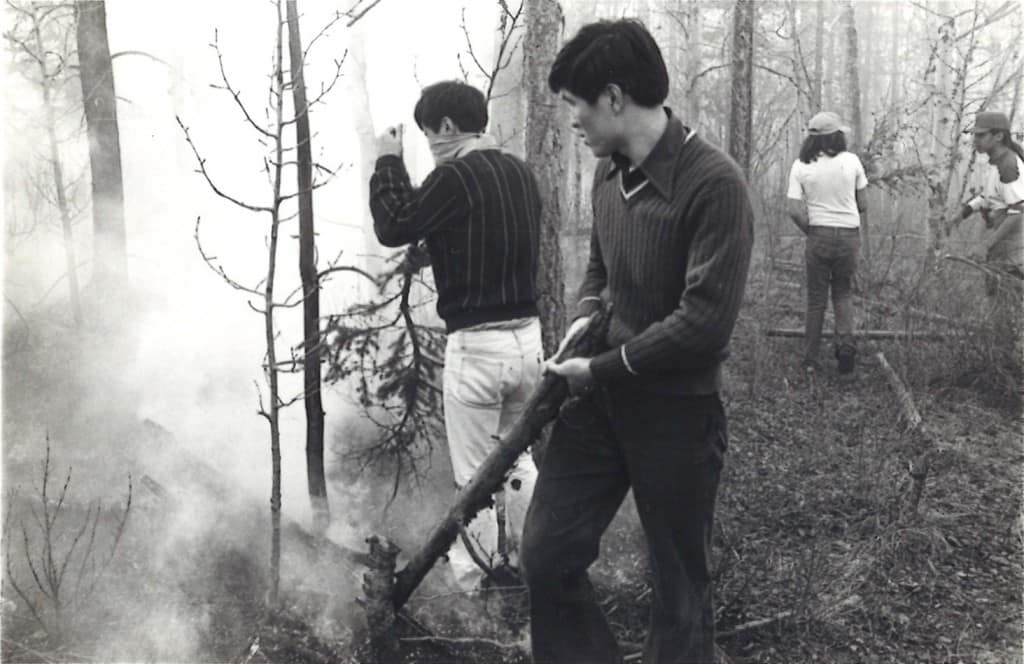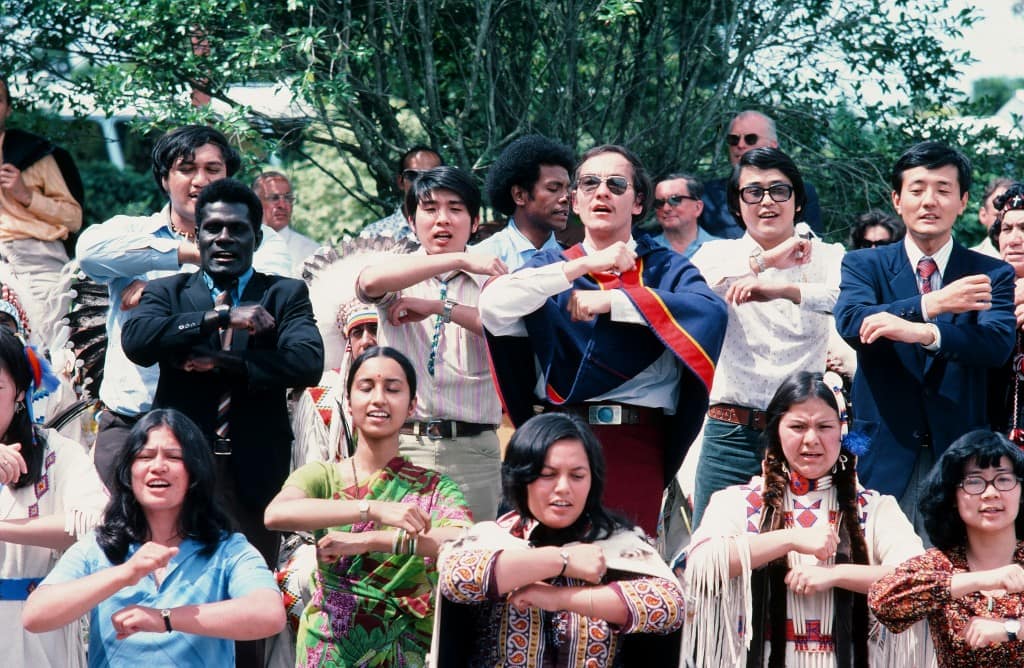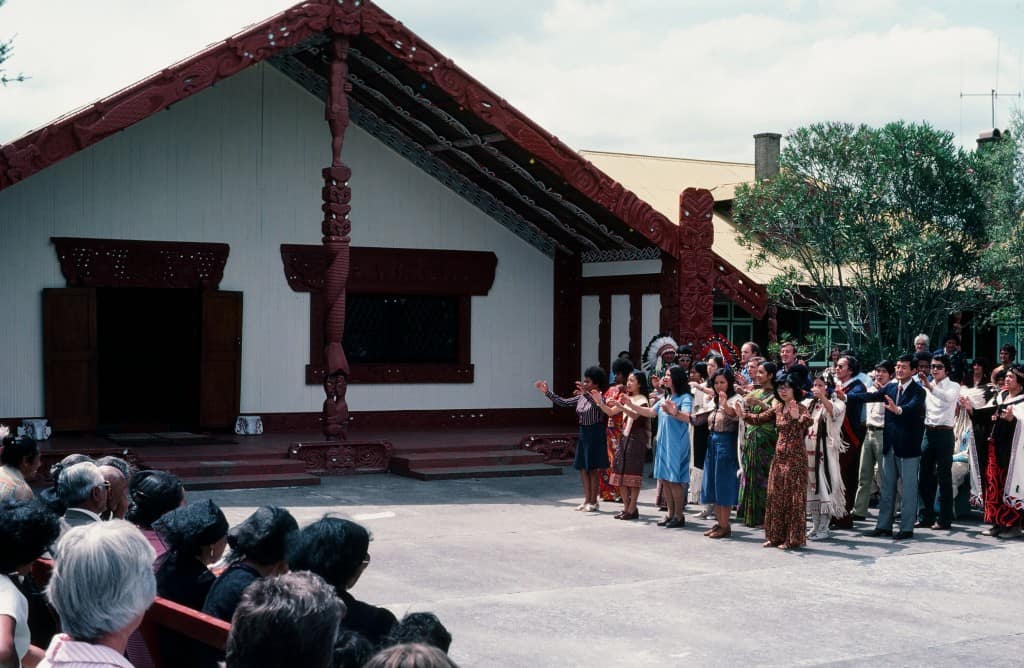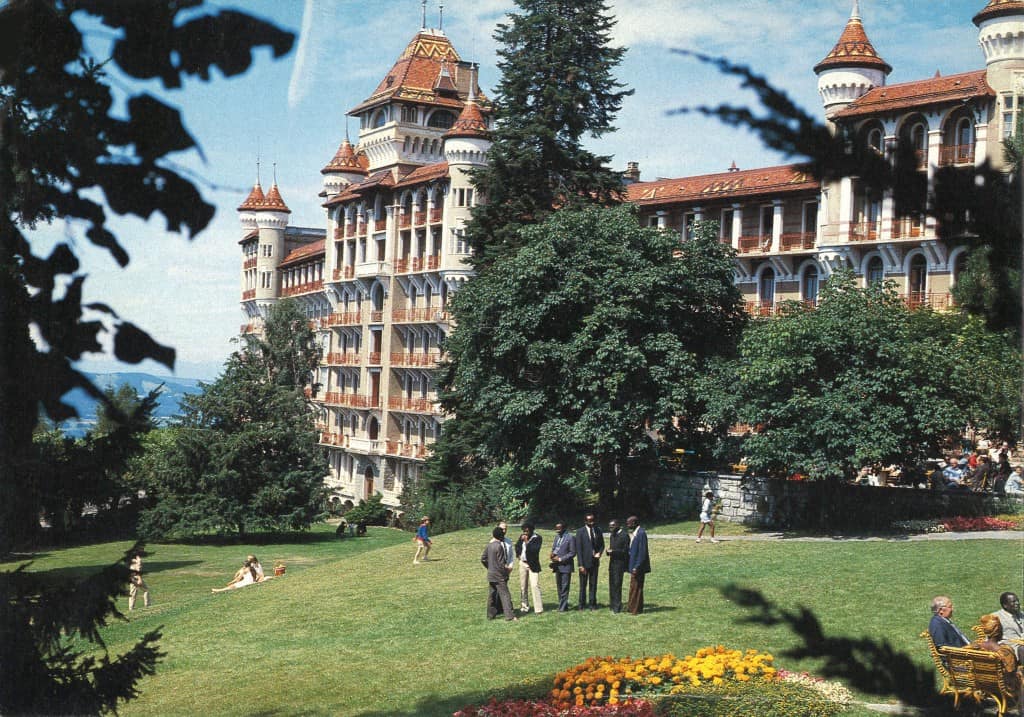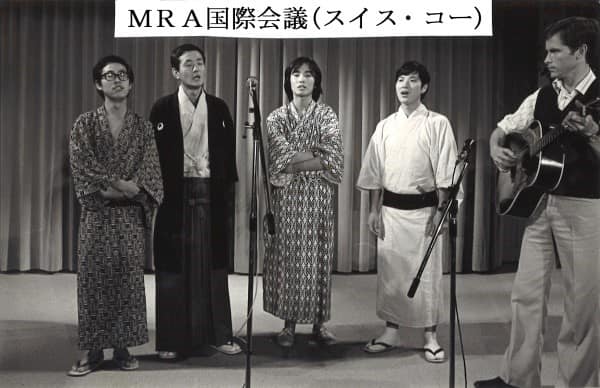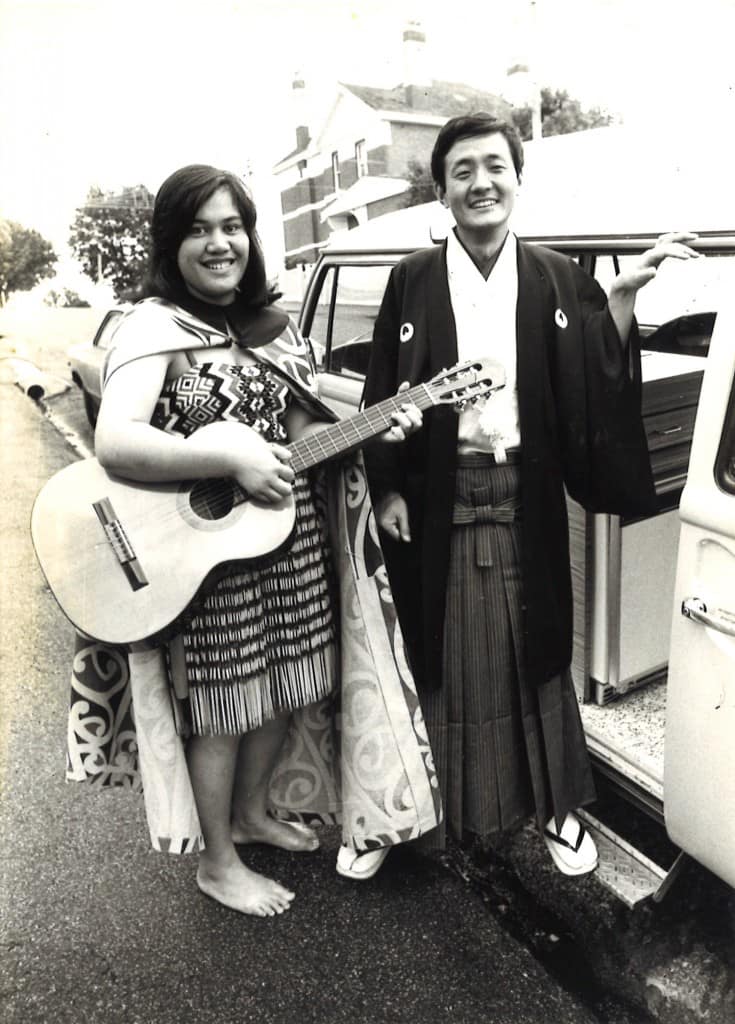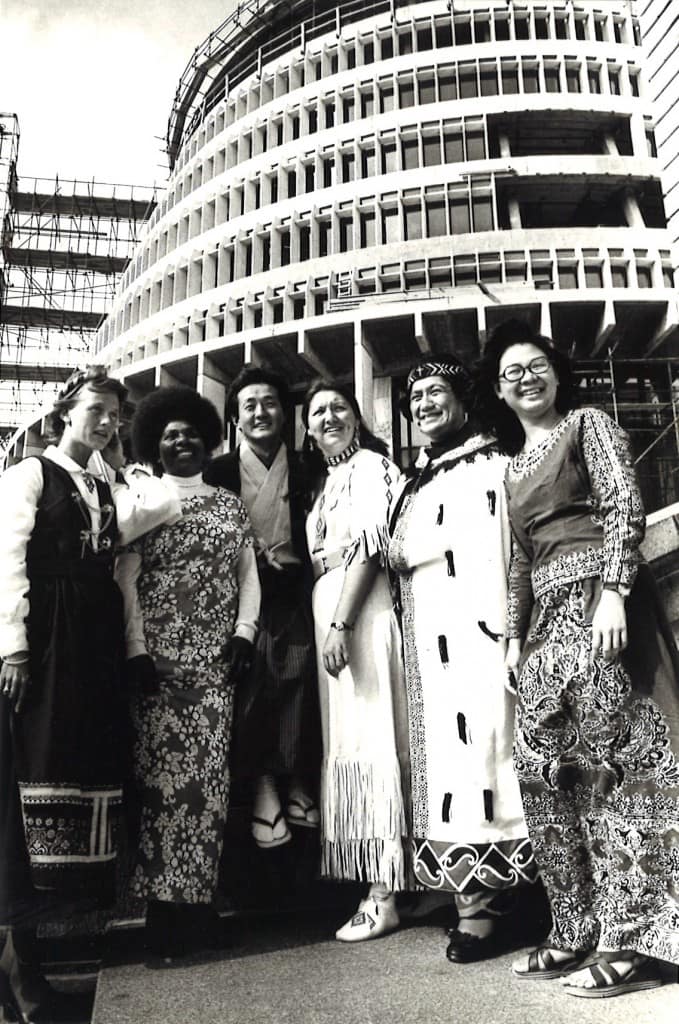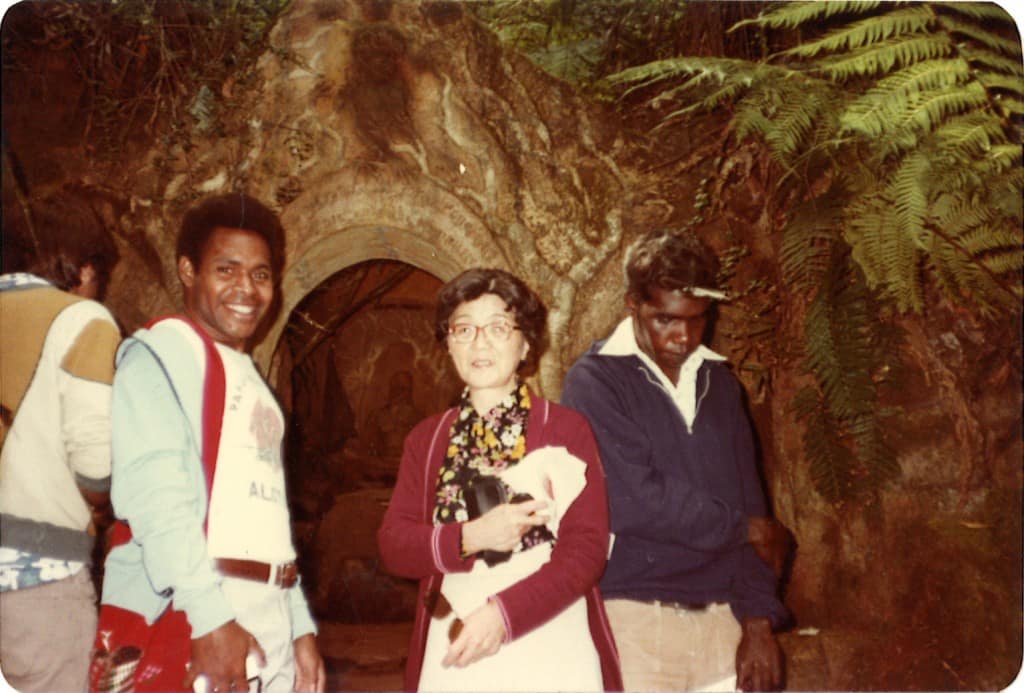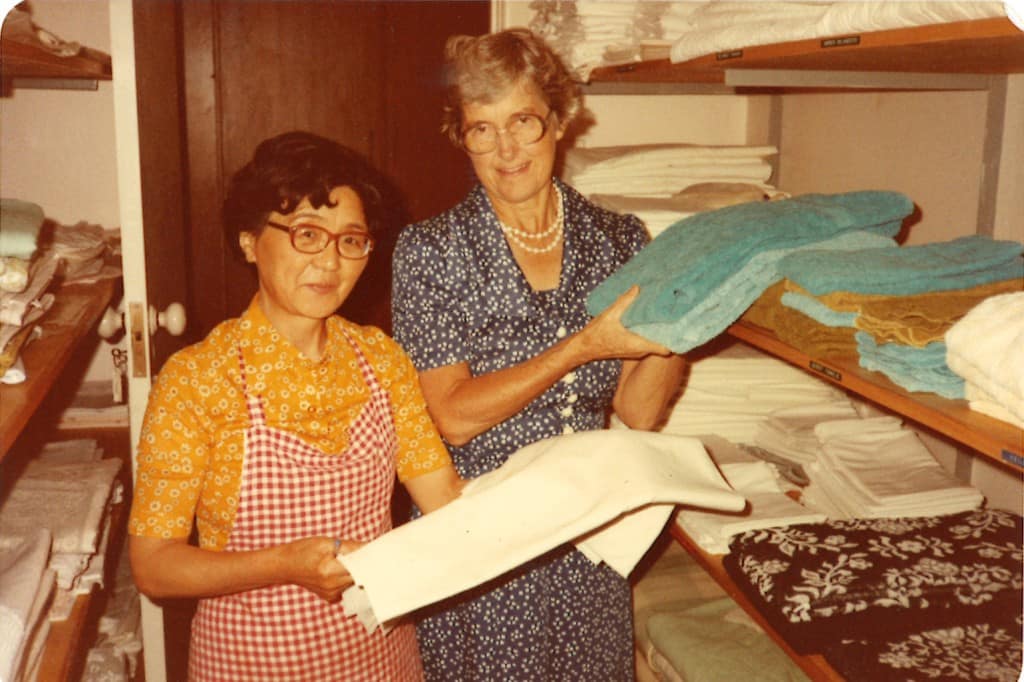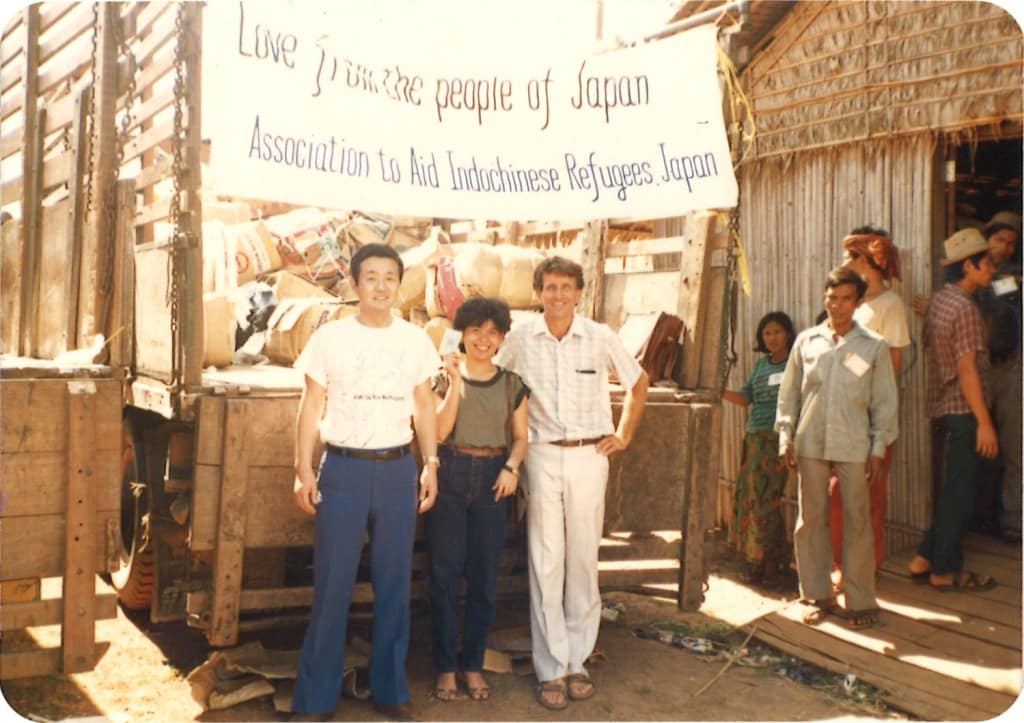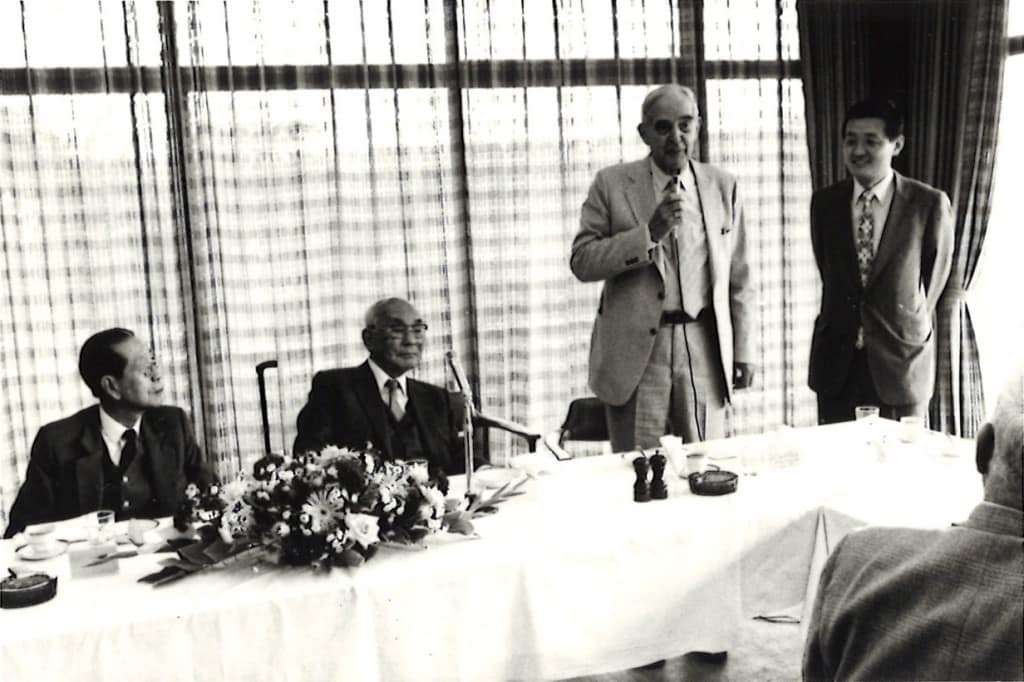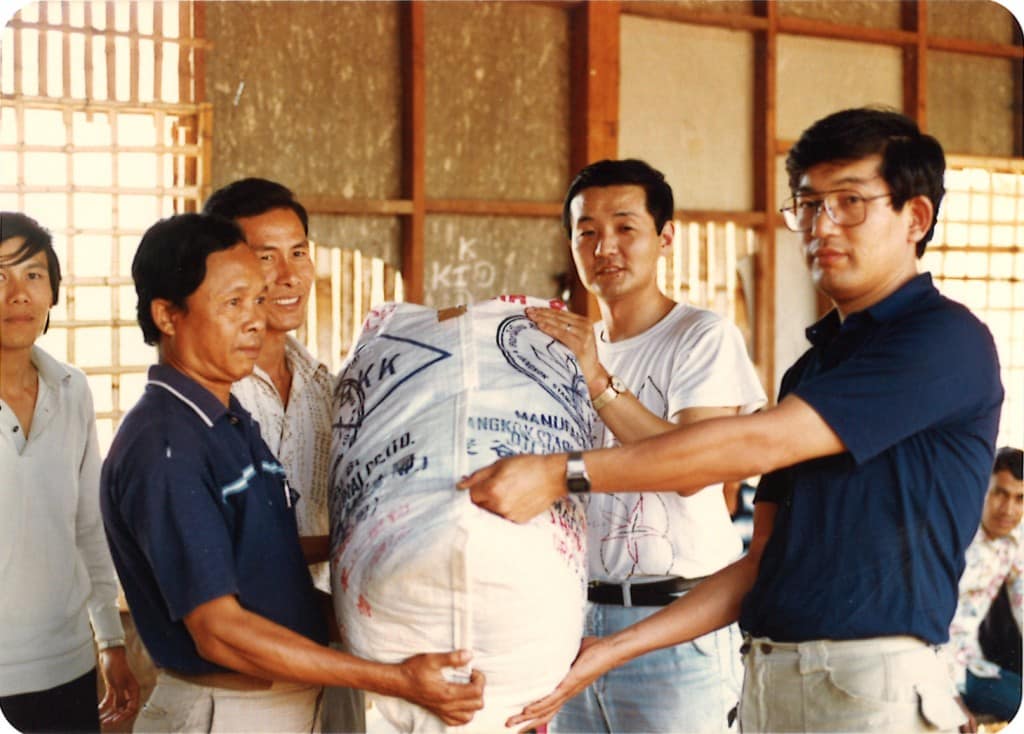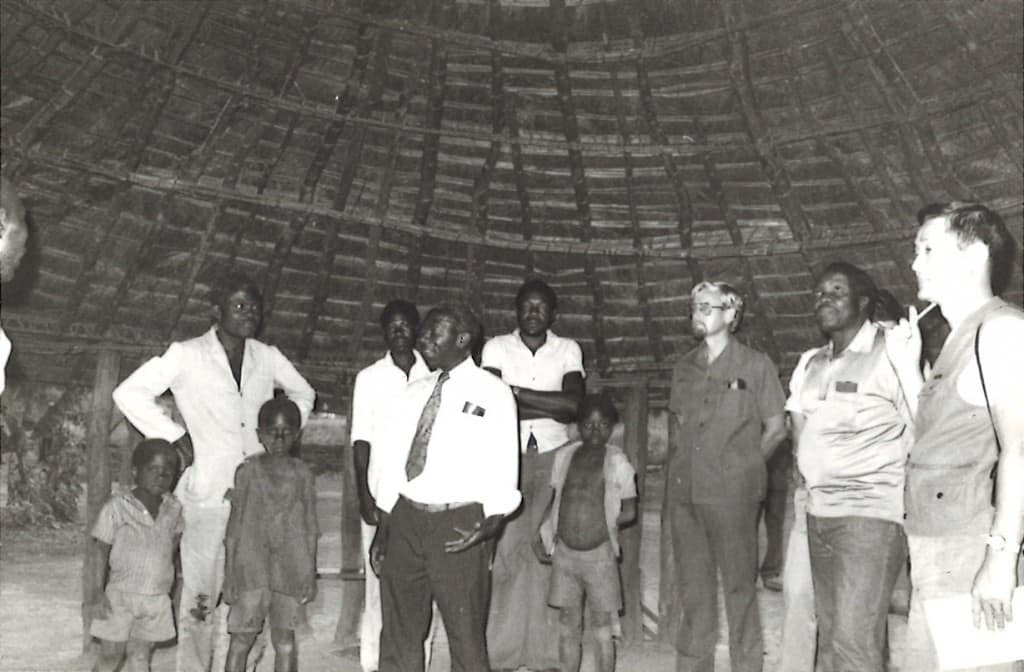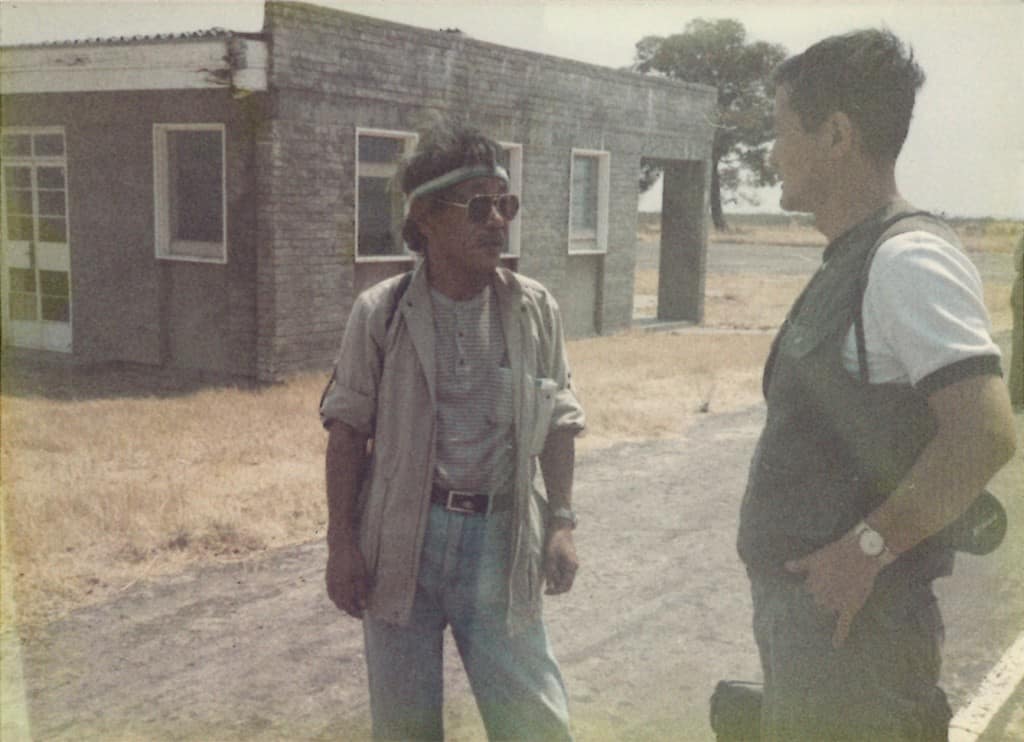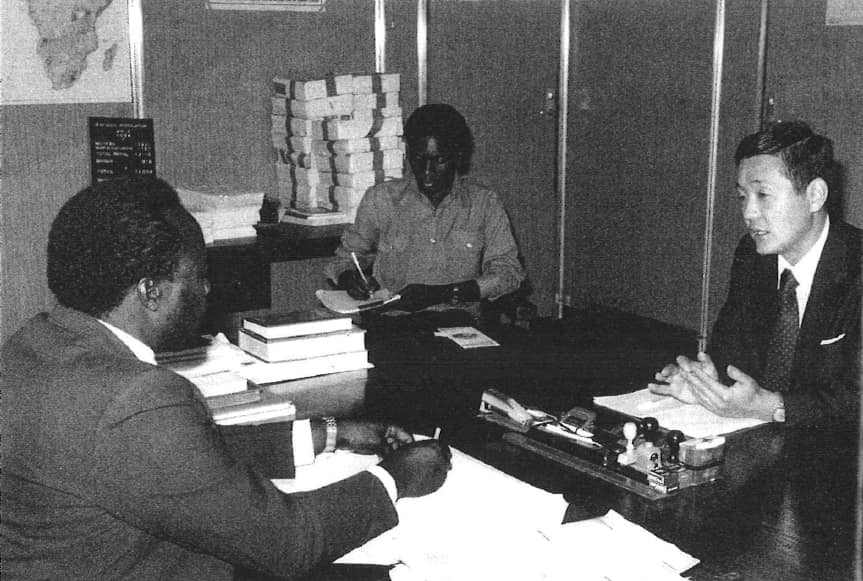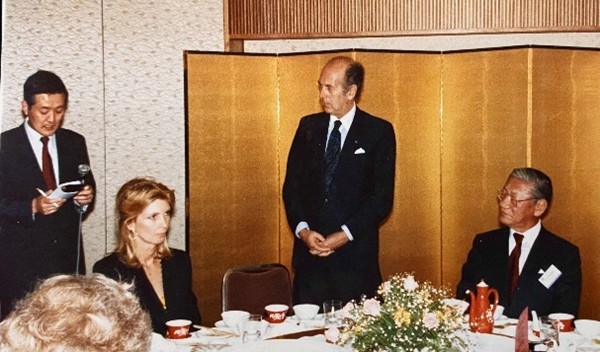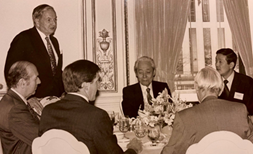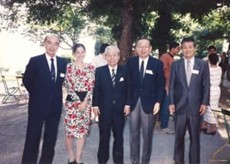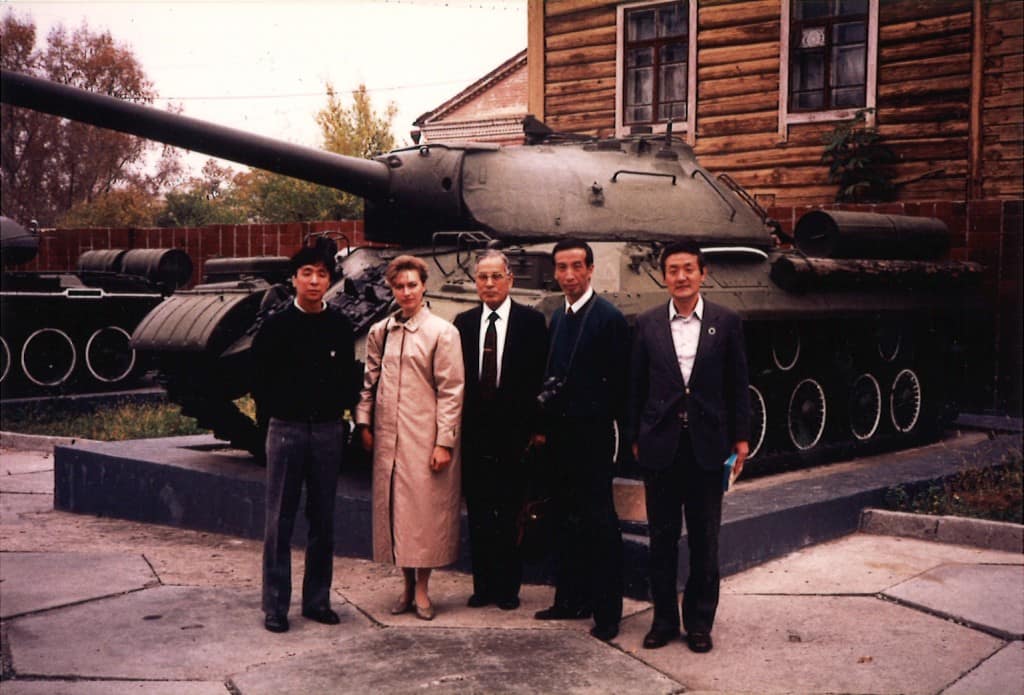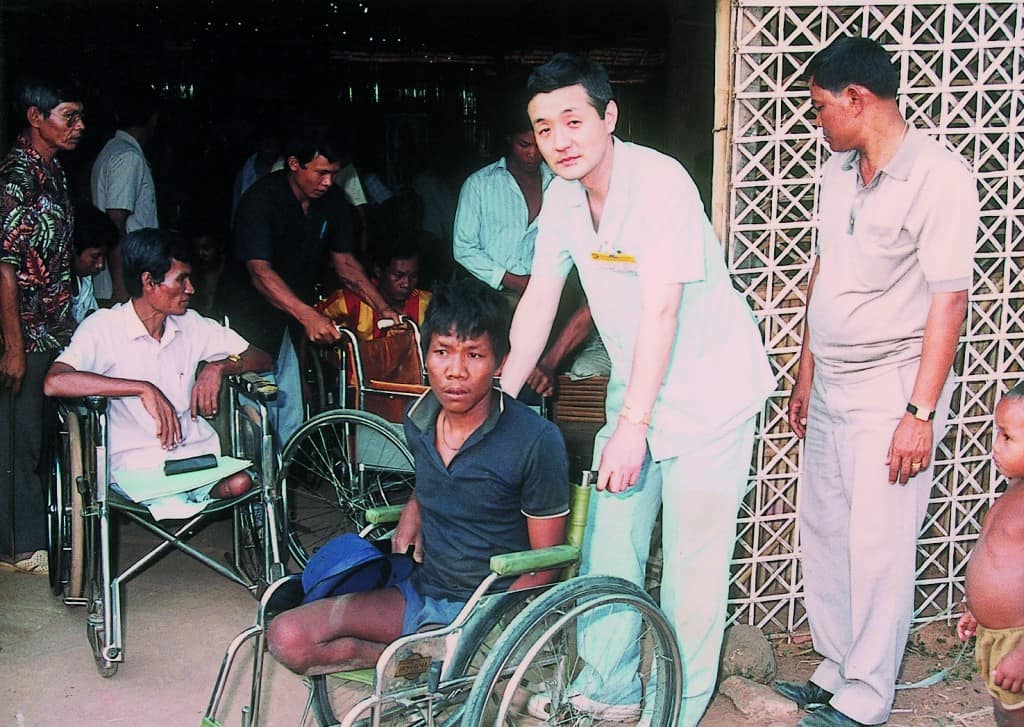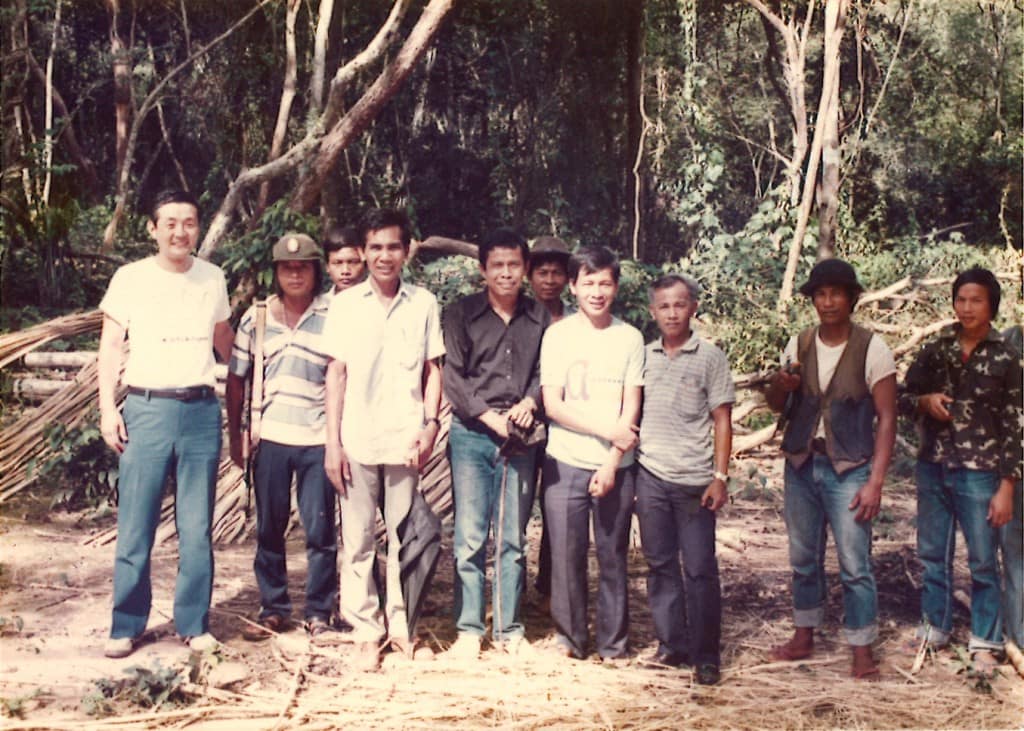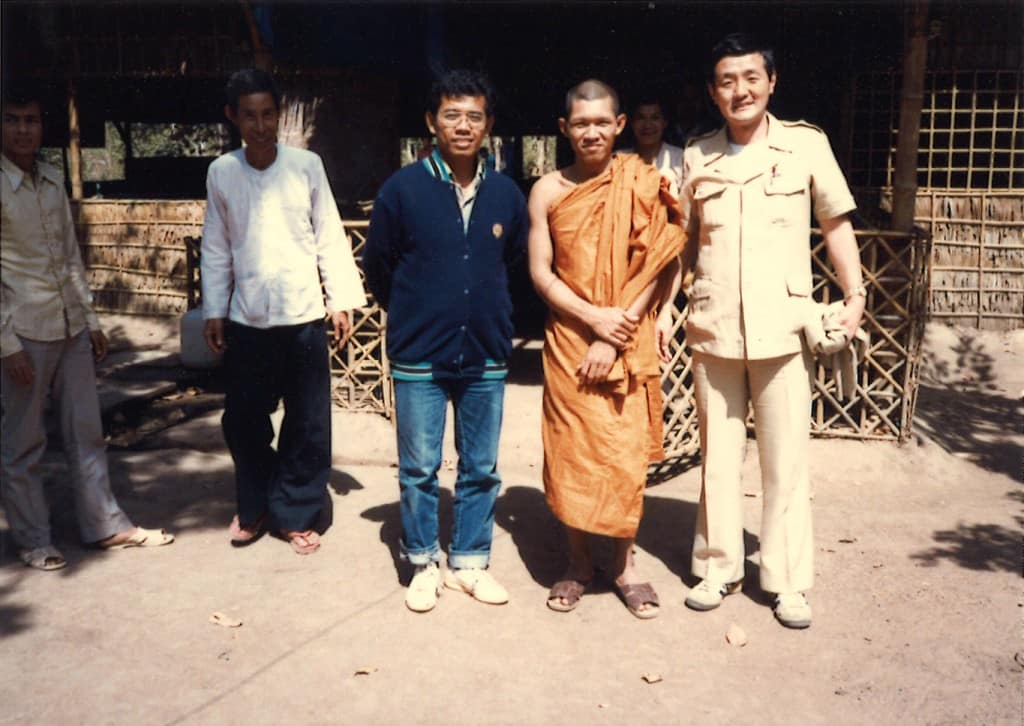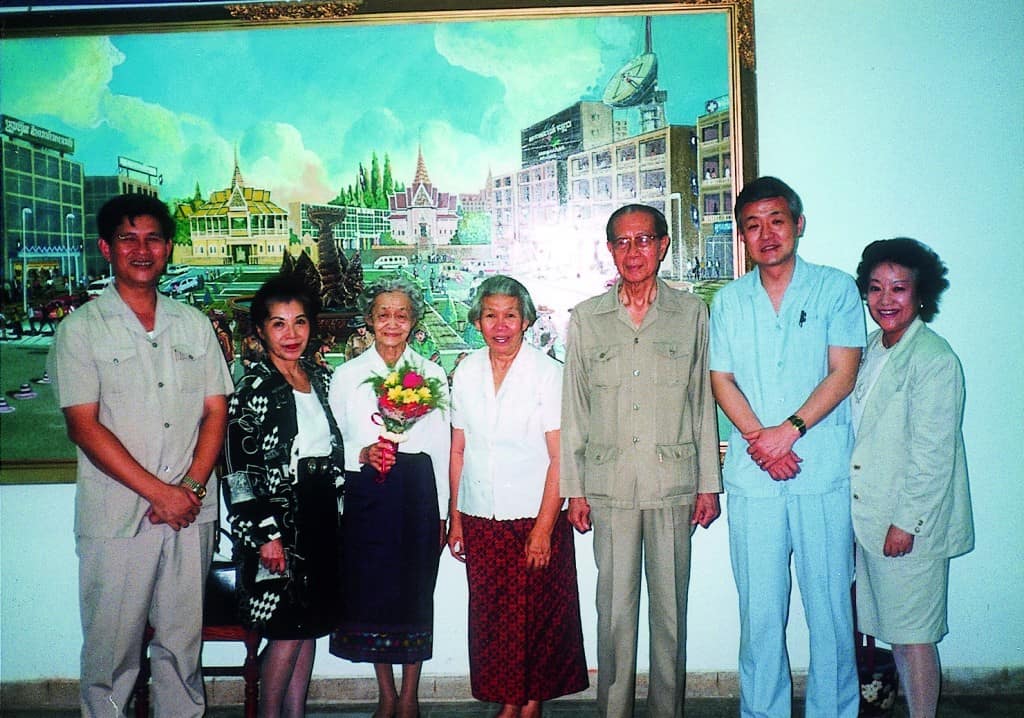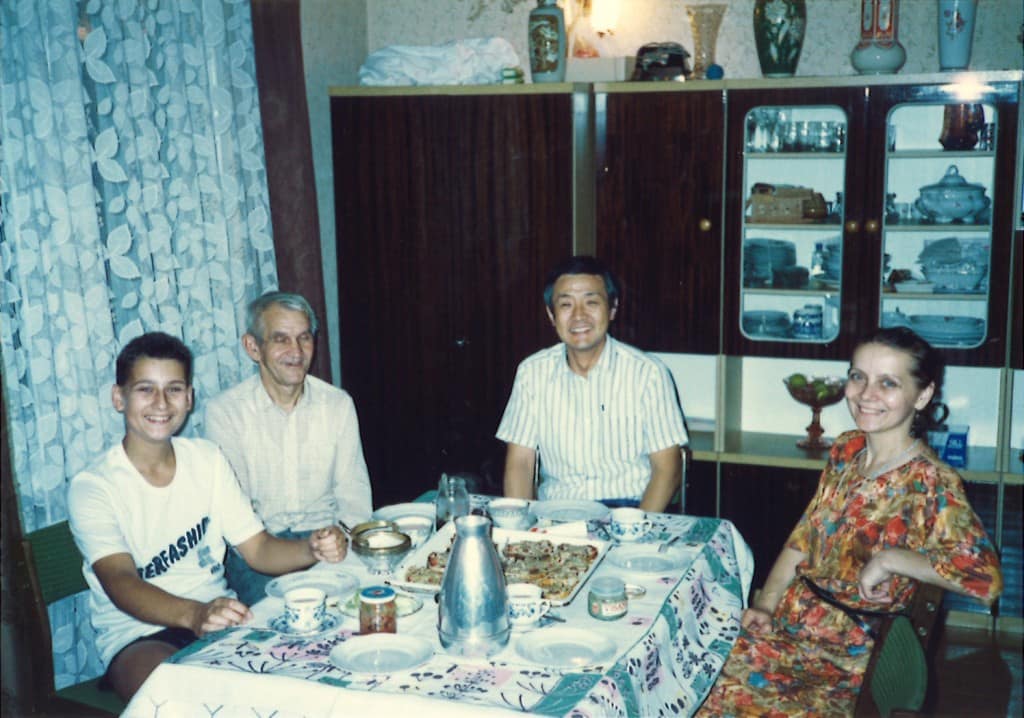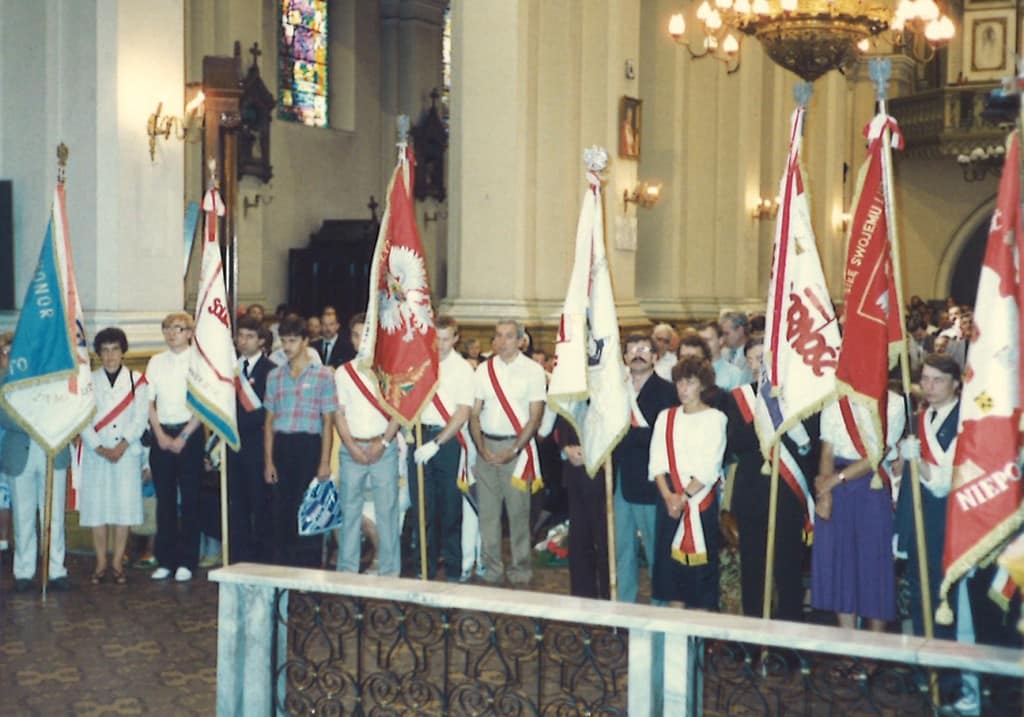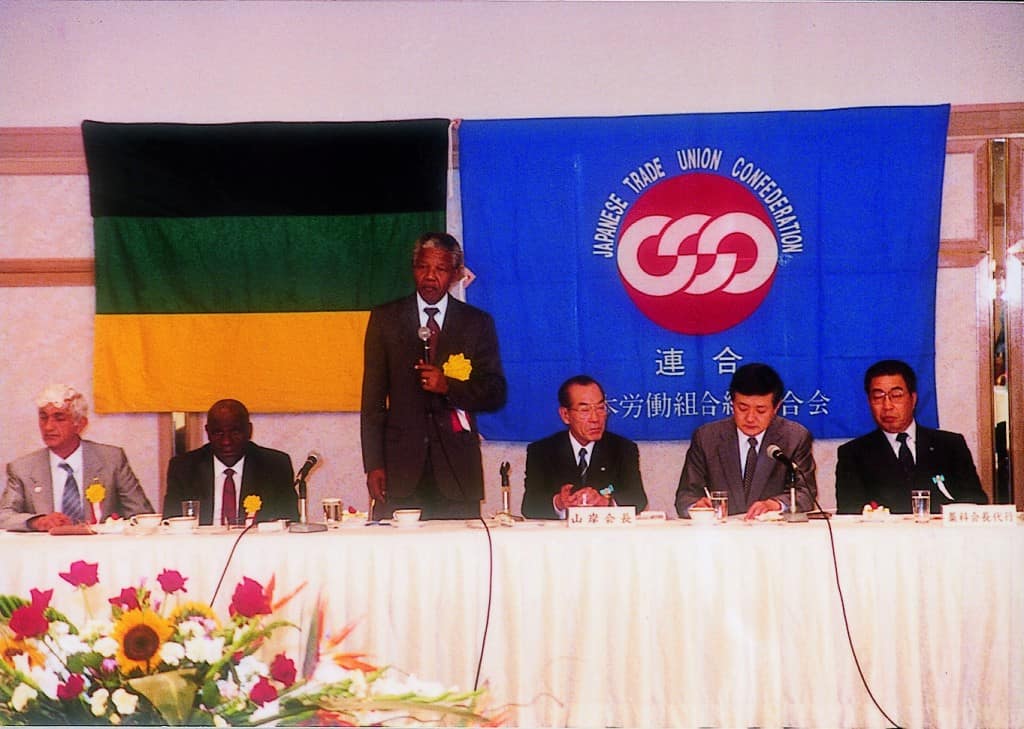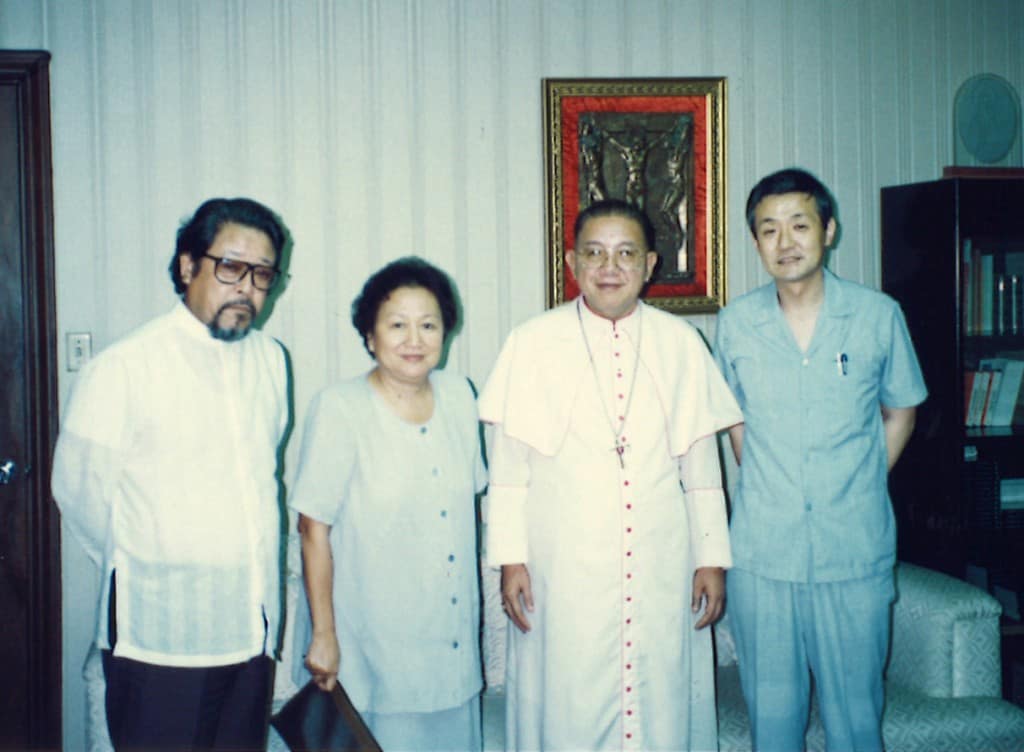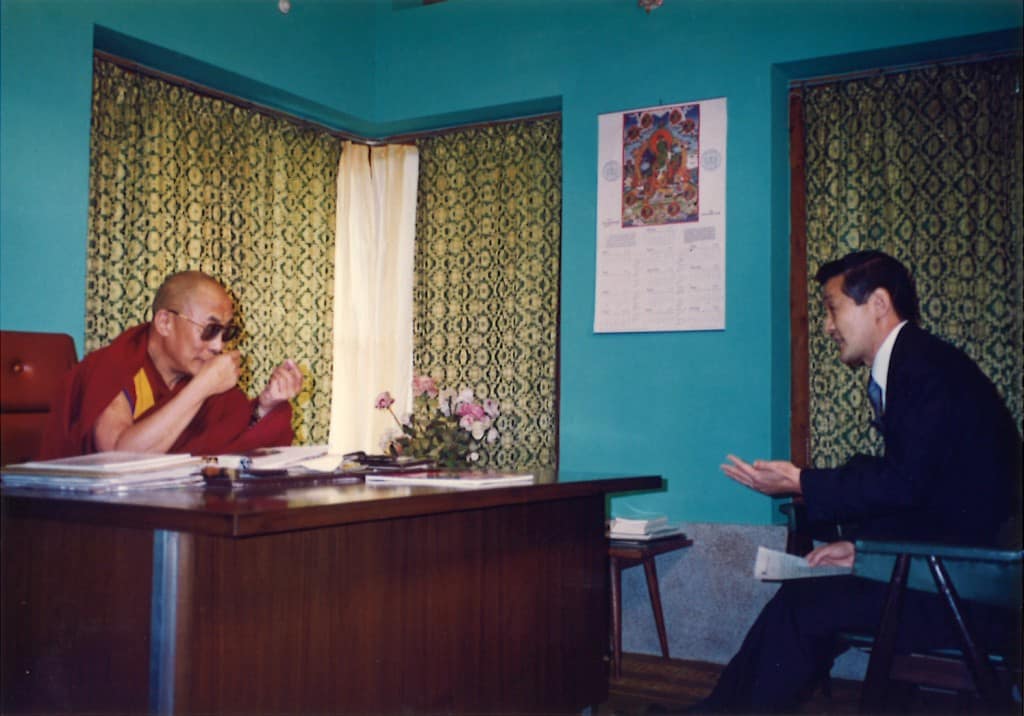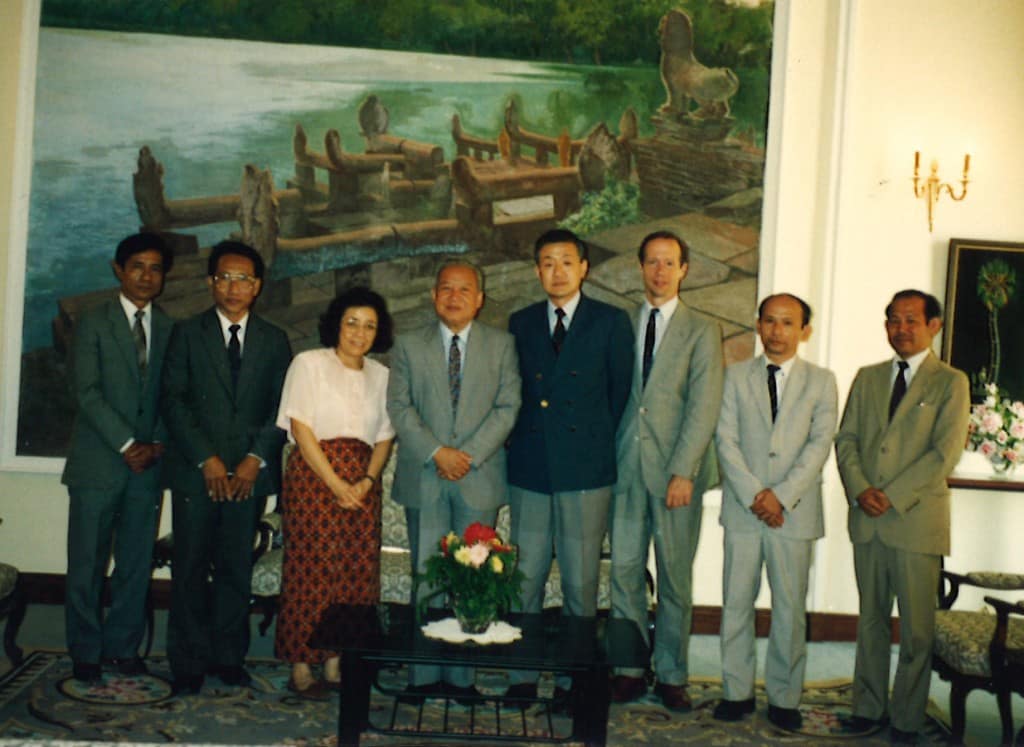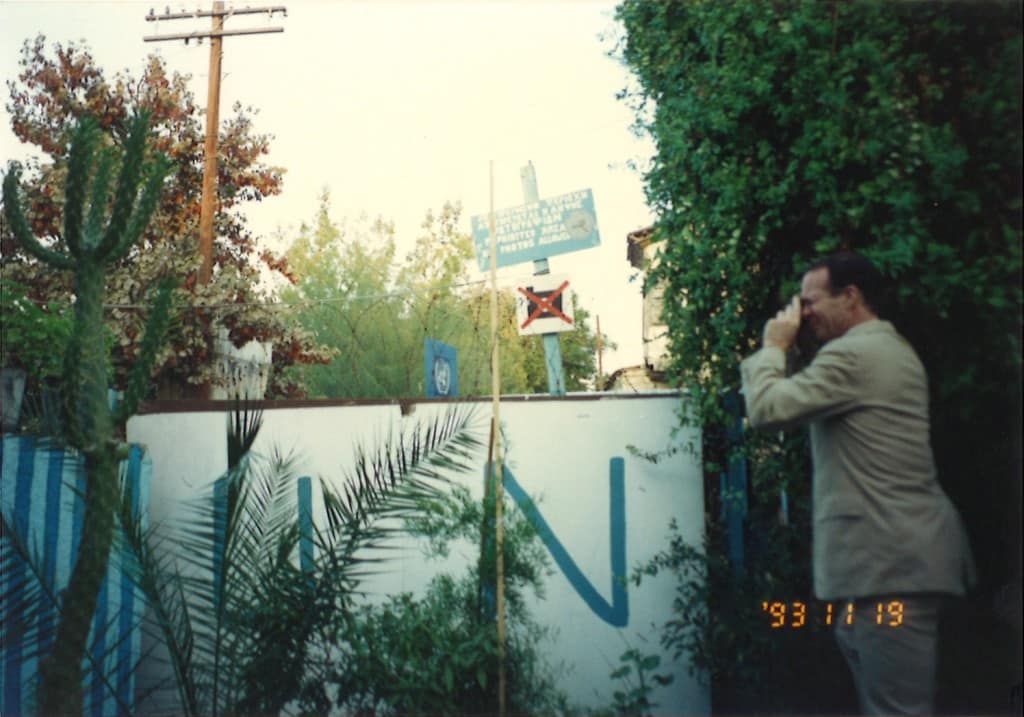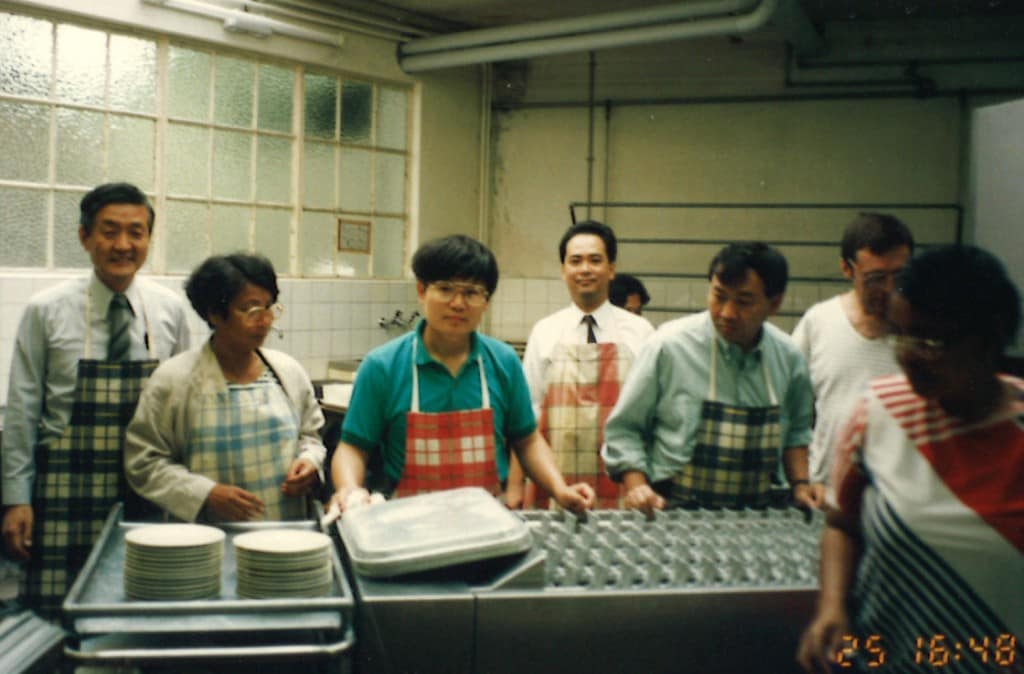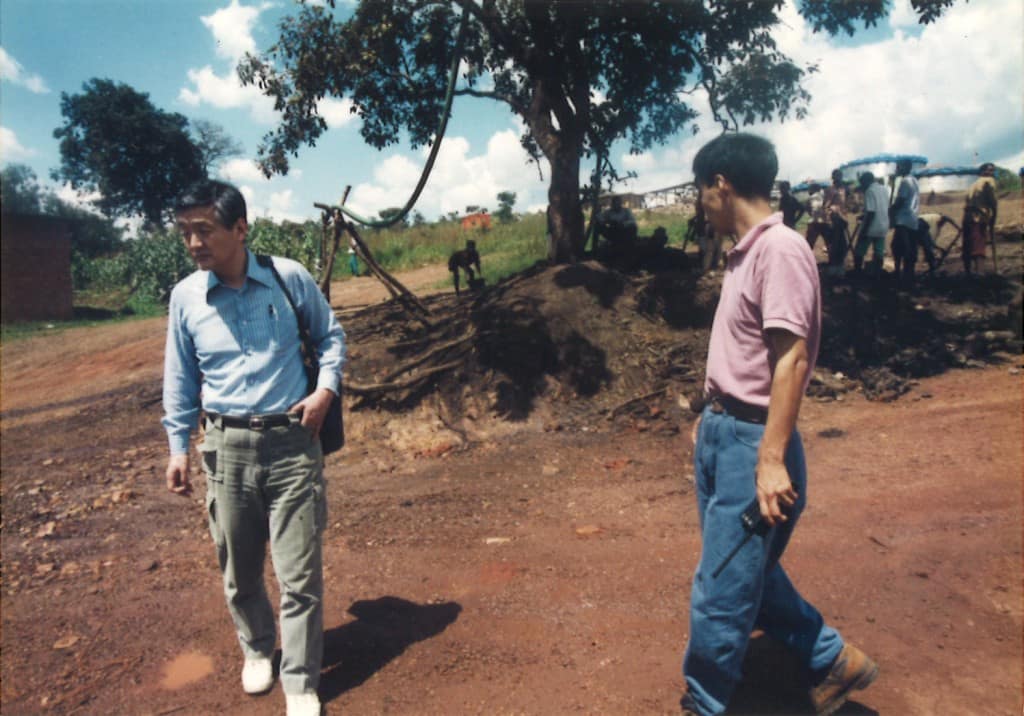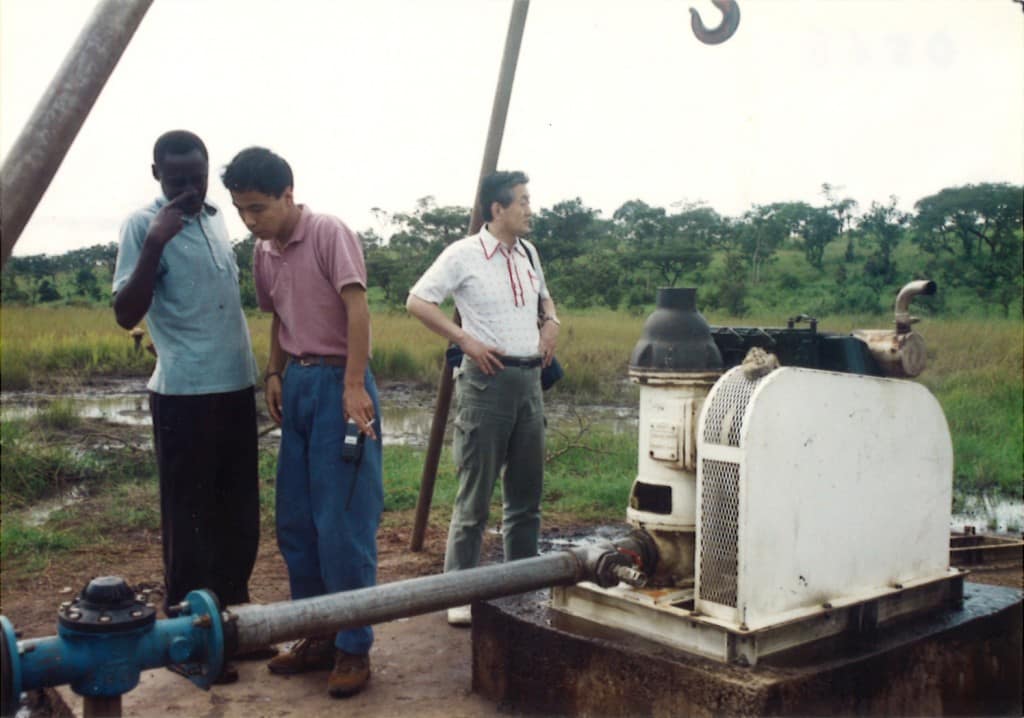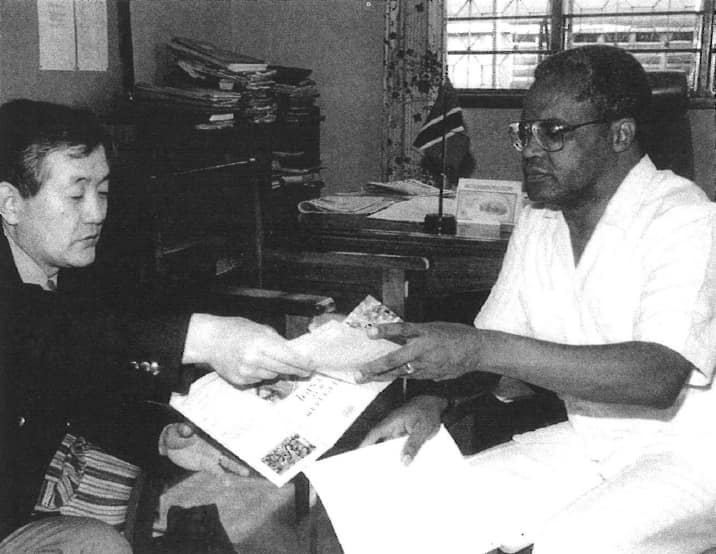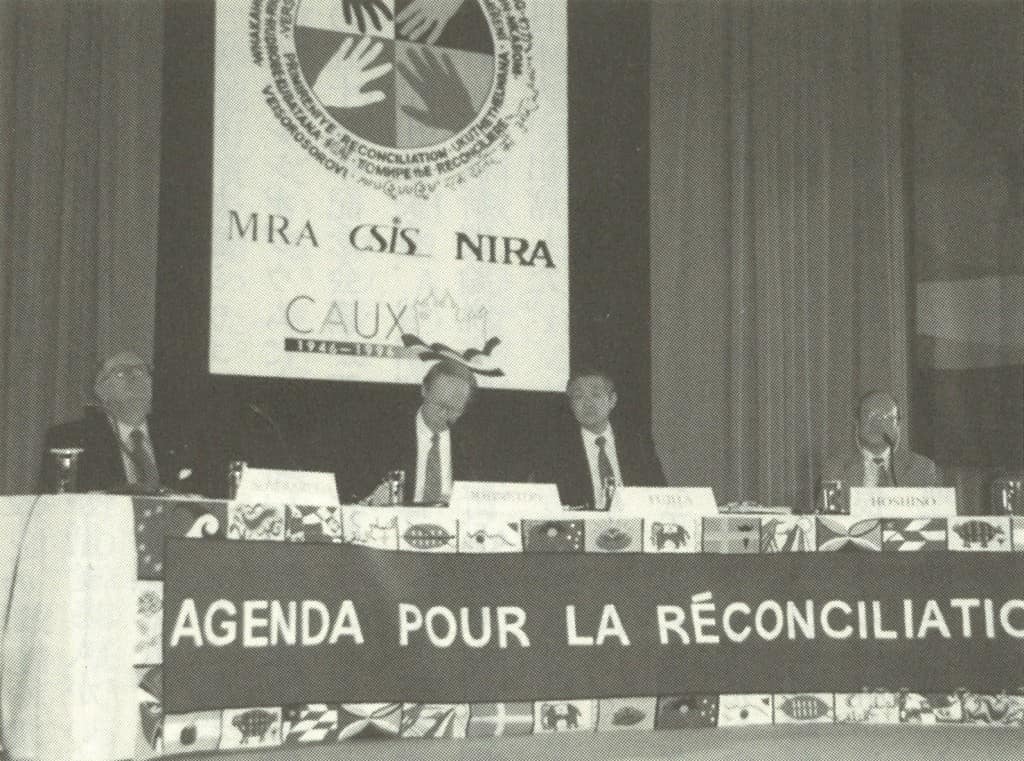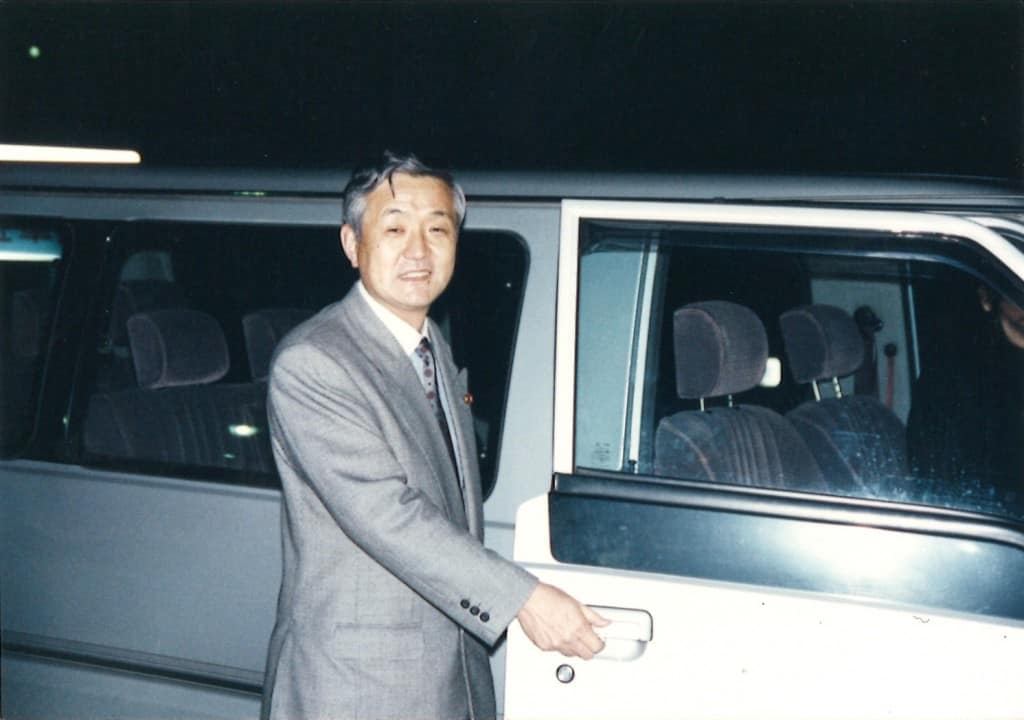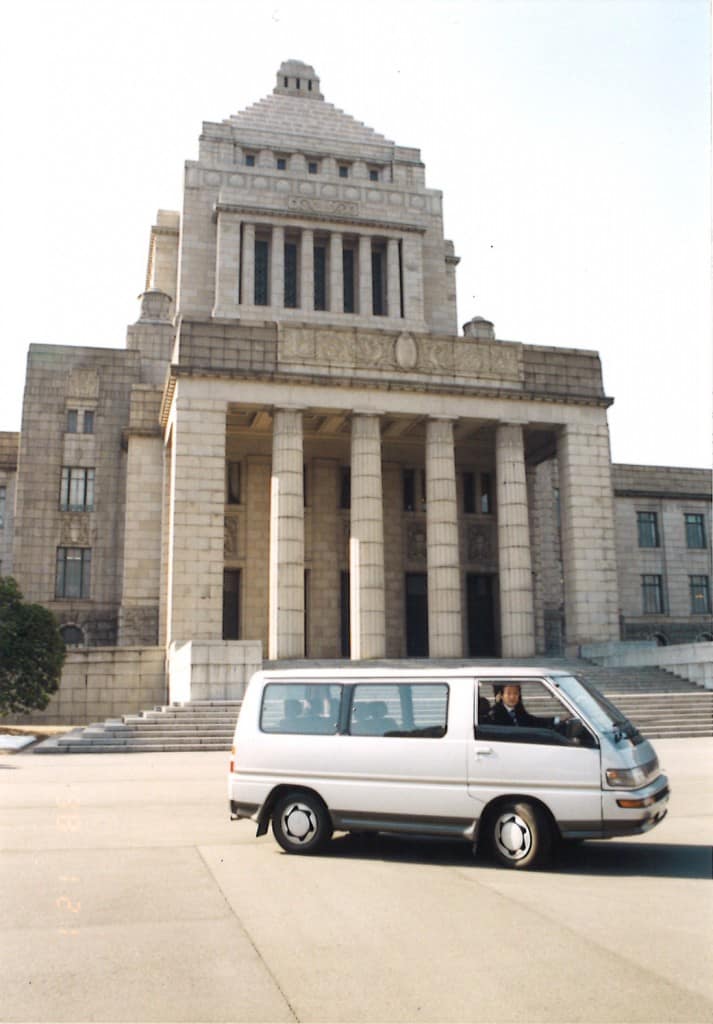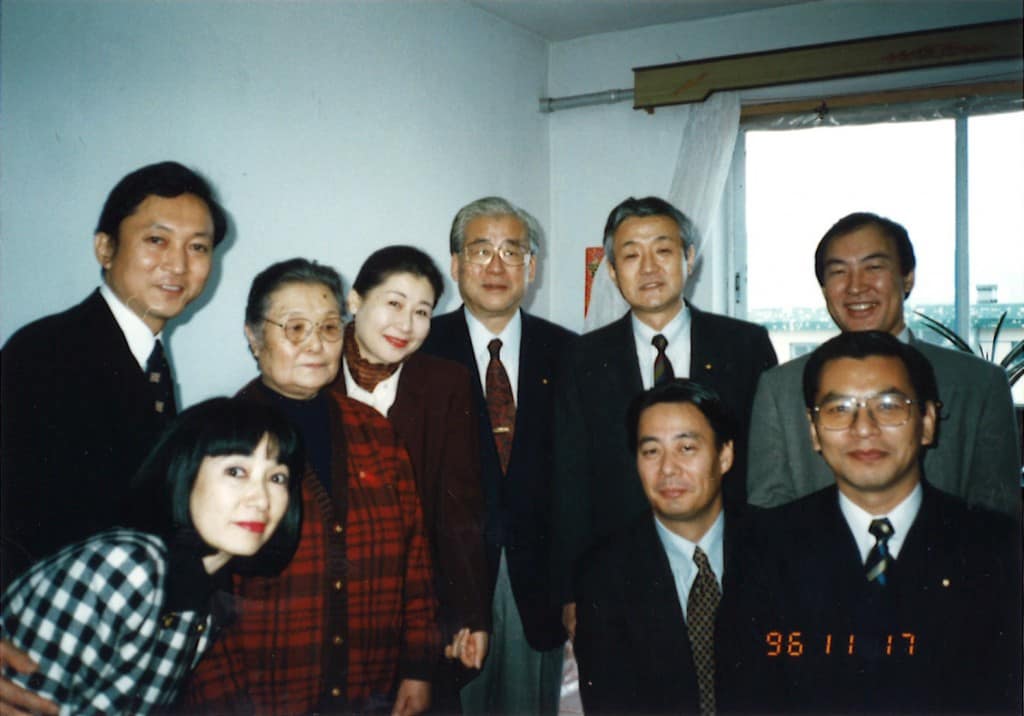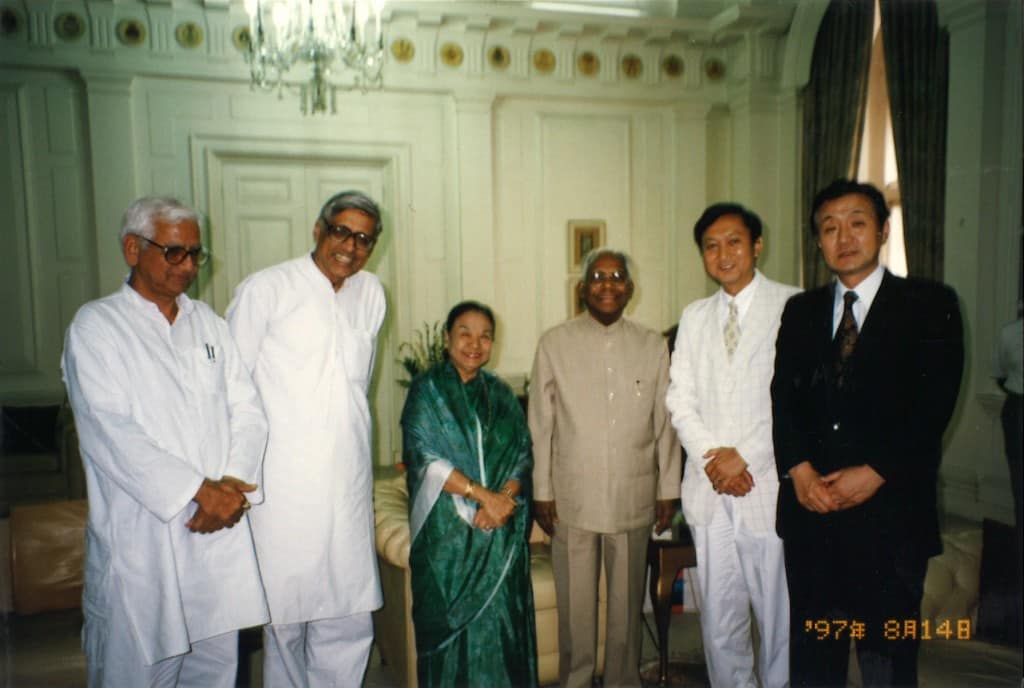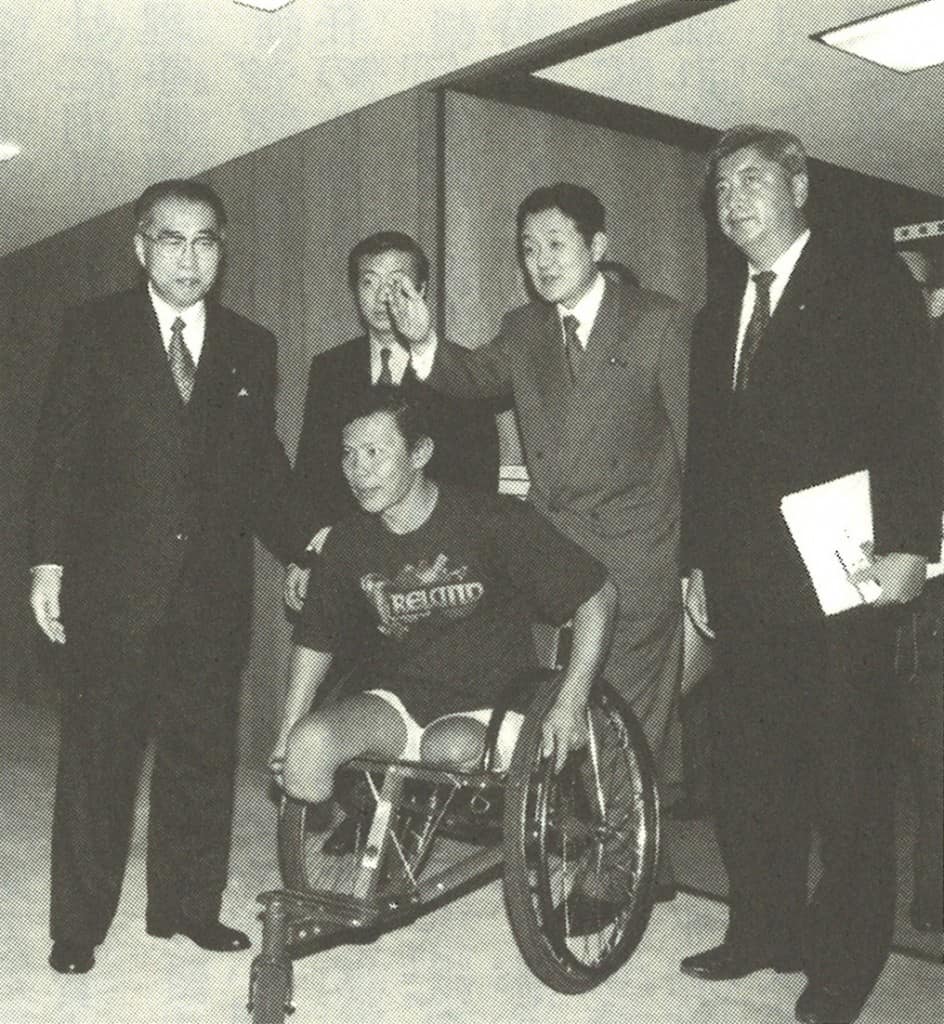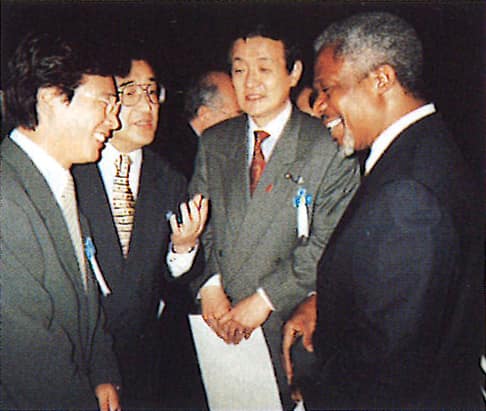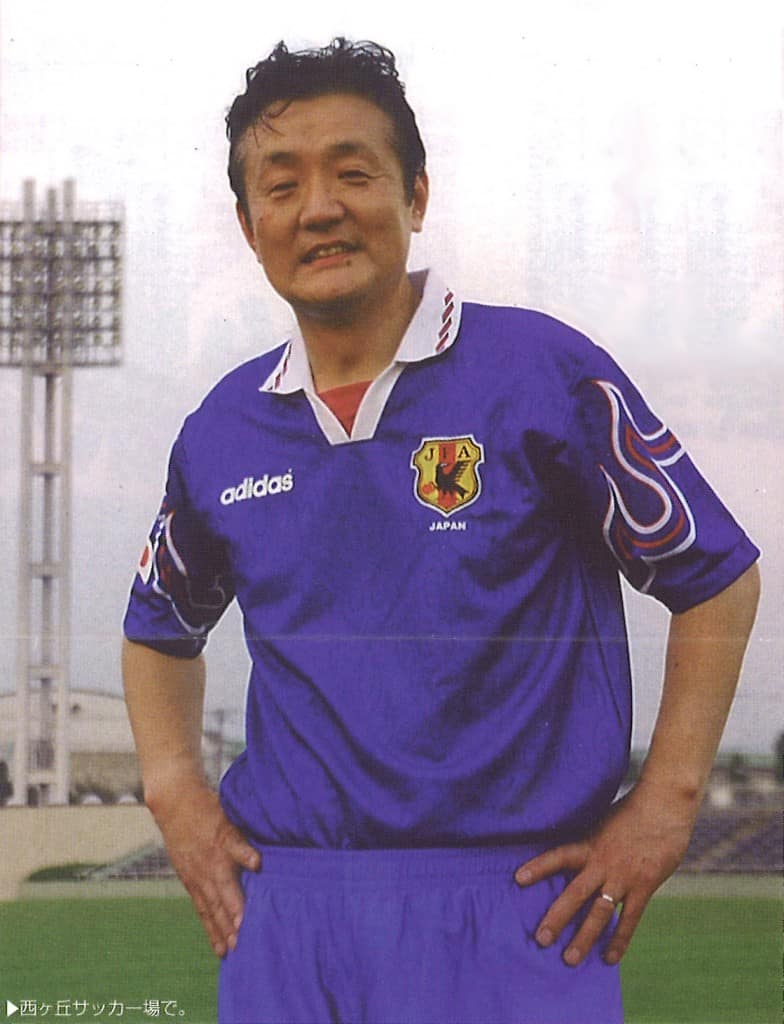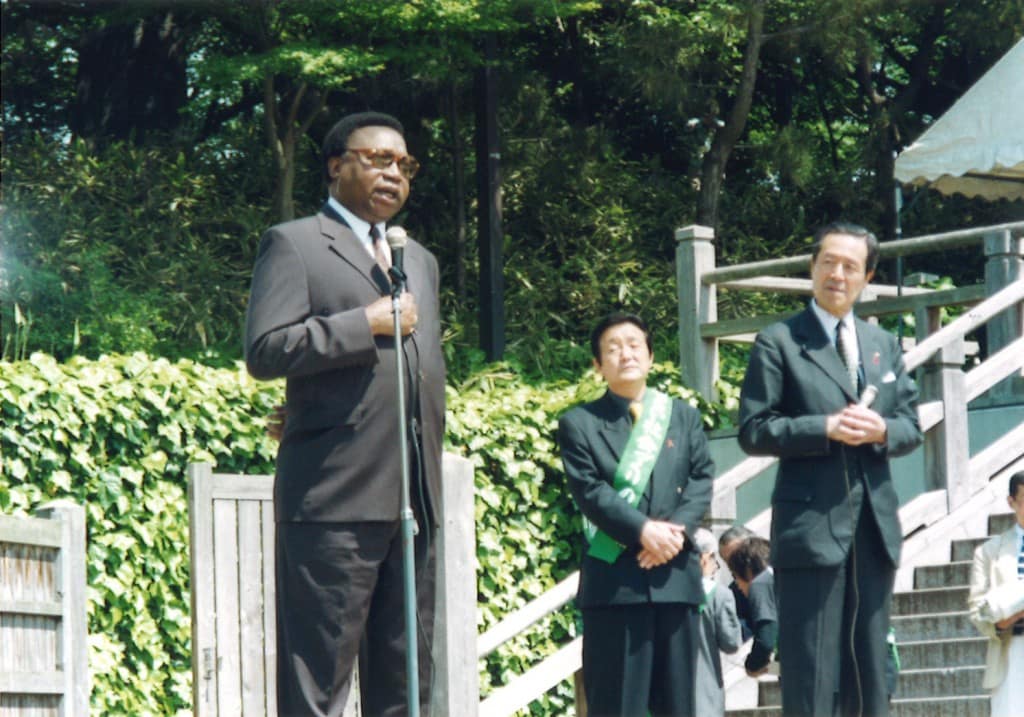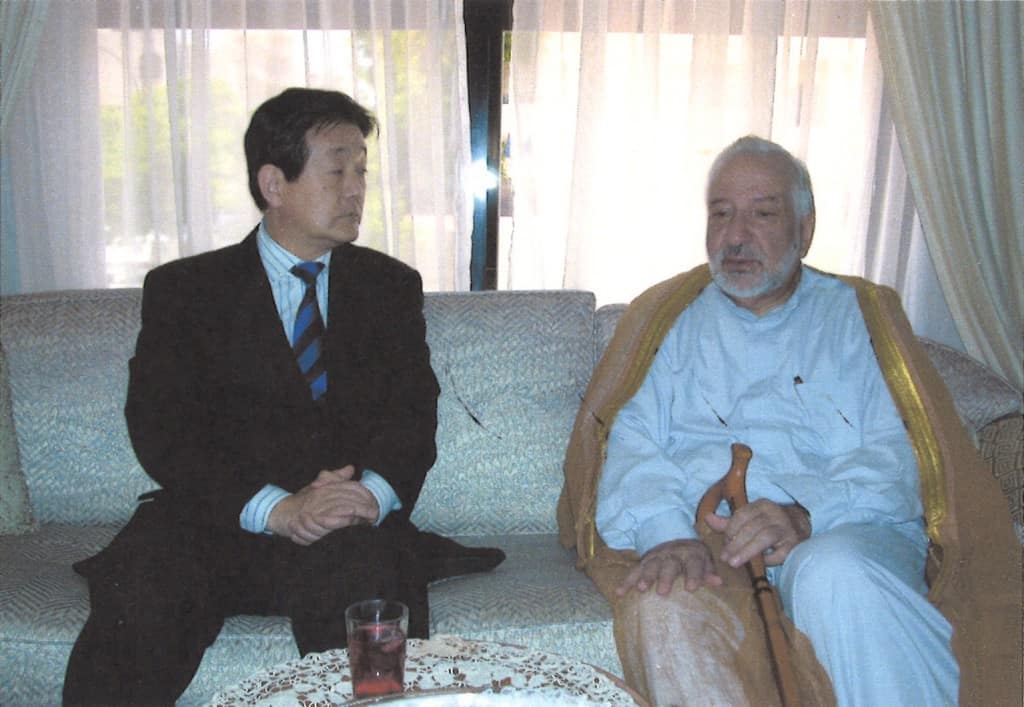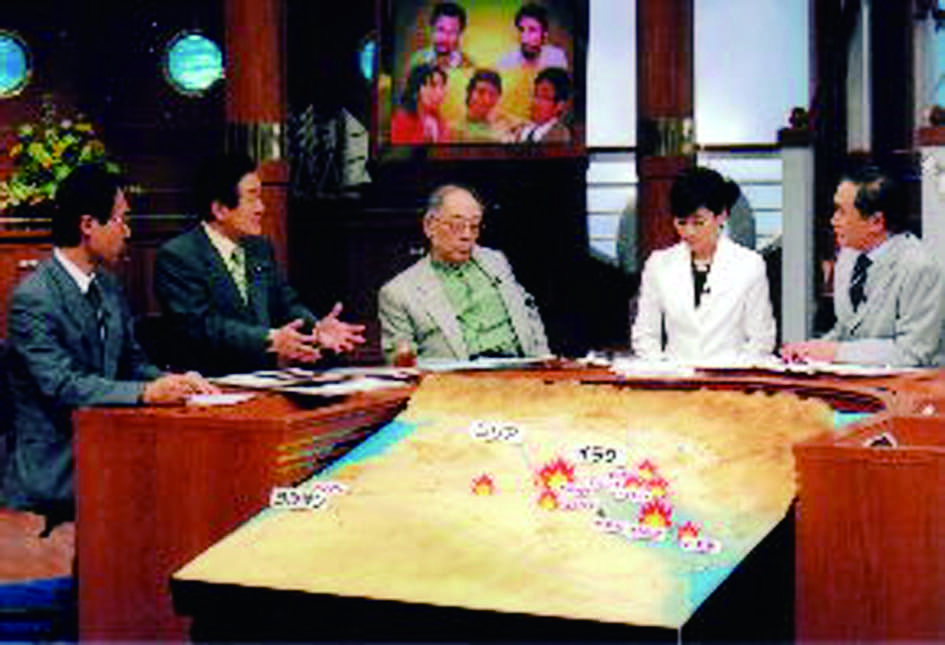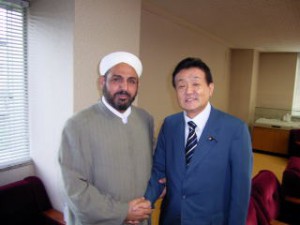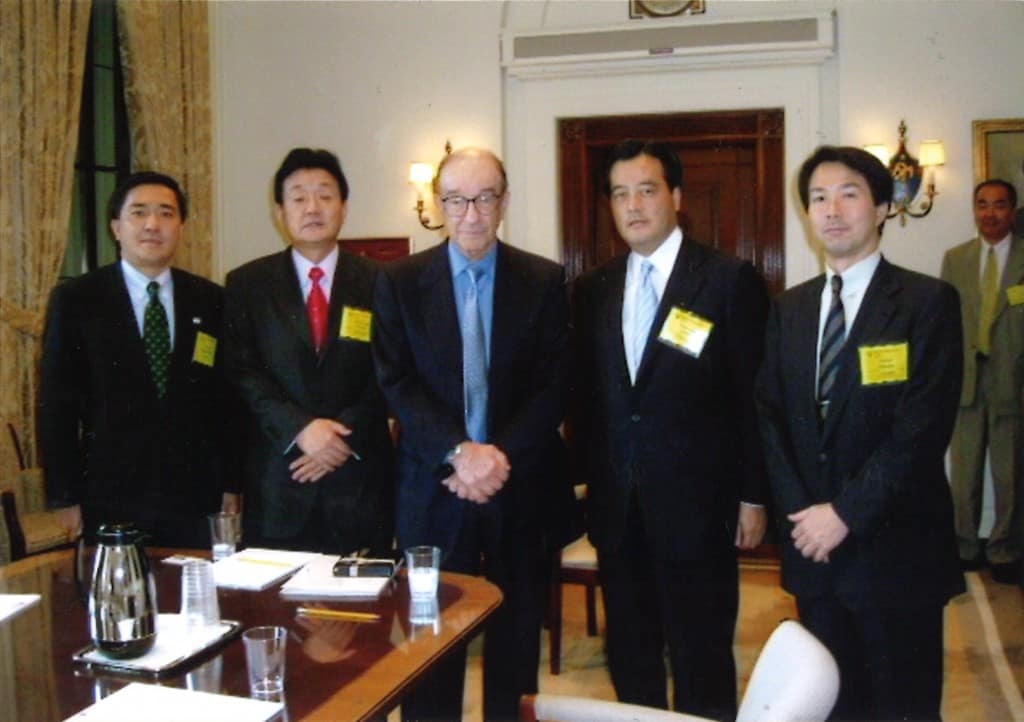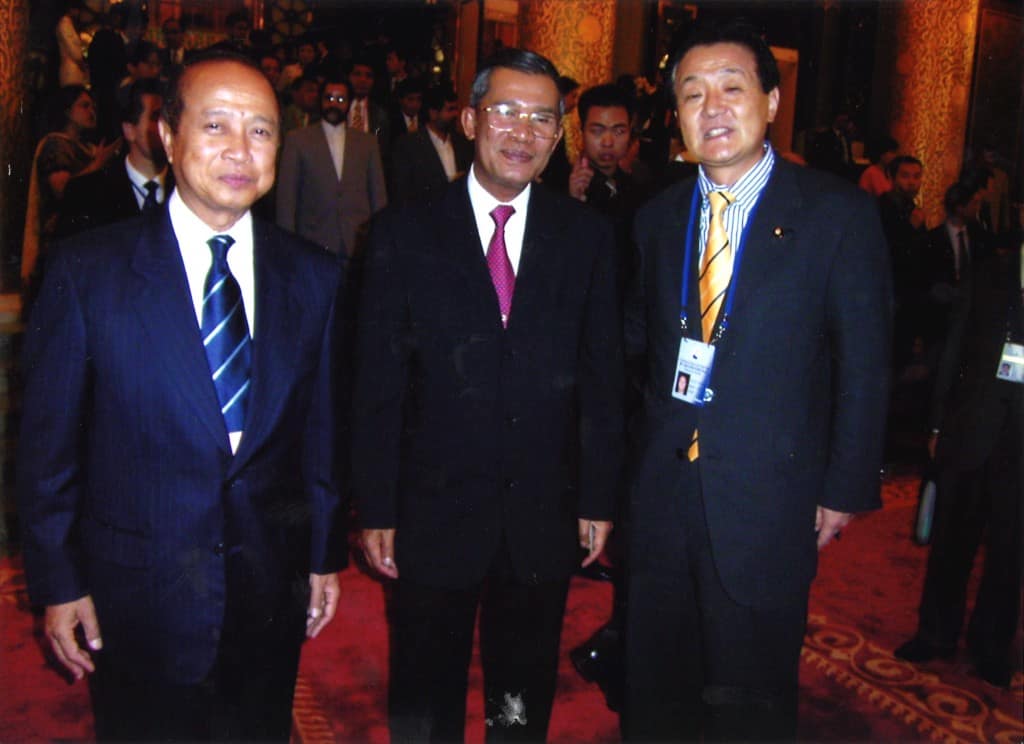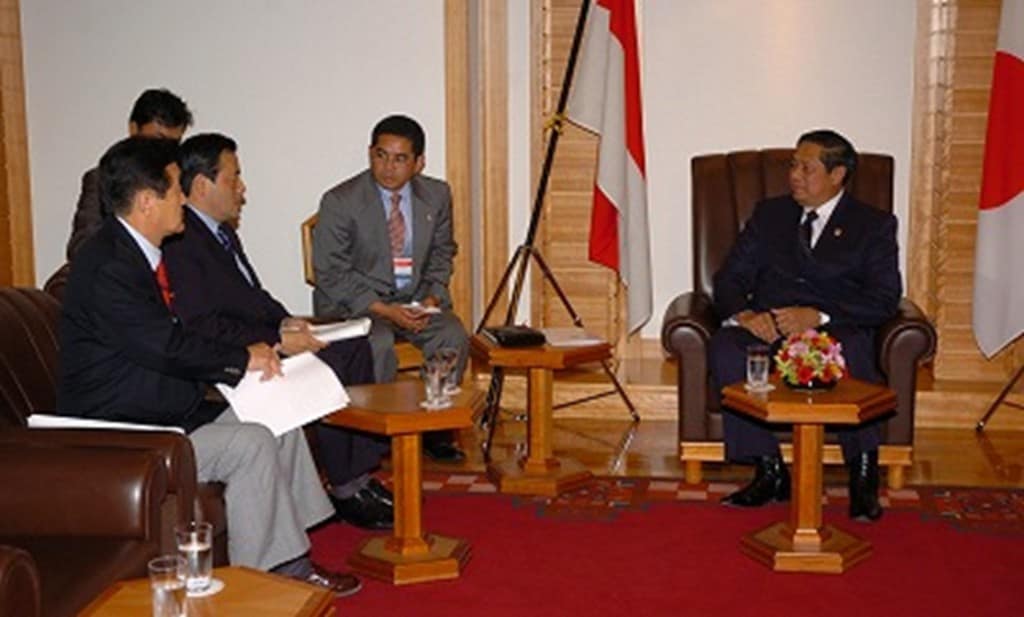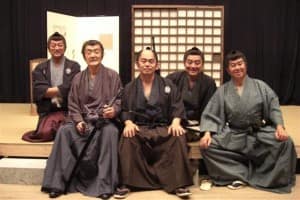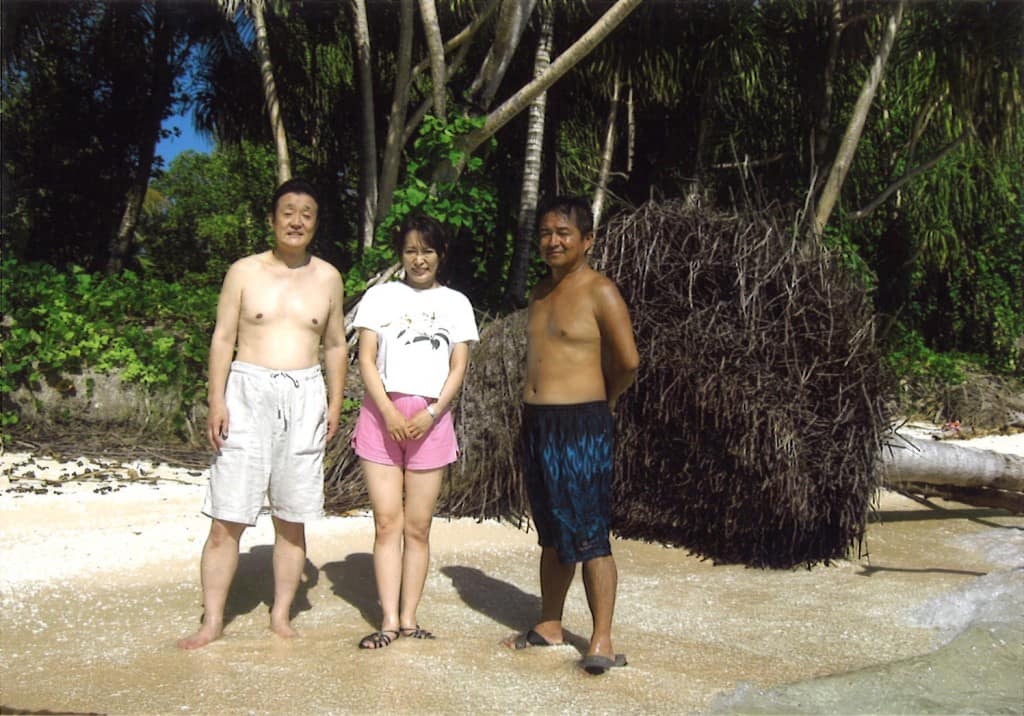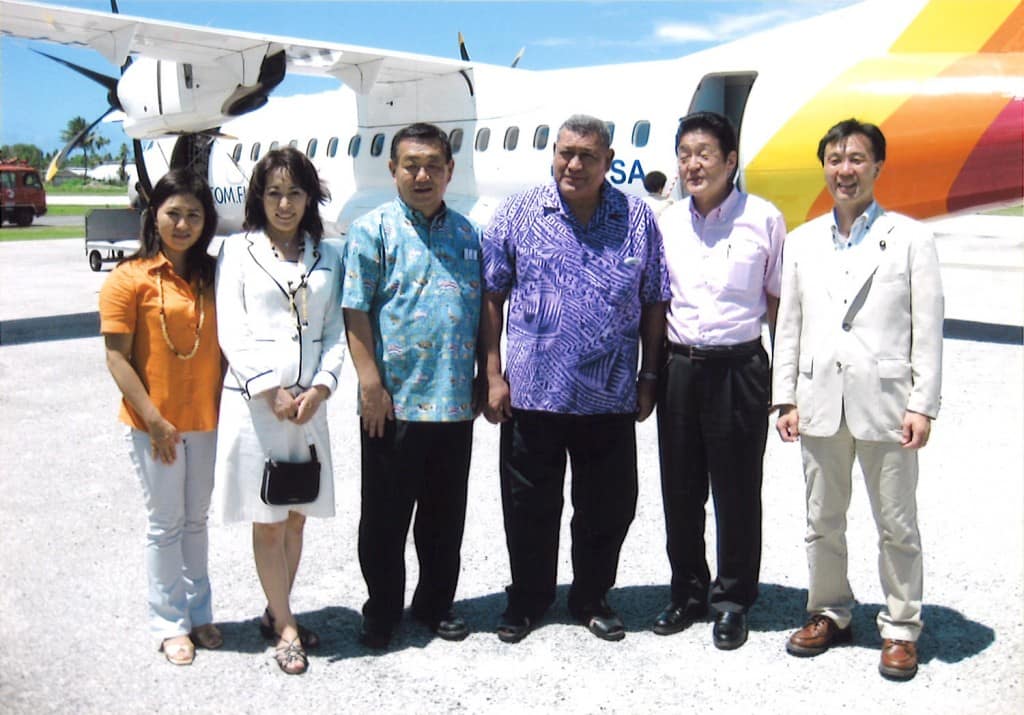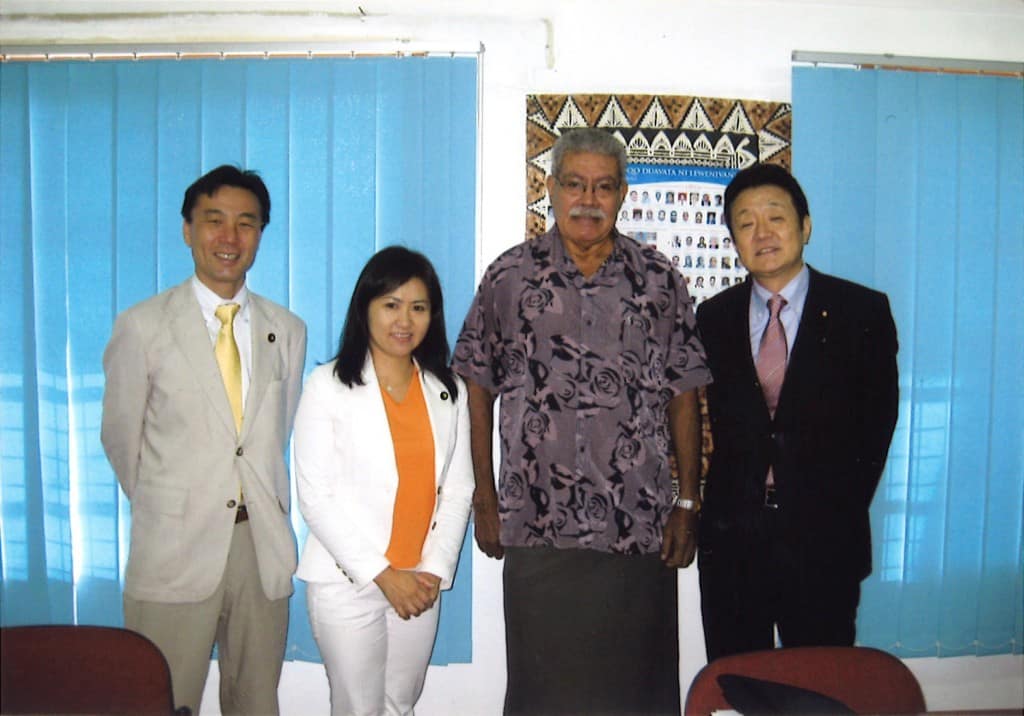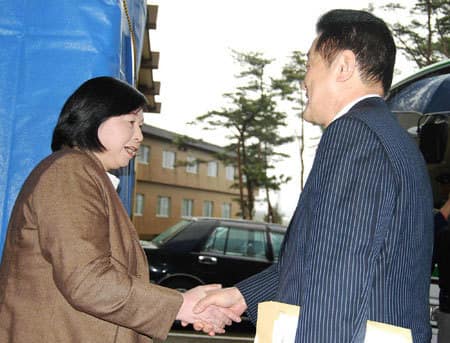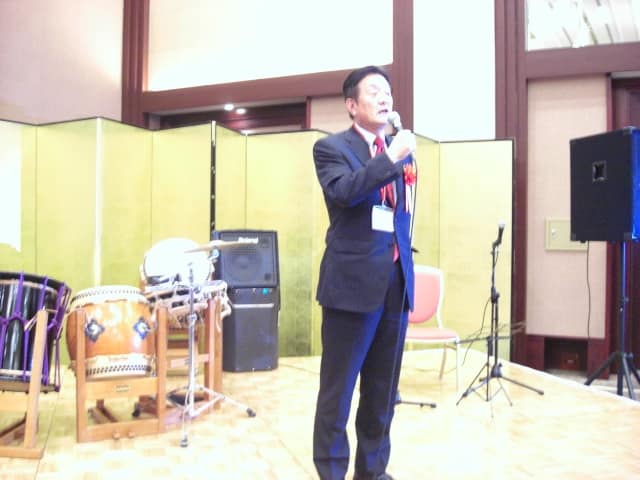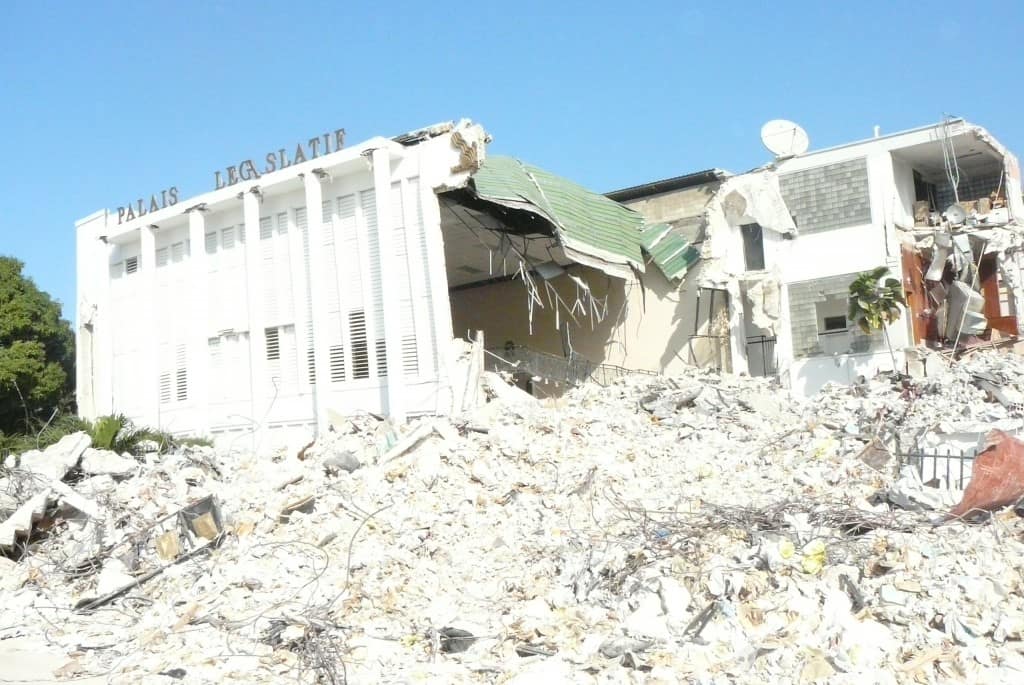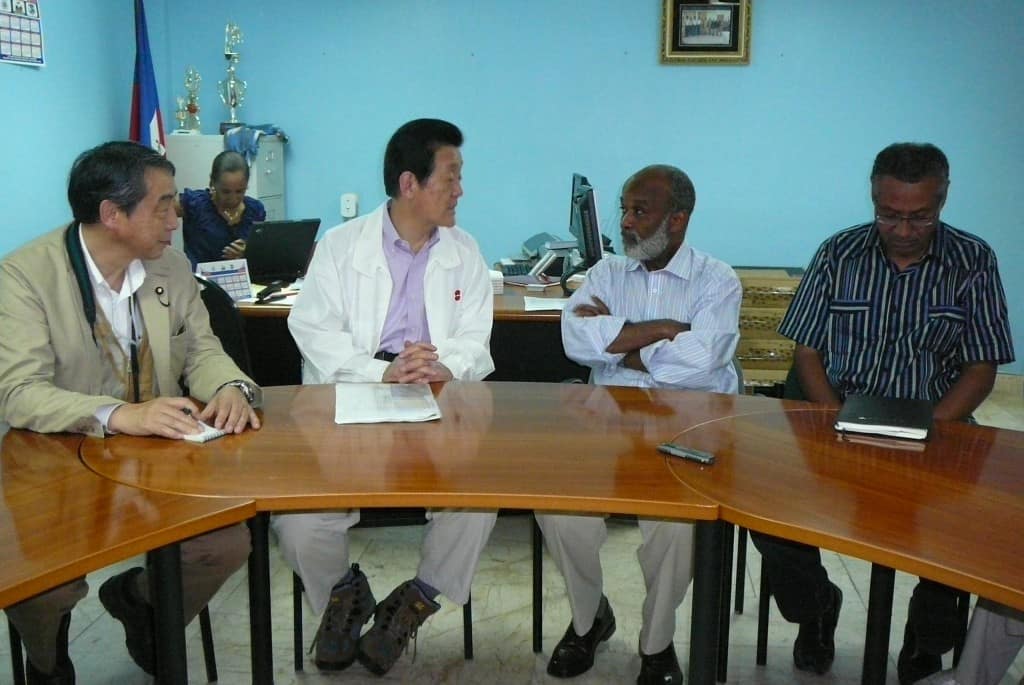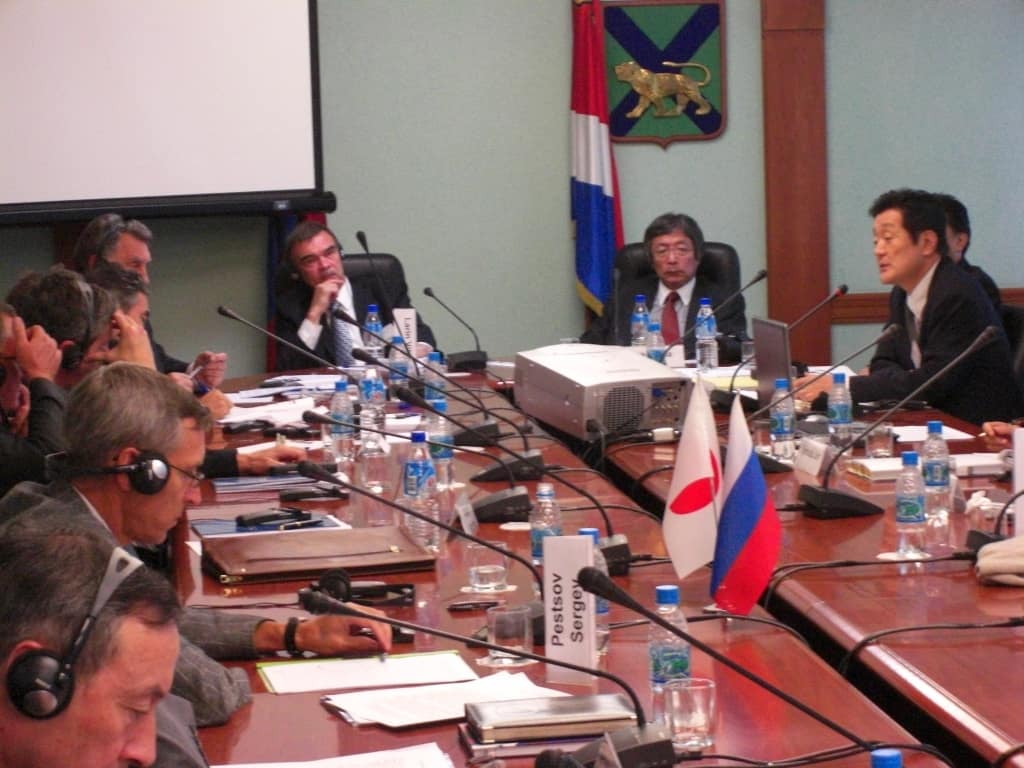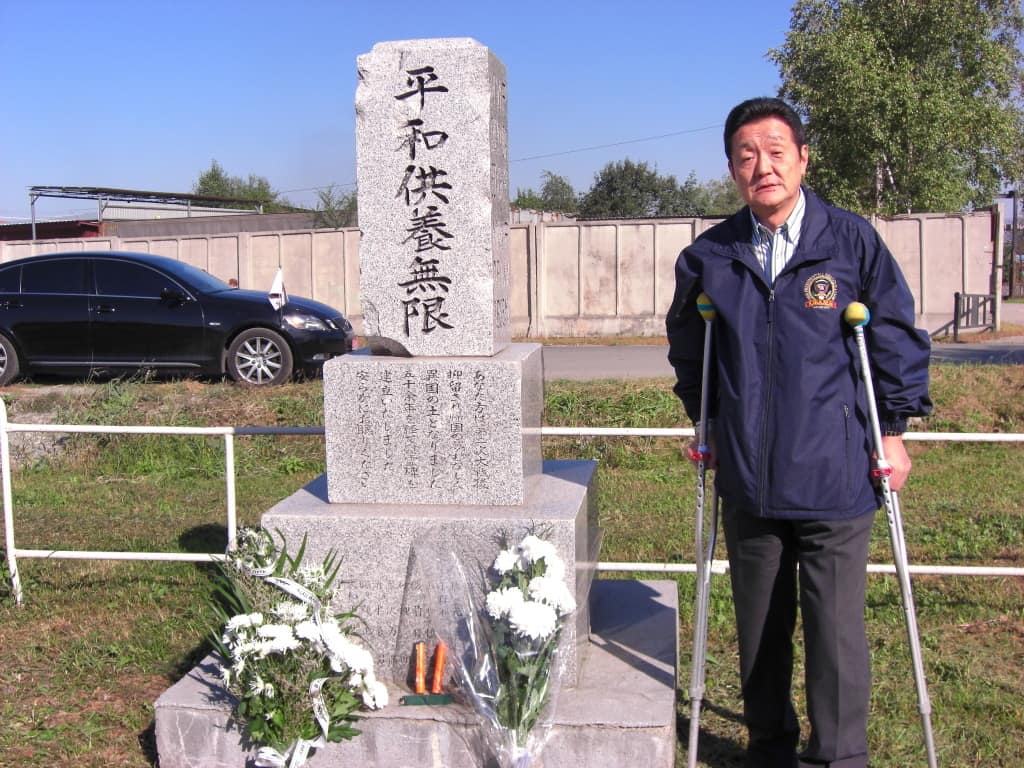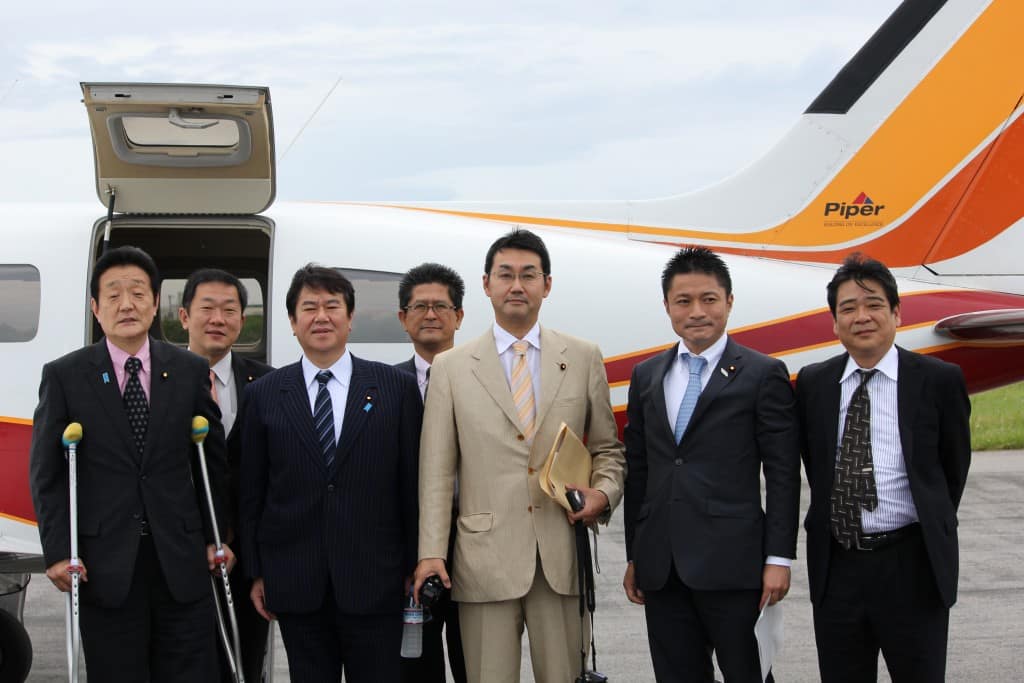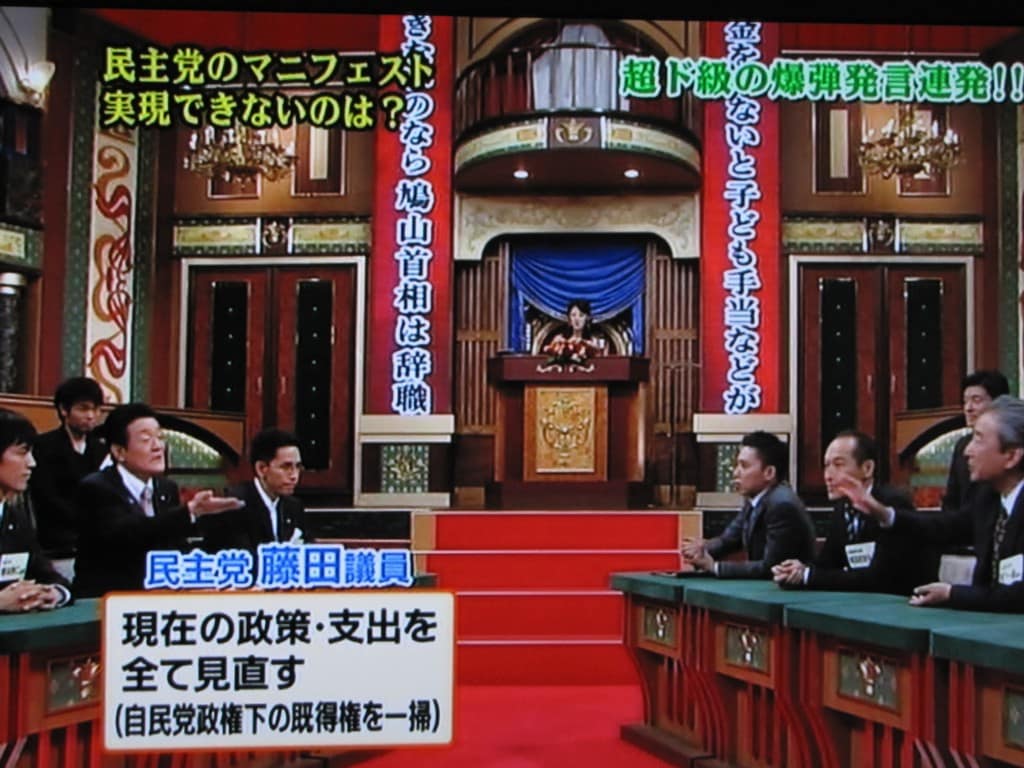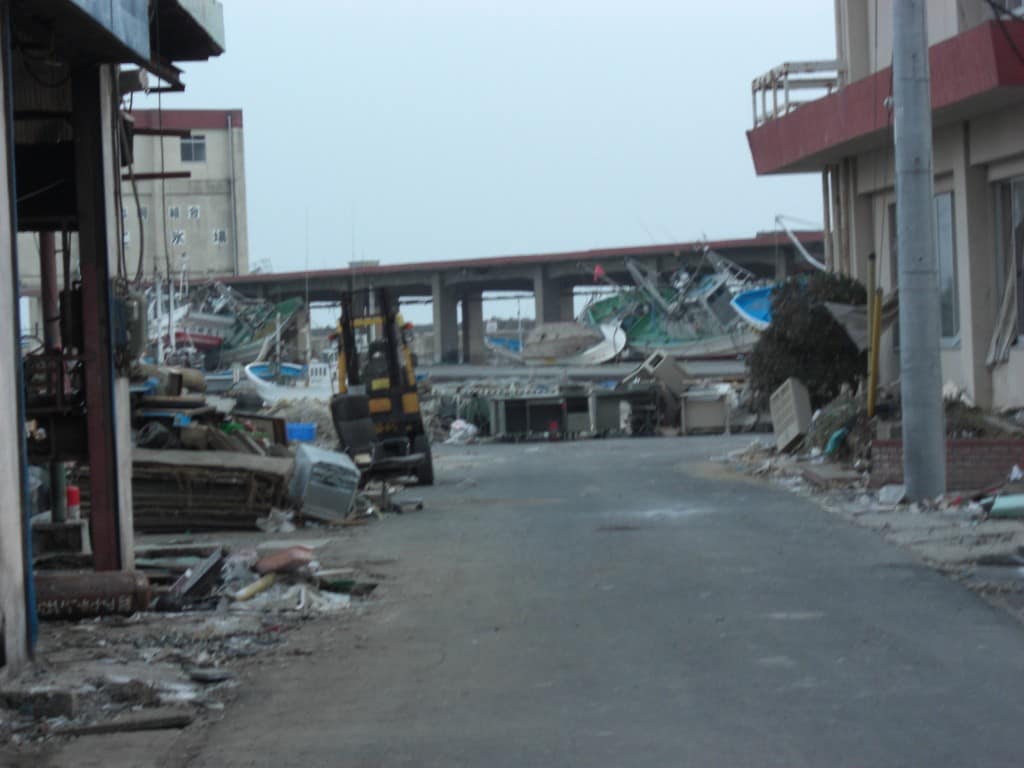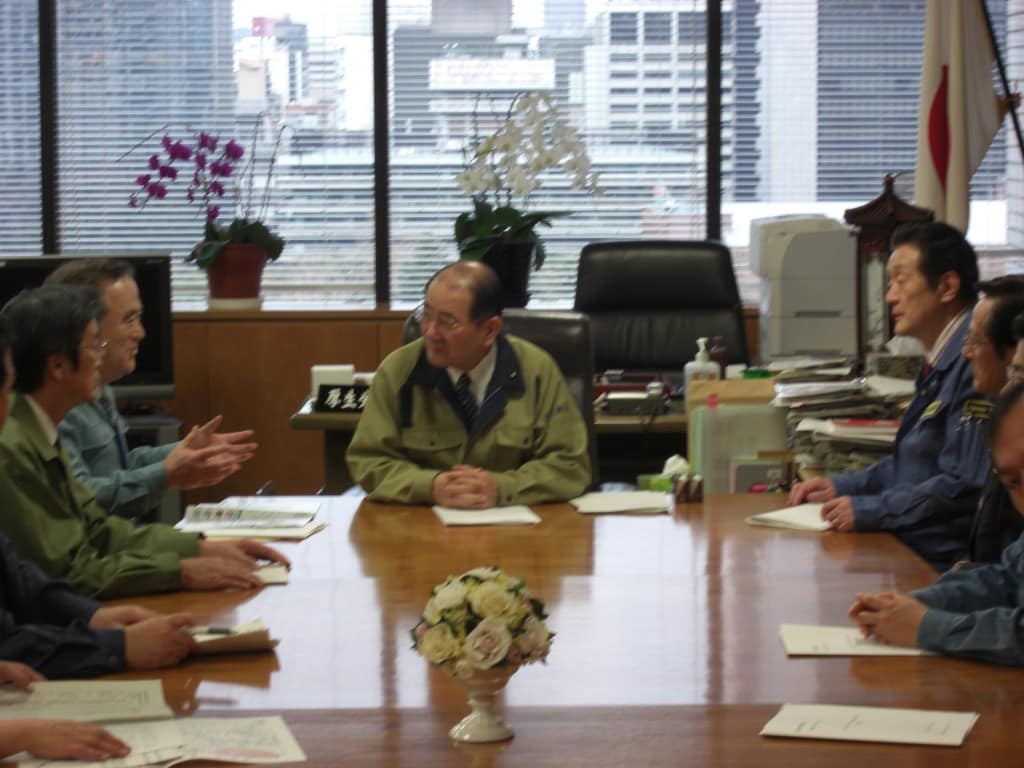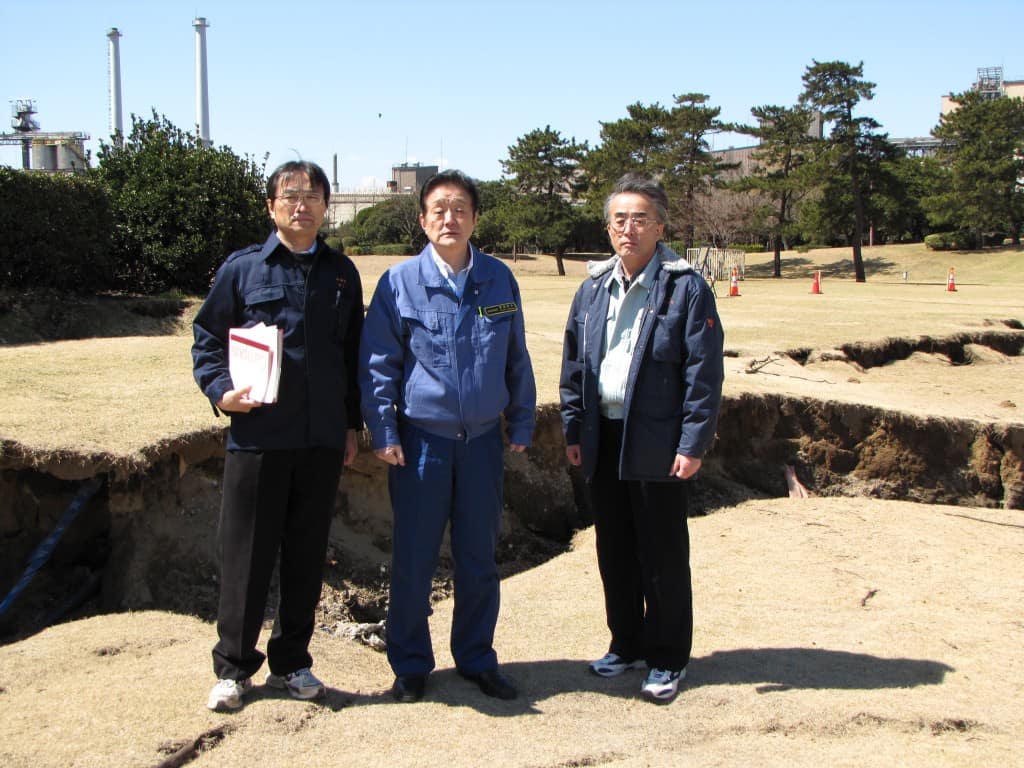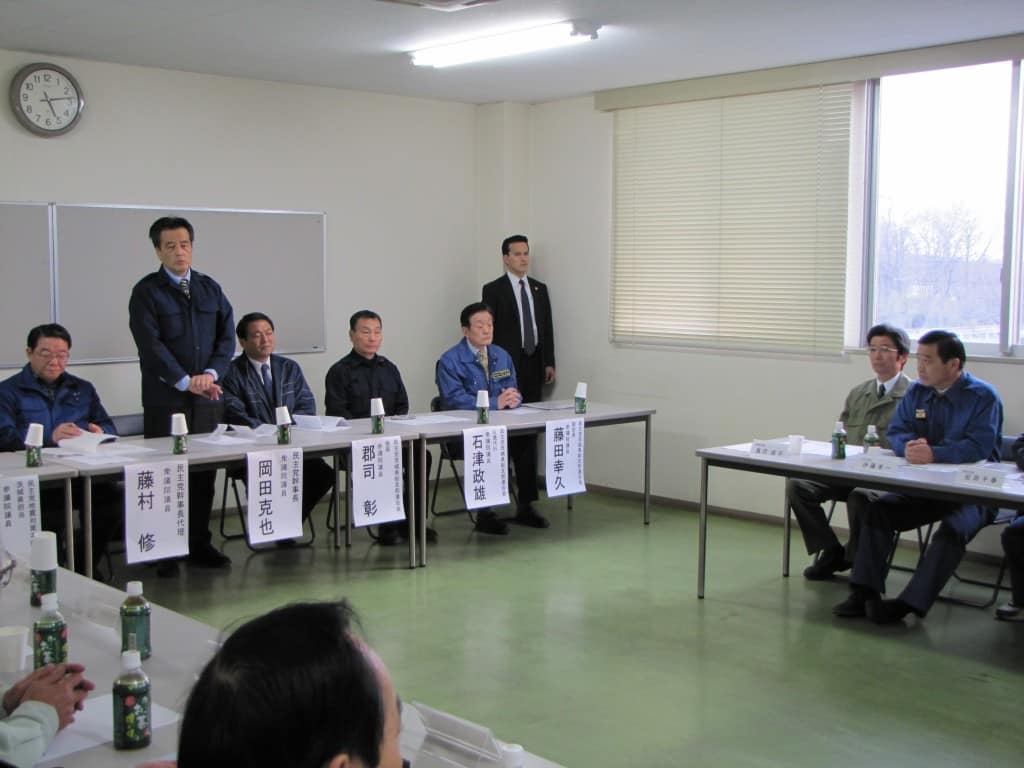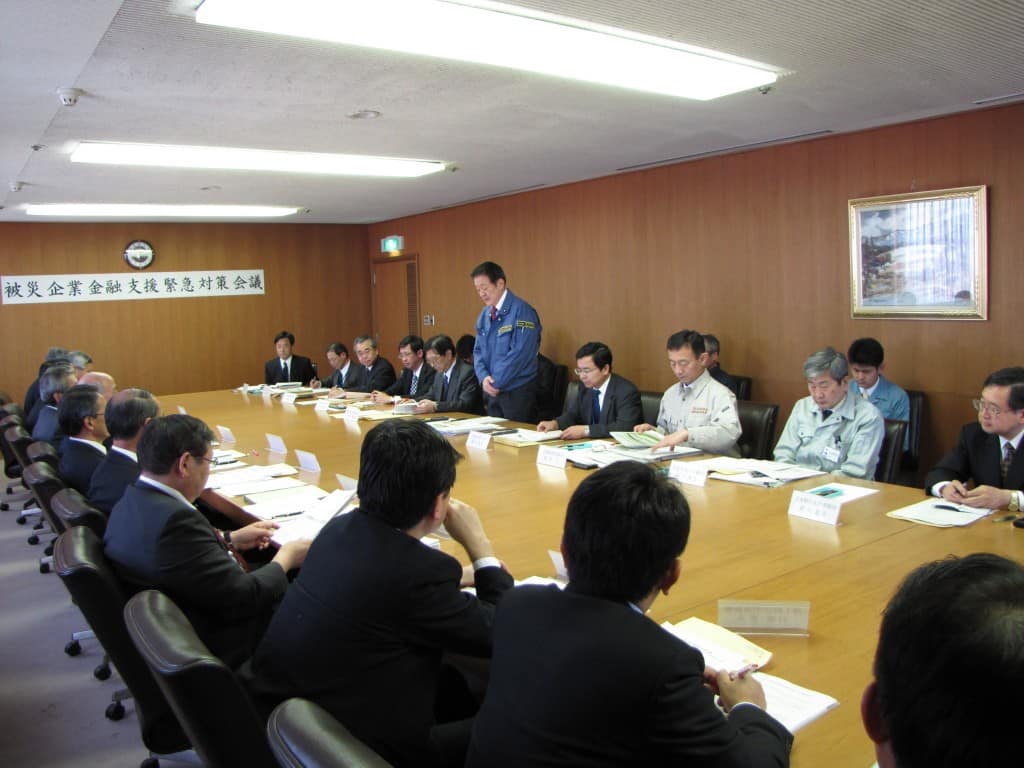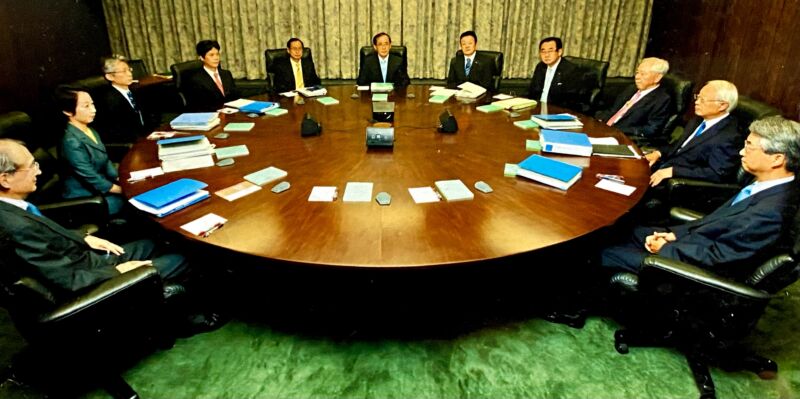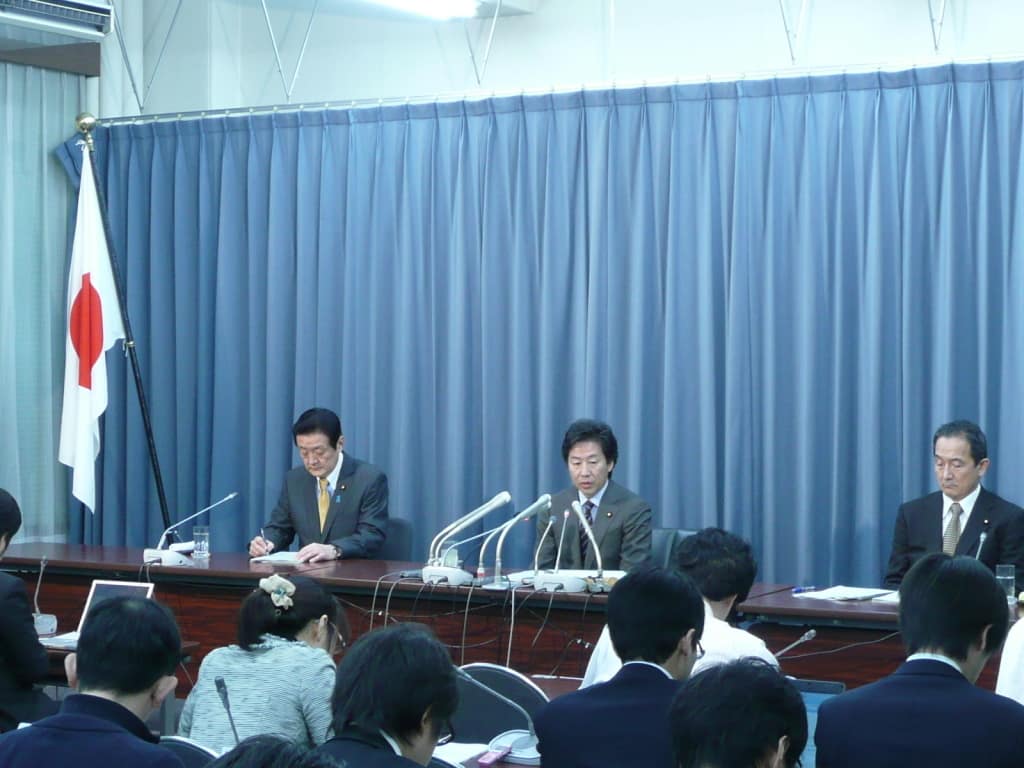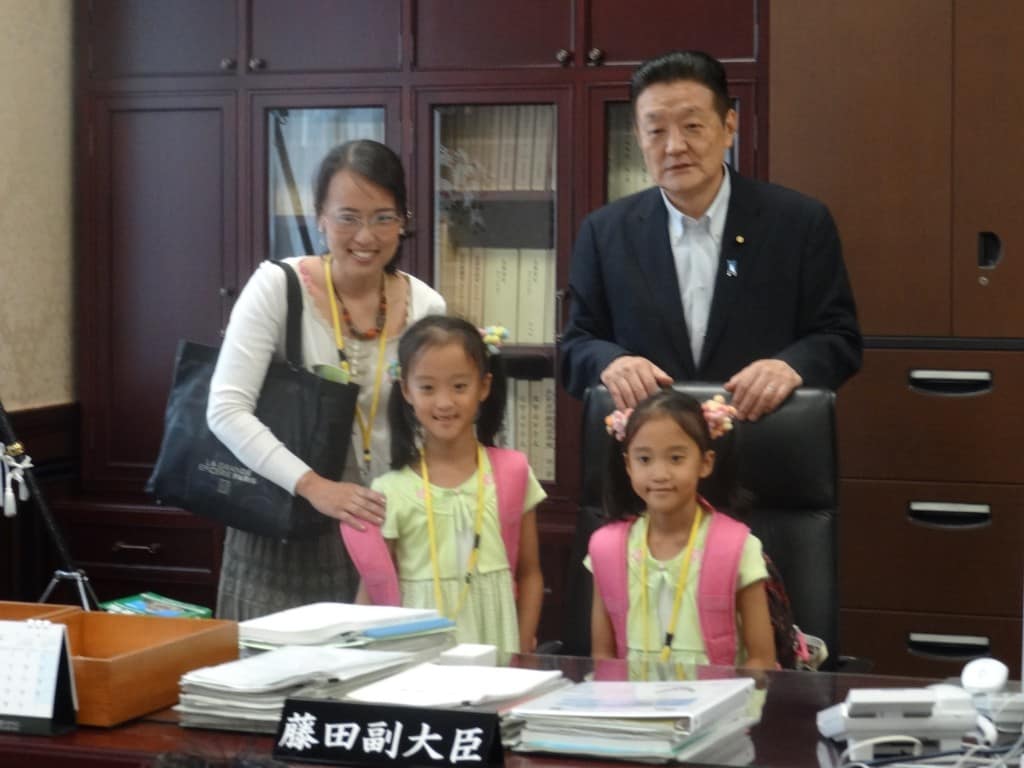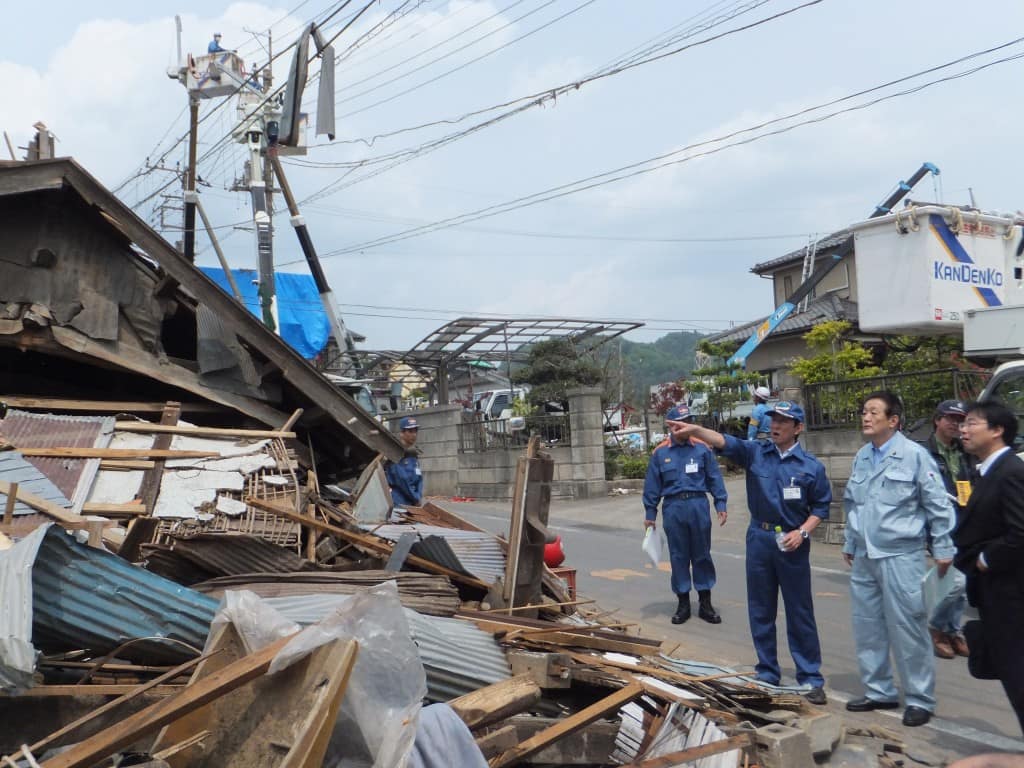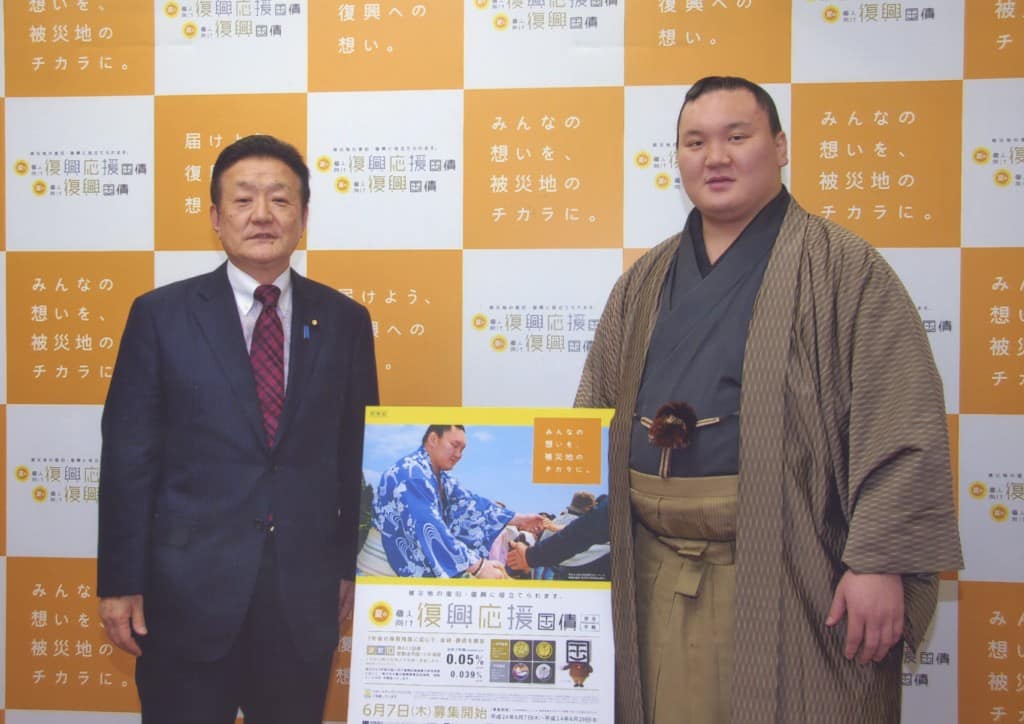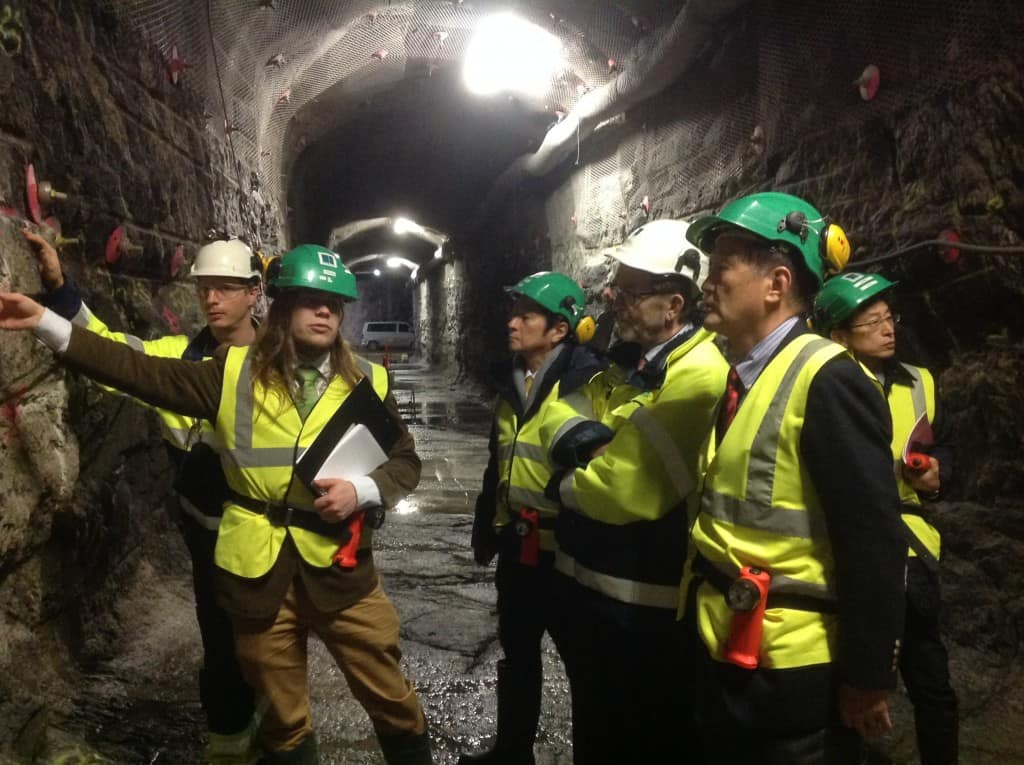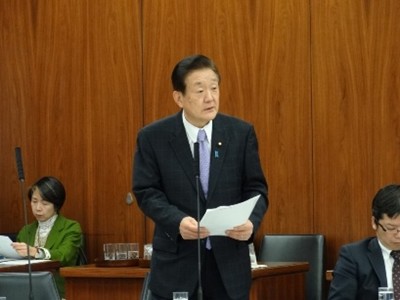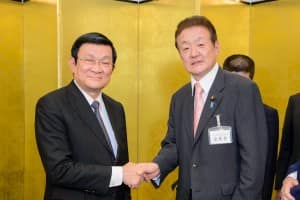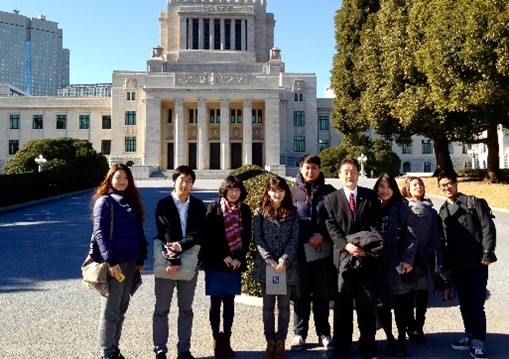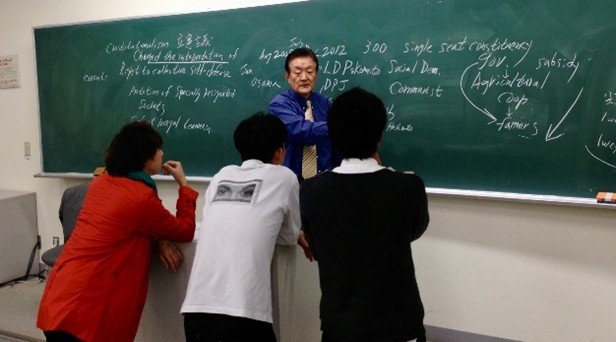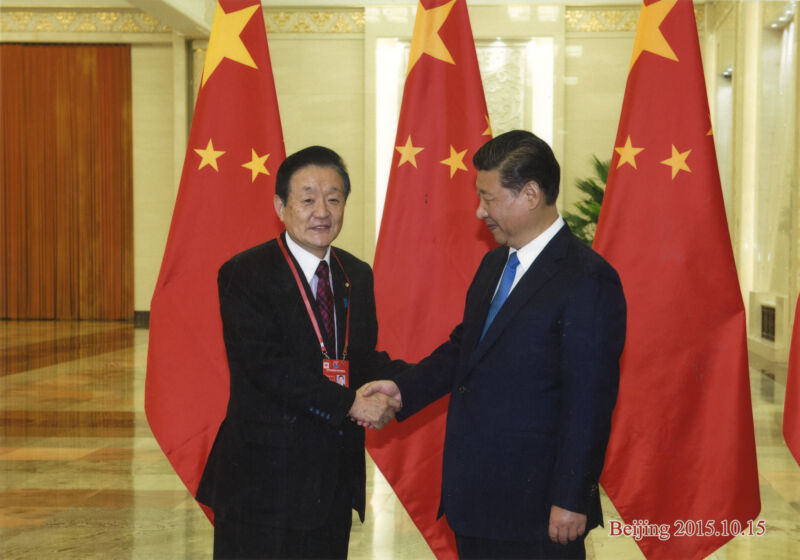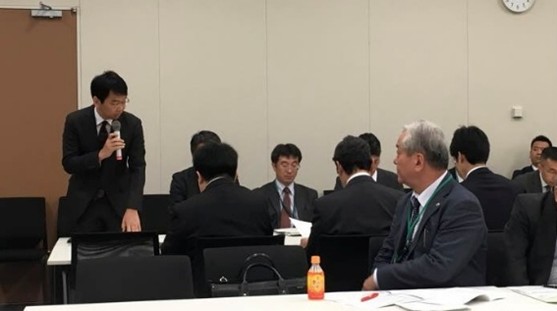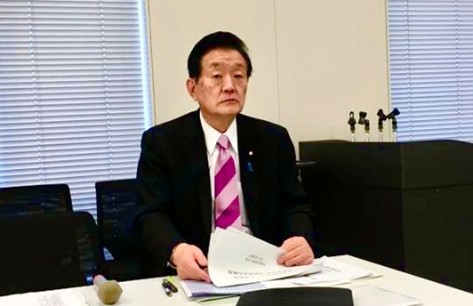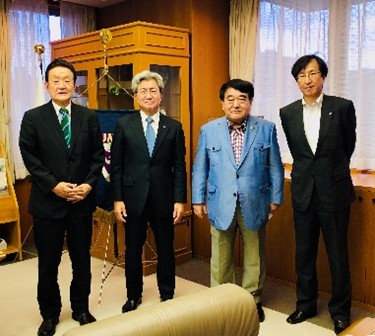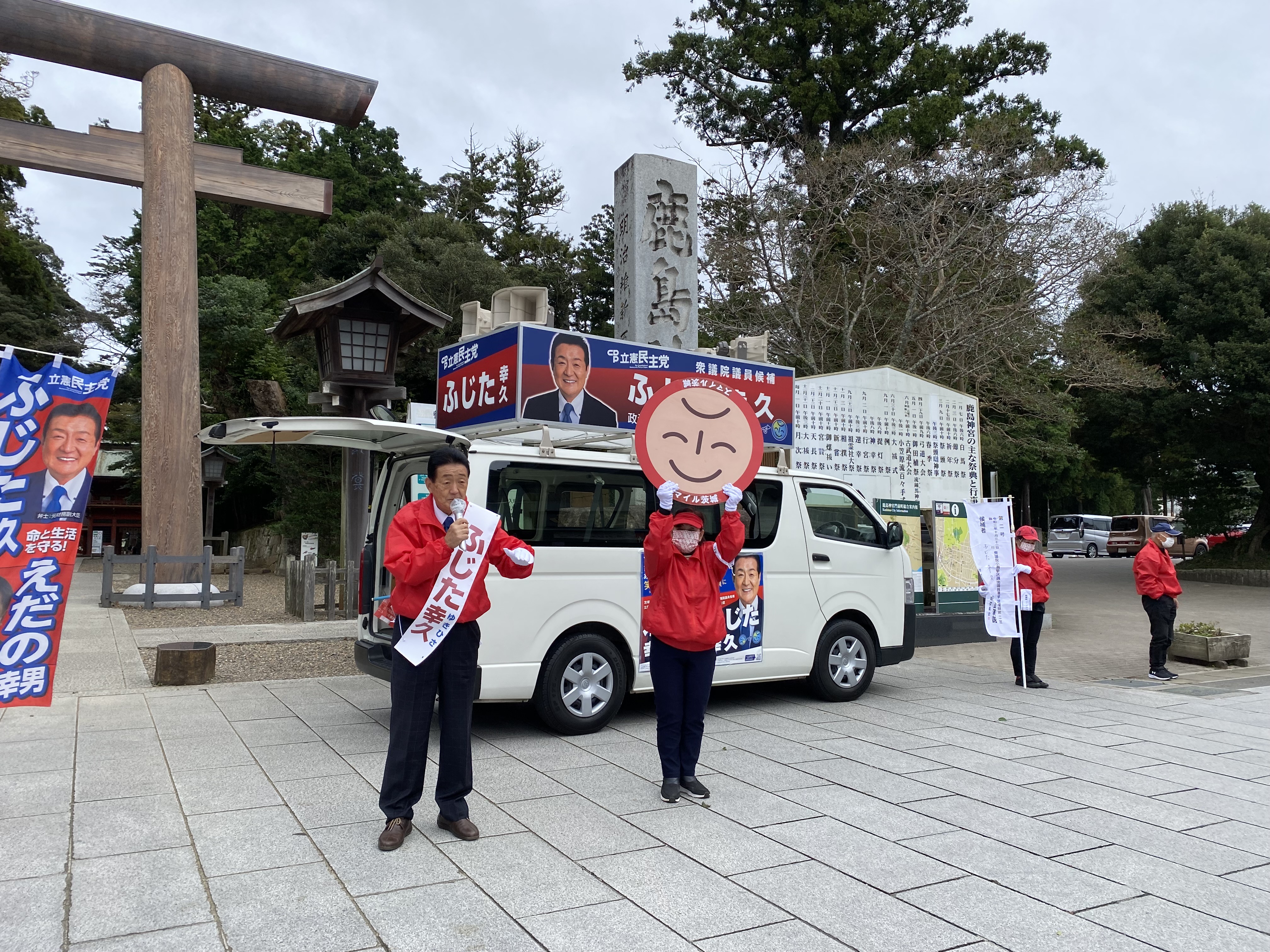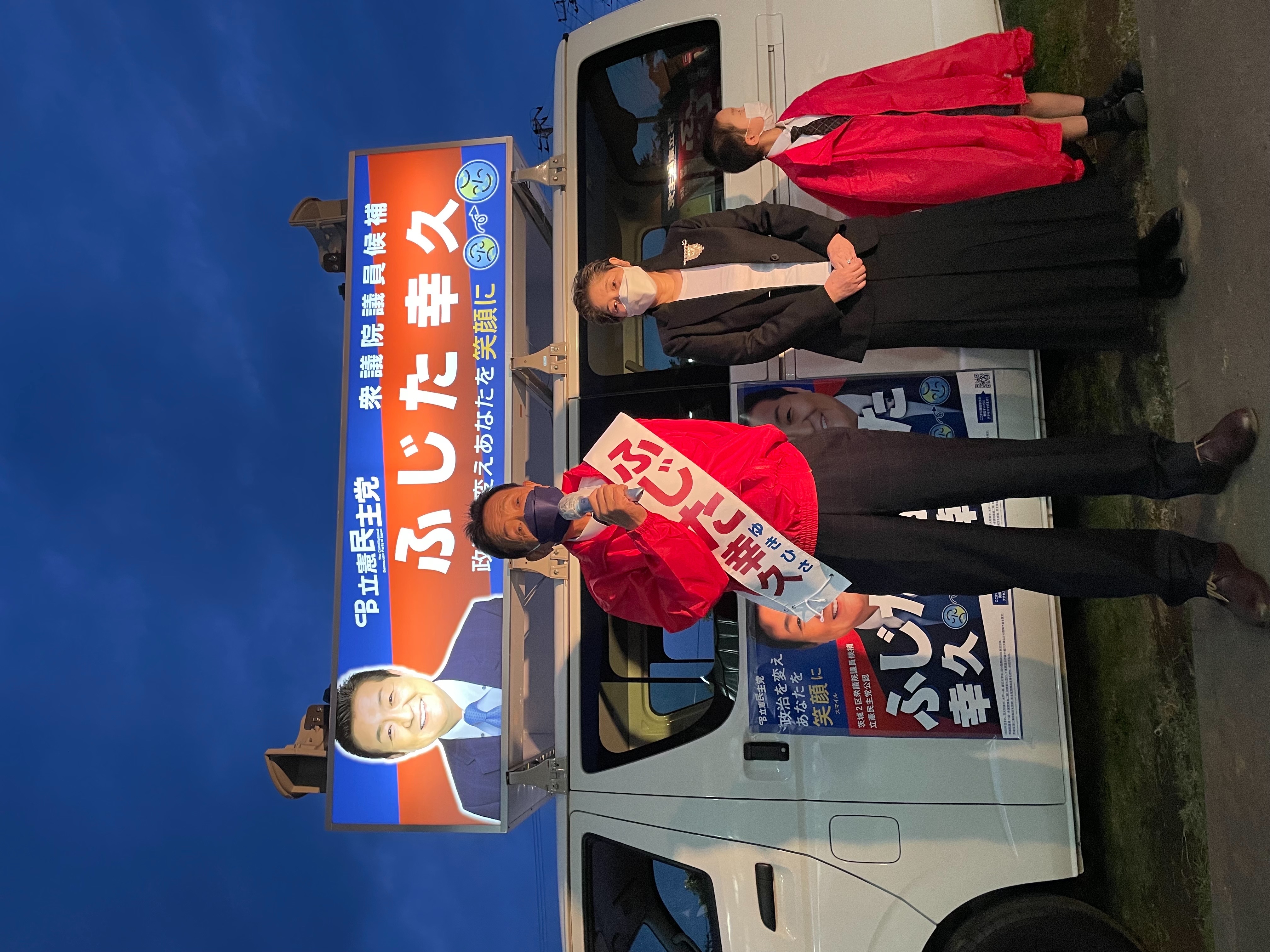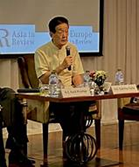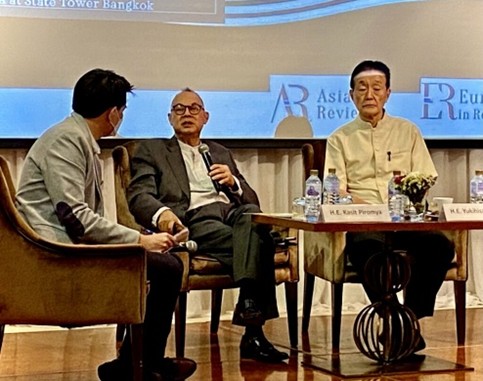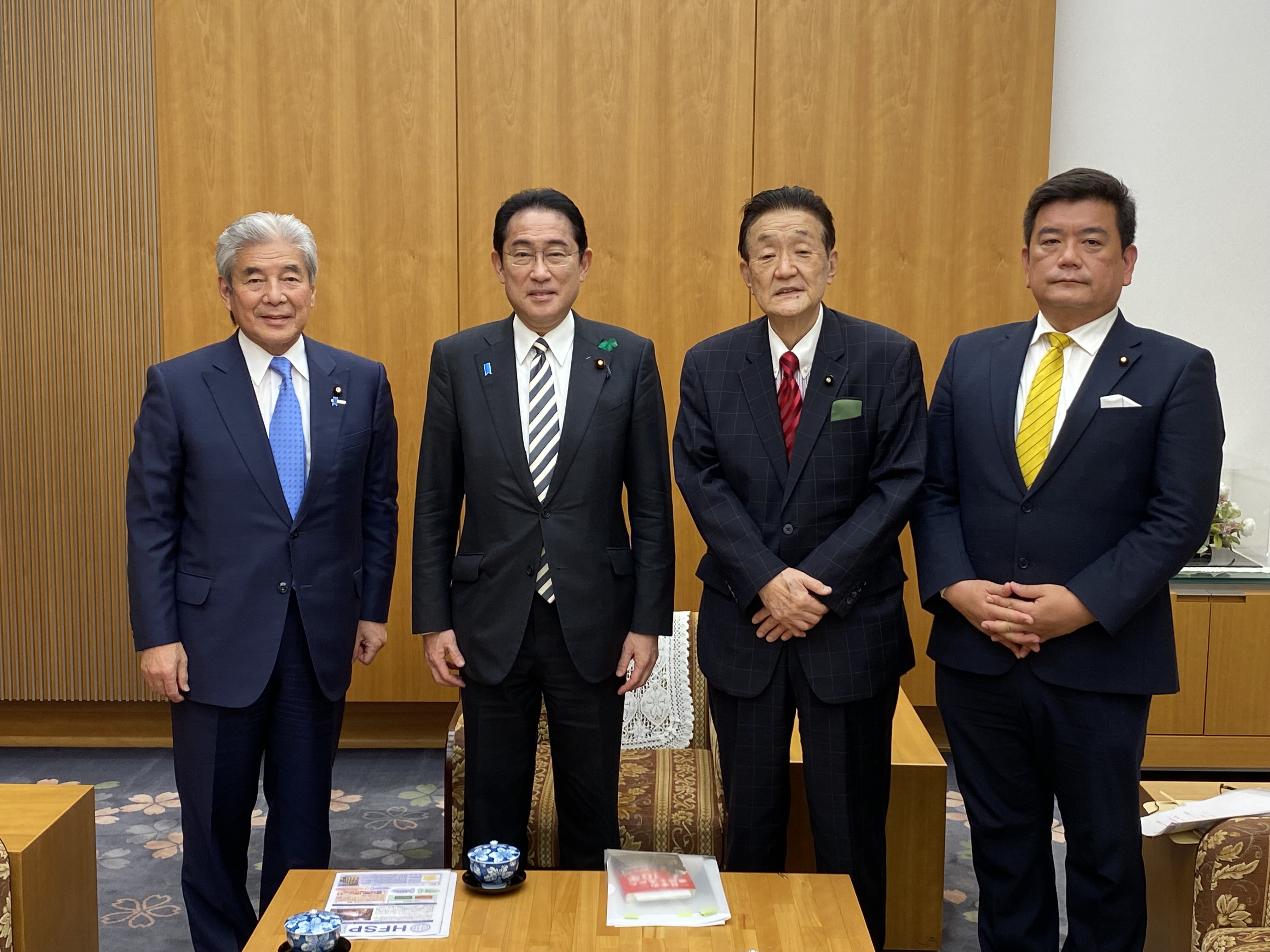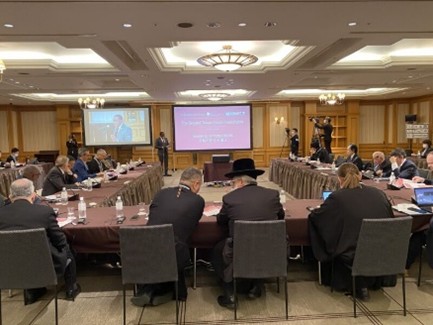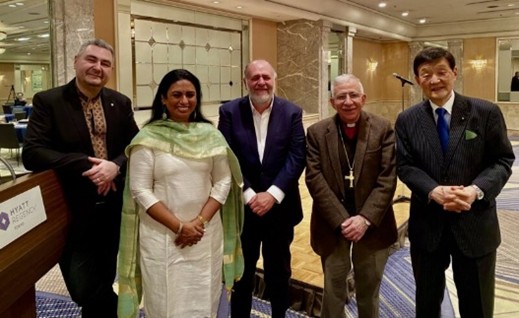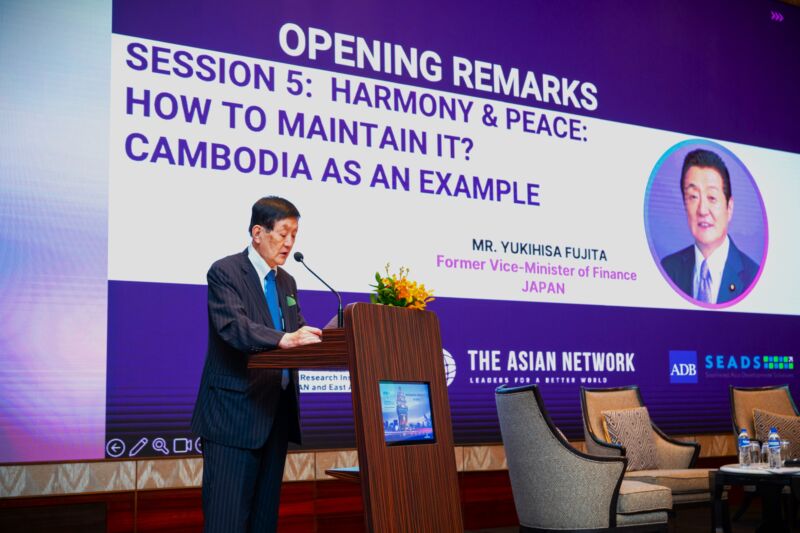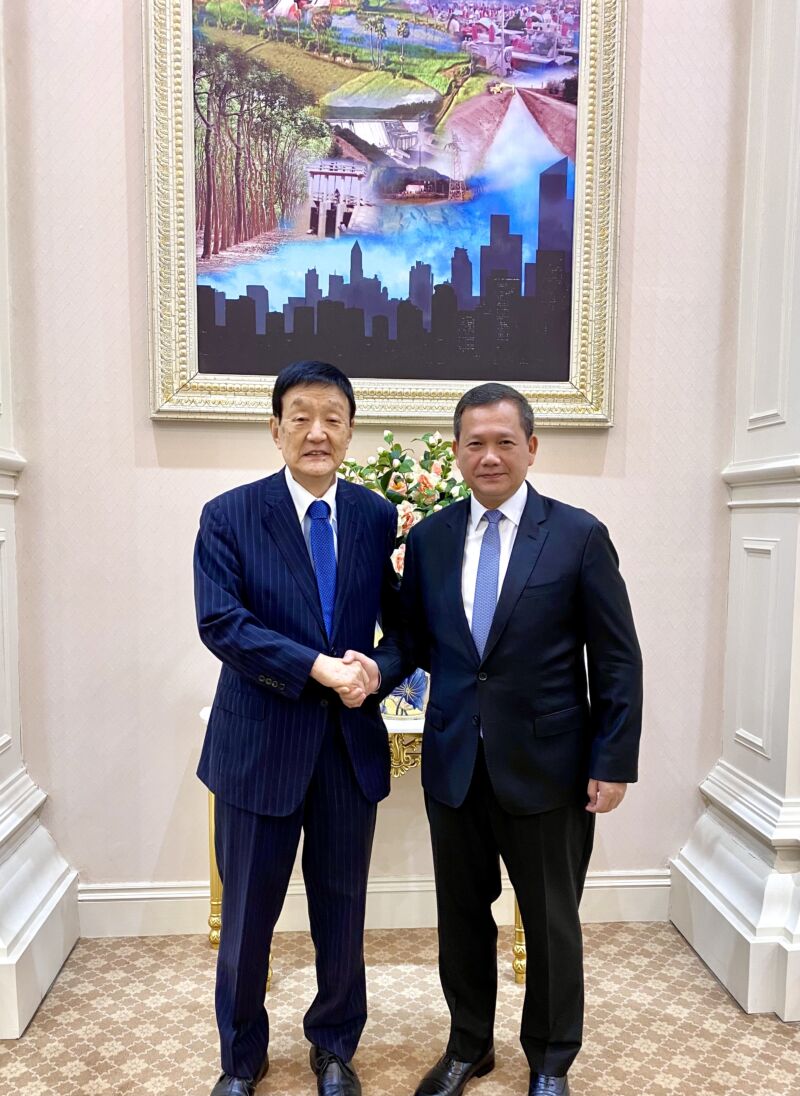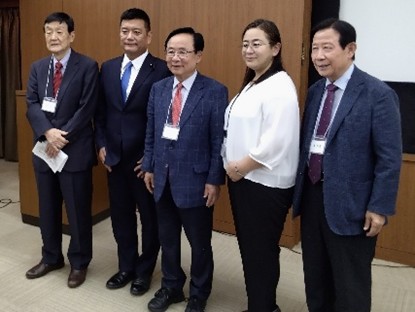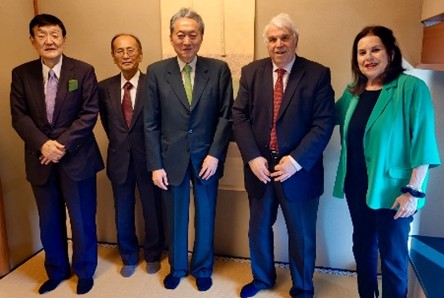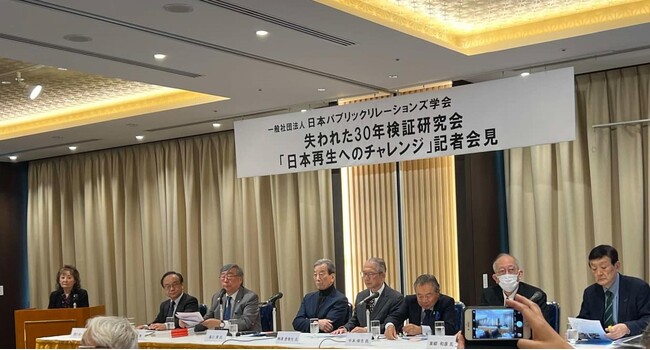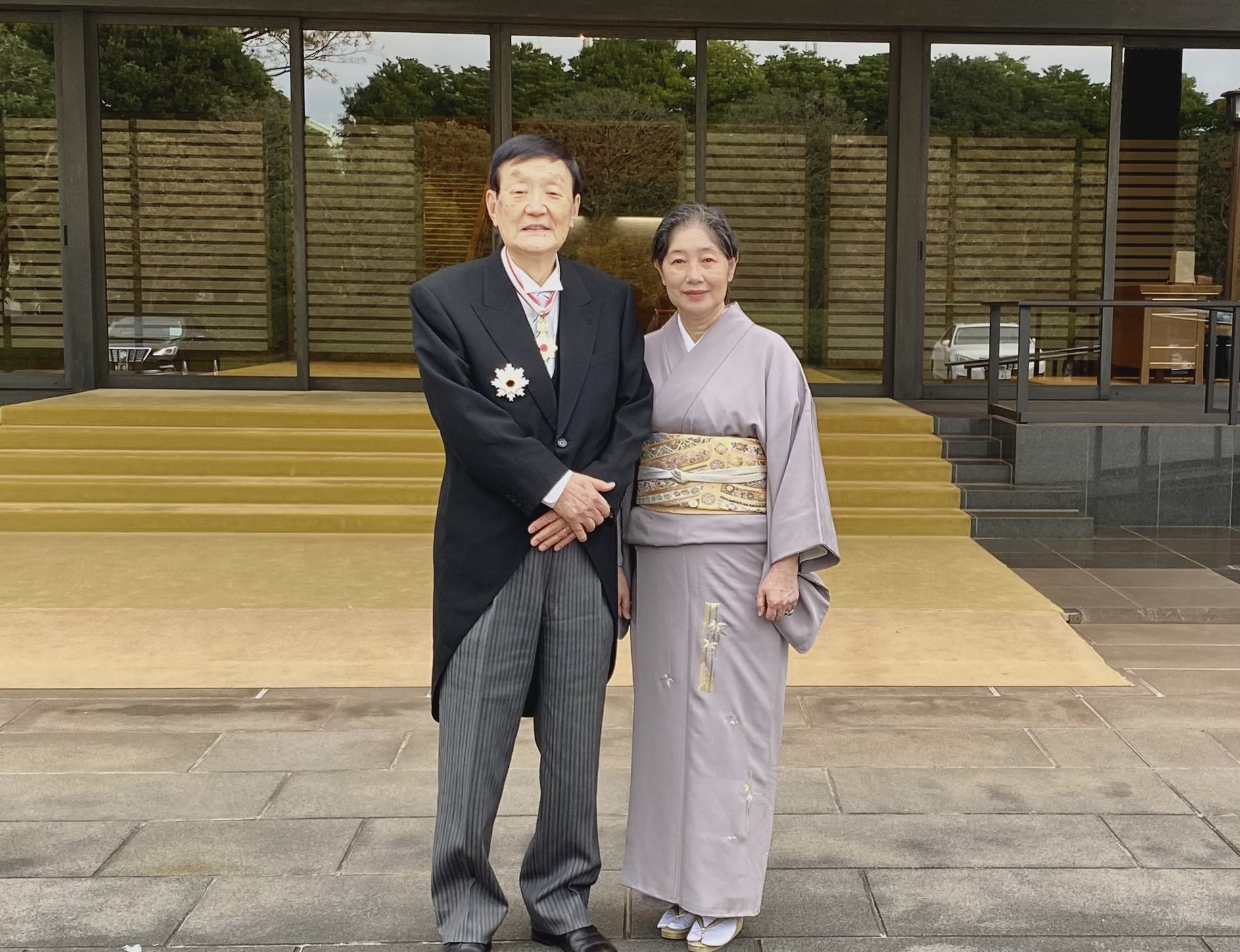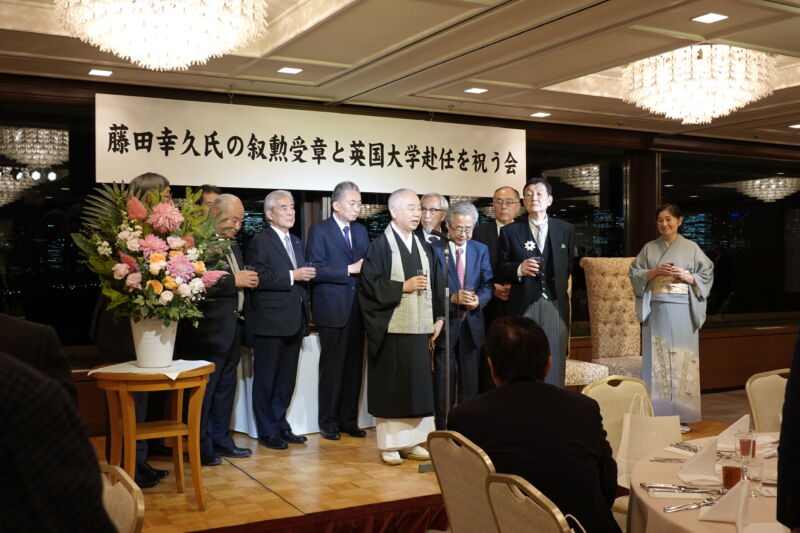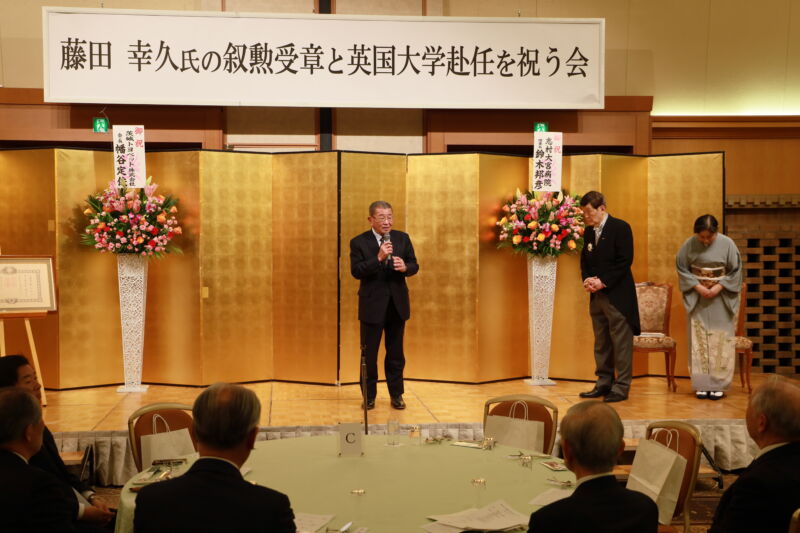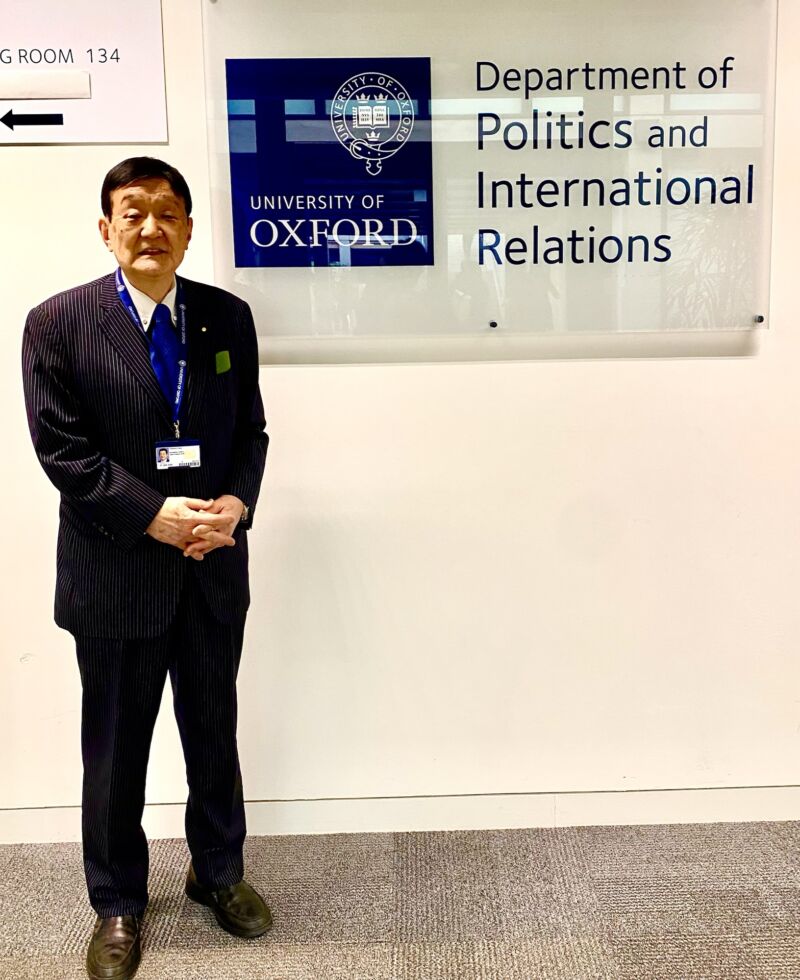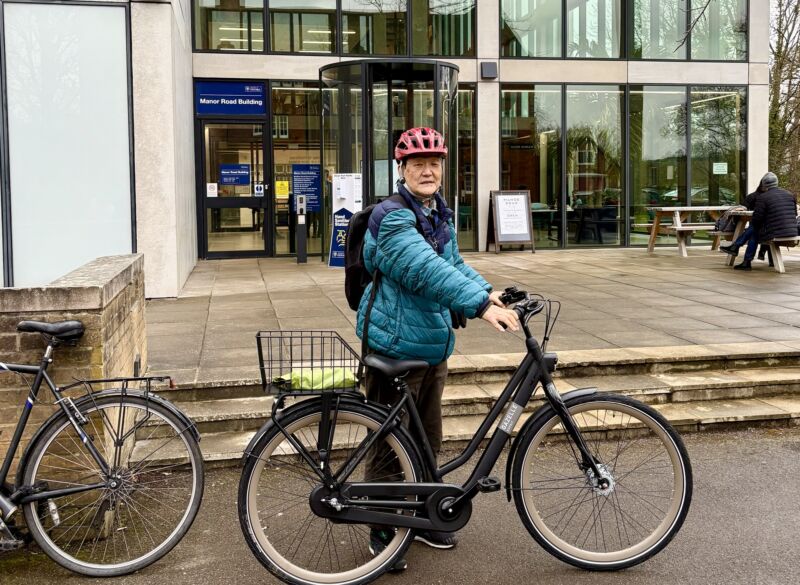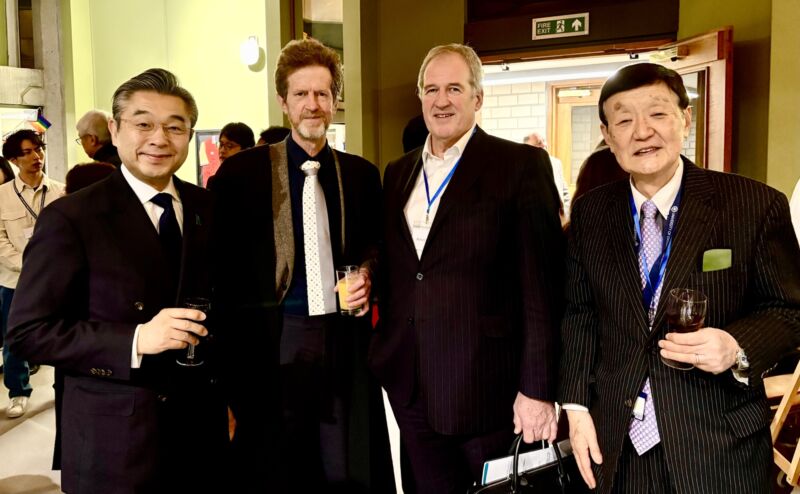YUKIHISA FUJITA
- Visiting Research Fellow, The Department of Politics and International Relations, The University of Oxford (2005 to 2007)
- Former Vice Minister of Finance
- Former Member of the Diet, the Japanese Parliament for 18 years
- Chairman, the International IC (Initiatives of Change) Association of Japan
- Special Researcher, East Asian Community Institute
- Expert Board Member, German Southeast Asian Centre of Excellence for Public Policy and Good Governance
- Visiting Professor, Gifu Women's University
- Founding member, Association for Aid and Relief (First Japanese NGO to help refugees)
- Awarded The Order of the Rising Sun, Gold and Silver Star by the Emperor
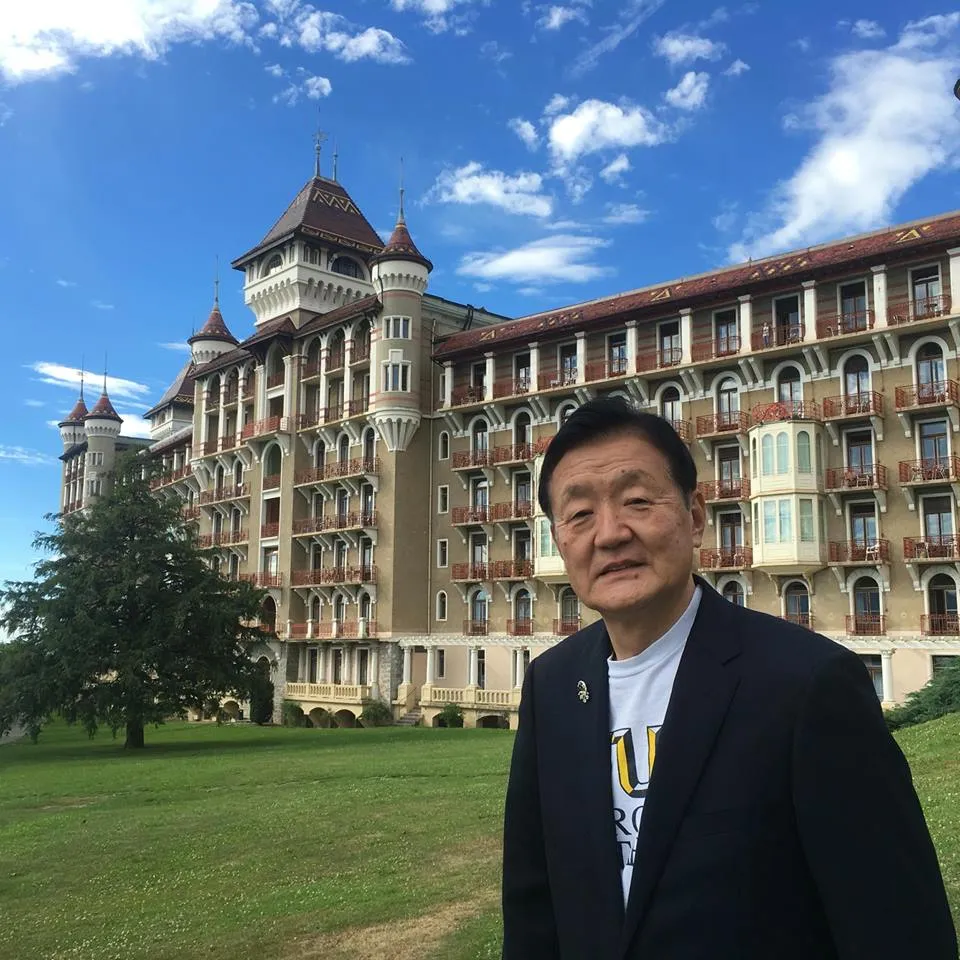
【University of Oxford】
As a Visiting Research Fellow of the University of Oxford, Fujita is researching “Reviving Vanishing Democracy, Particularly in Japan” for a period of two years from February 2025.
【Government】
Between 2011 and 2012, Fujita served as Vice-Minister of Finance under Prime Minister Yoshihiko Noda of the Democratic Party (DP). He drew up the budget for the reconstruction of regions affected by the Great East Japan earthquake and tsunami of 2011, increased medical and nursing budgets, which had not changed for 10 years, and worked closely with the Bank of Japan.
【Parliament】
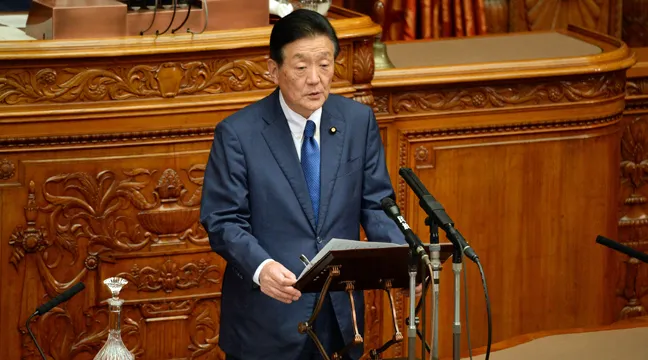
Between 1996 and 2019, Fujita was elected to seats in both the Lower House and the Upper House. He was a Shadow Foreign Minister in 2017 and the Director General of the International Department of the Democratic Party on five occasions.
〇 In 2014, Fujita established a parliamentarian group to support the World Conference of Religion for Peace (WCRP, or Religion for Peace). The organisation helped reconciliation efforts between Buddhists and Muslims in south Thailand in 2013, between Islamic leaders of various sects from the Middle East, and between religious leaders from Myanmar during talks in Tokyo in 2016. Fujita also oversaw Peace Round Table talks in Tokyo in 2022 and 2024 between religious leaders from Ukraine, Russia, Turkey and Syria, with representatives of Palestine and Israel also attending.
〇 Since 2009, Fujita has been instrumental in a Japanese government initiative to invite former American Prisoners of War (POWs) to visit Japan annually. He has also helped other conflict victims, including atomic bomb victims, former Japanese detainees in Siberia, the Chinese foster parents of Japanese war orphans, Class-B and Class-C war criminals from the Korean Peninsula and the families of victims of crimes, including those affected by the 9/11 attacks in the United States.
〇 Between 2004 and 2010, Fujita took part in disaster rescue work in the aftermath of earthquakes and tsunami in Indonesia, Sri Lanka, Pakistan and Haiti.
〇 In 1999, Fujita helped to create a DPJ office in Macedonia to help Kosovo refugees and a second office in Kabul to help Afghanistan refugees in 2002.
【NGO activities】
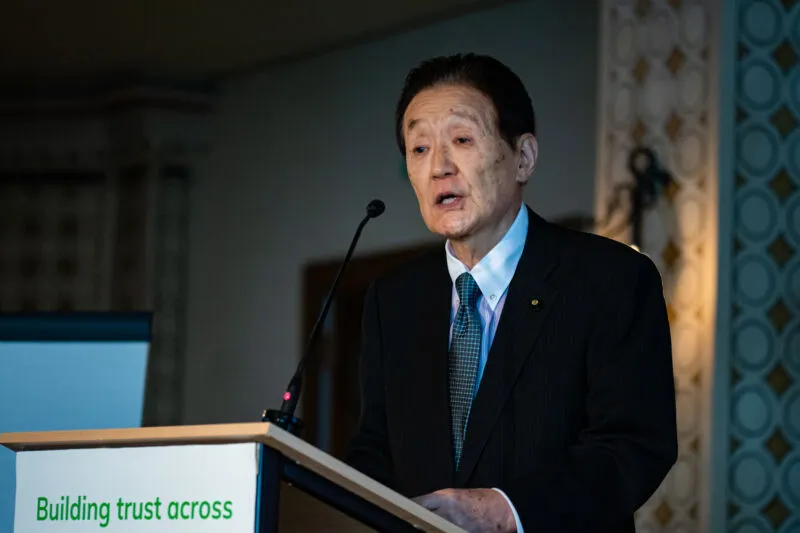
〇 In 1975, Fujita participated in Moral Re-Armament (MRA), a UN-recognised NGO that helped post-war Franco-German reconciliation. He joined an MRA group, Song of Asia, with 50 young people from Asia and the Pacific to travel to 14 countries over two years. With MRA, he was involved in conflict-resolution work, mainly in Asia and between labour groups and management in Japan.
〇 In 1986, when Europe, Japan and the US were on the brink of a trade war, he helped launch the Caux Round Table (CRT), bringing together business leaders from those areas to the MRA centre at Caux, Switzerland for dialogue. In 1994, the CRT published a set of Principles for Business. Since 2022, he has served as chairman of the International IC (Initiatives of Change) Association of Japan. MRA changed its name to IC in 2001.
〇Since 1979, Fujita has provided assistance to the Association for Aid and Relief (AAR), the first Japanese NGO to help refugees. He launched AAR refugee projects in Cambodia in 1980 and in Zimbabwe and Zambia in 1984. AAR has provided help in 65 countries and is presently operational in 18 countries.
【Education】
〇Graduated from the Faculty of Philosophy, B.A. Keio University, 1975
〇Taught Japanese politics and economics, conflict resolution and NGO activities at Yokohama National University, Seigakuin University and Gifu Women's University as a visiting professor.
〇Has visited 53 countries and stayed in the homes of nearly 200 families.
Born in Hitachi, Ibaraki Prefecture, Japan, in 1950
【Award】
The Order of the Rising Sun, Gold and Silver Star by the Emperor
Updated: April 2025
E-mail : [email protected]
